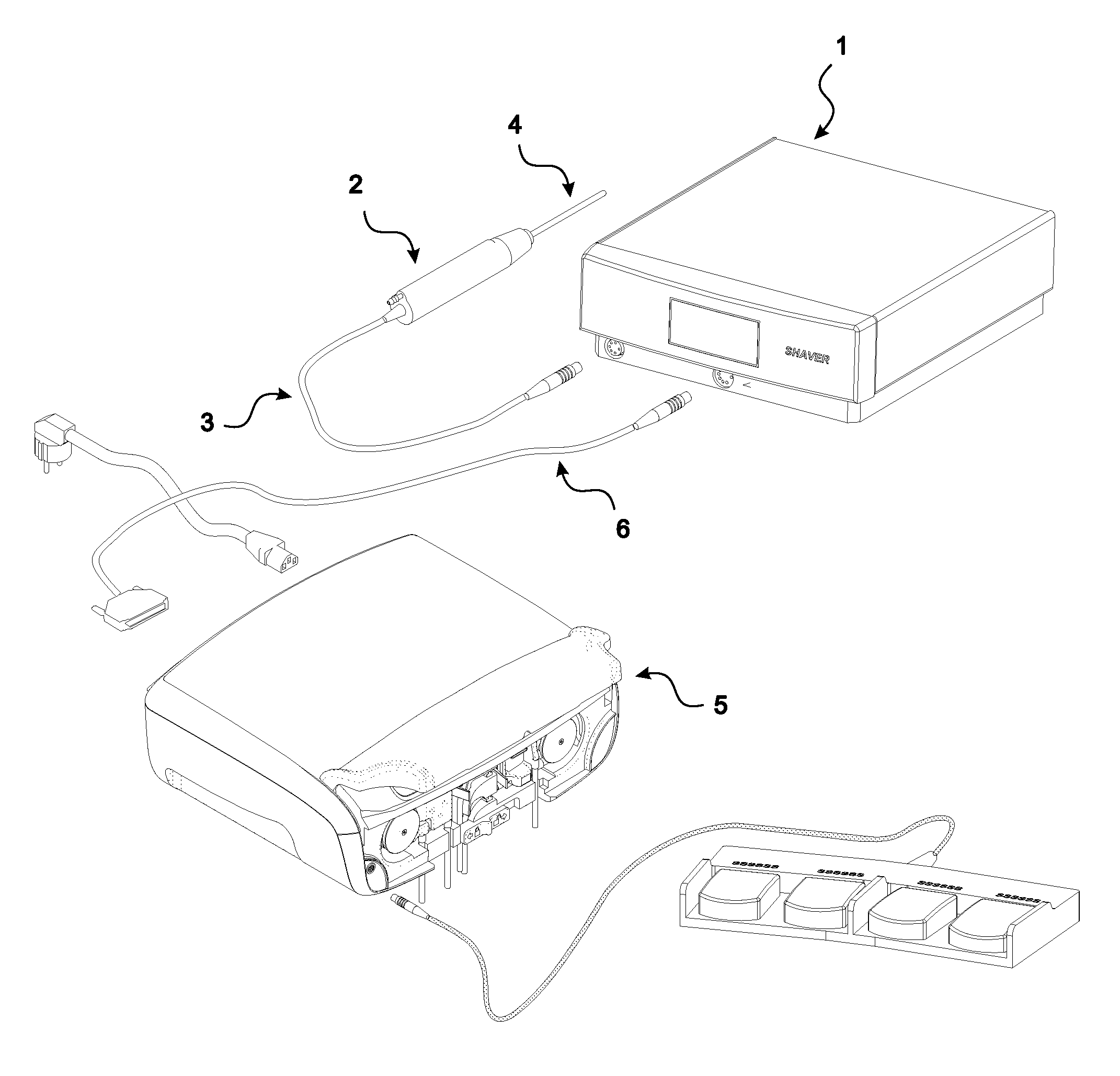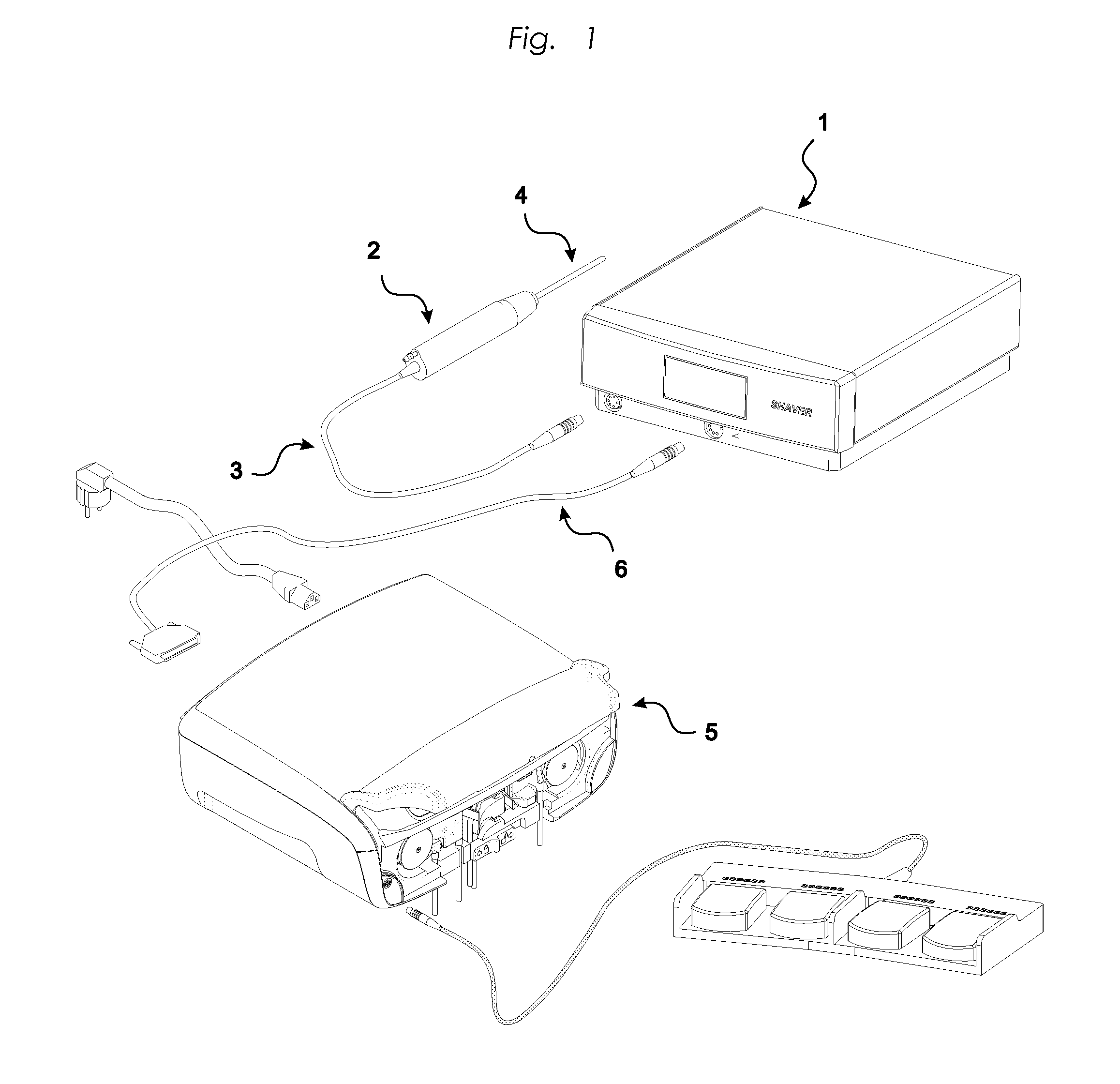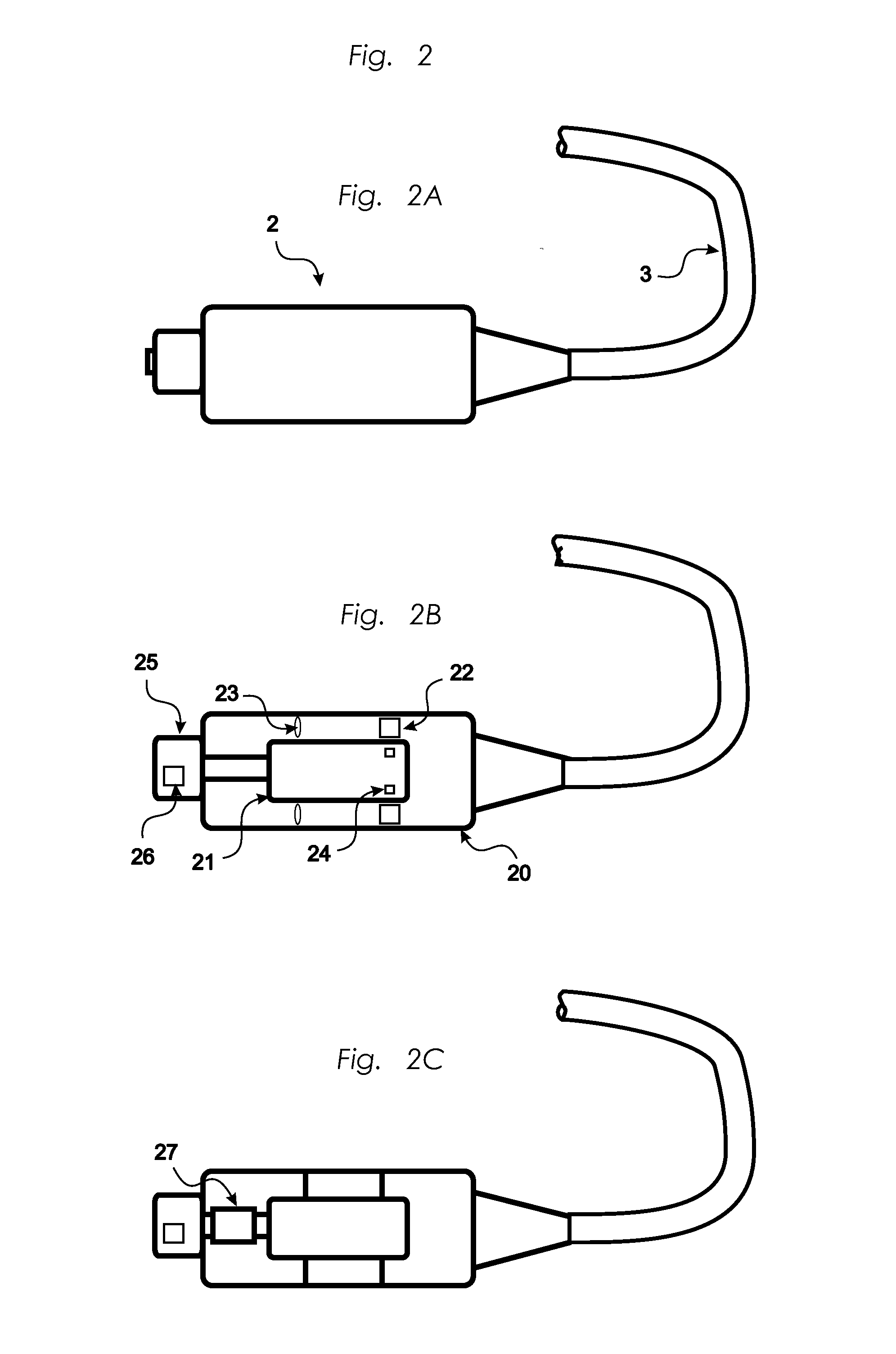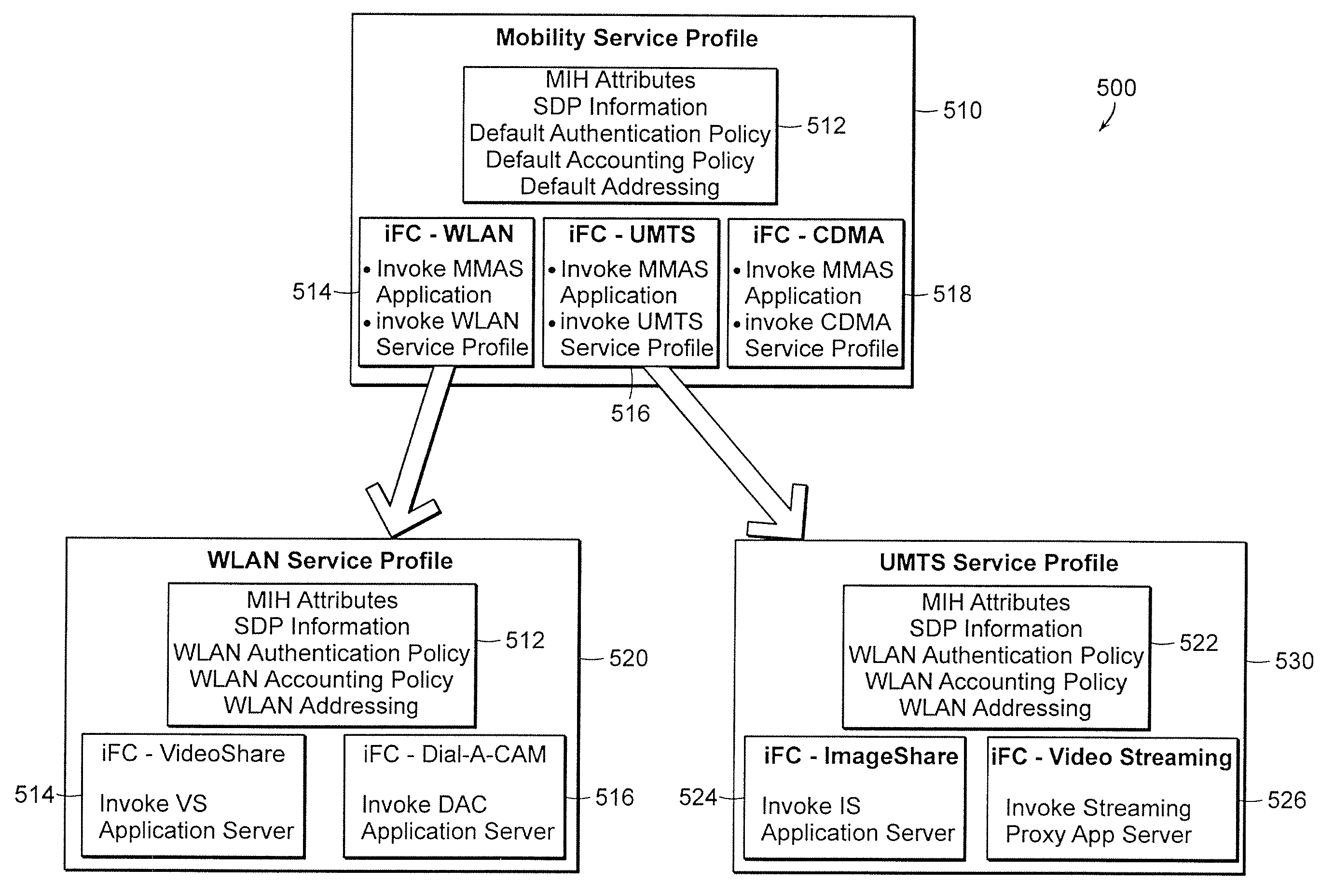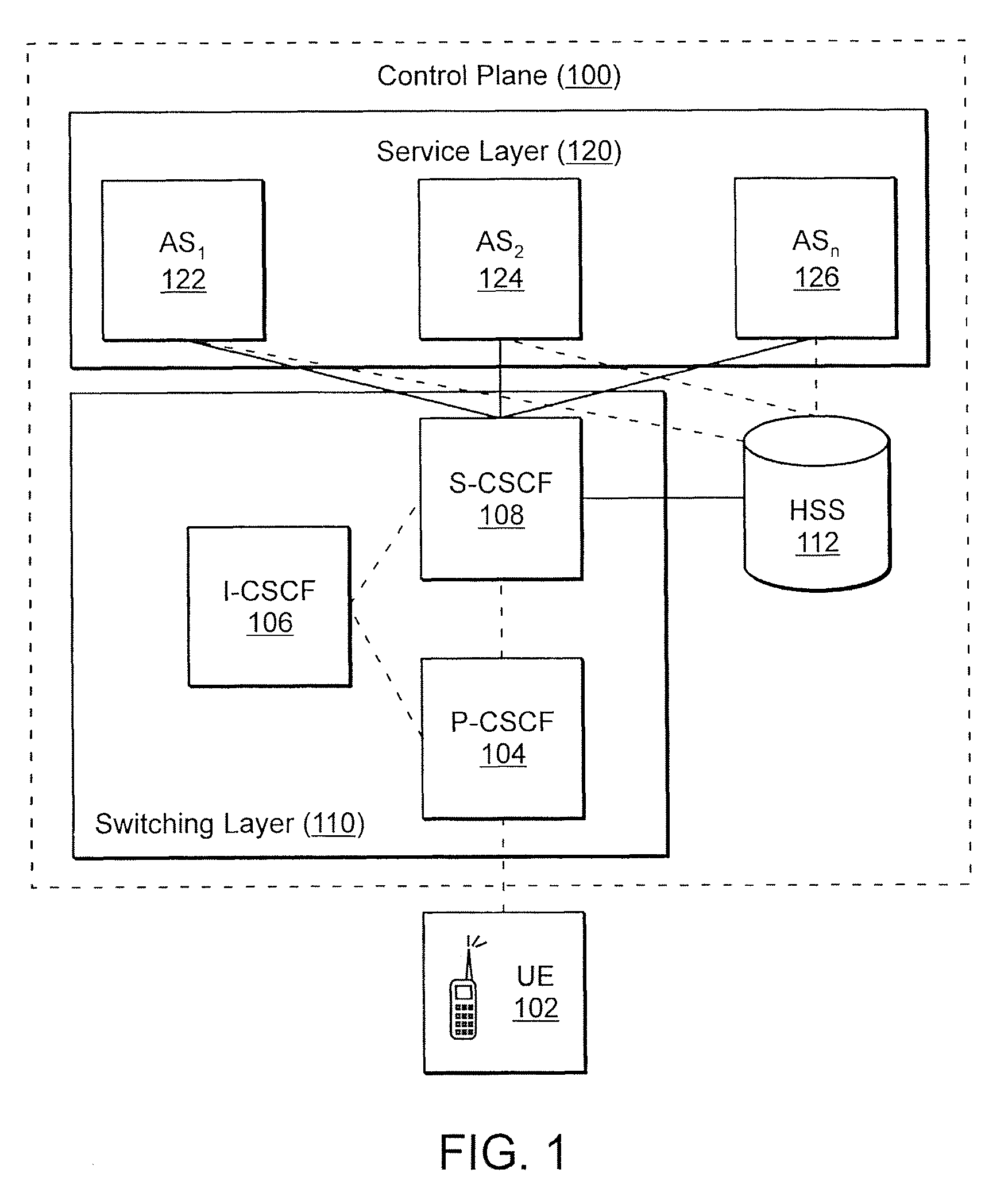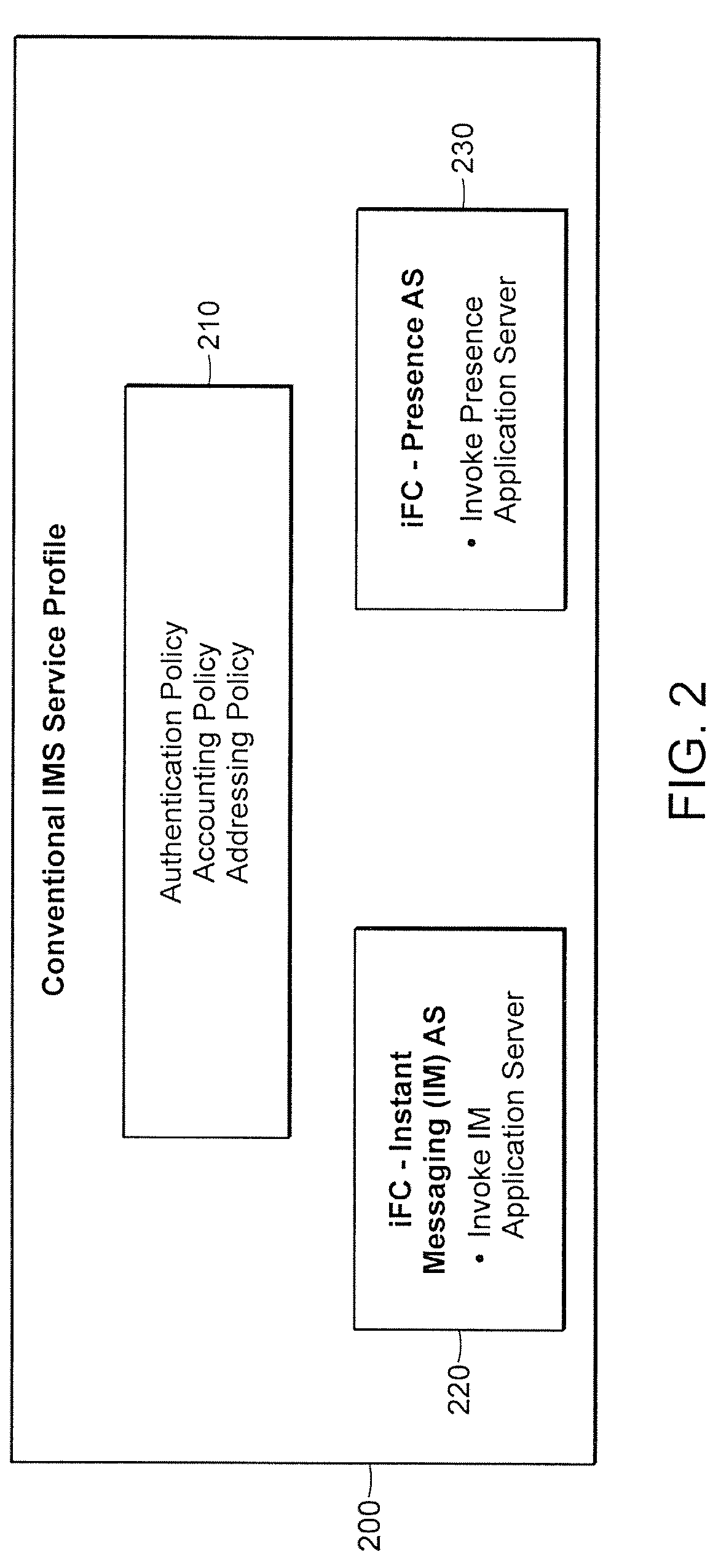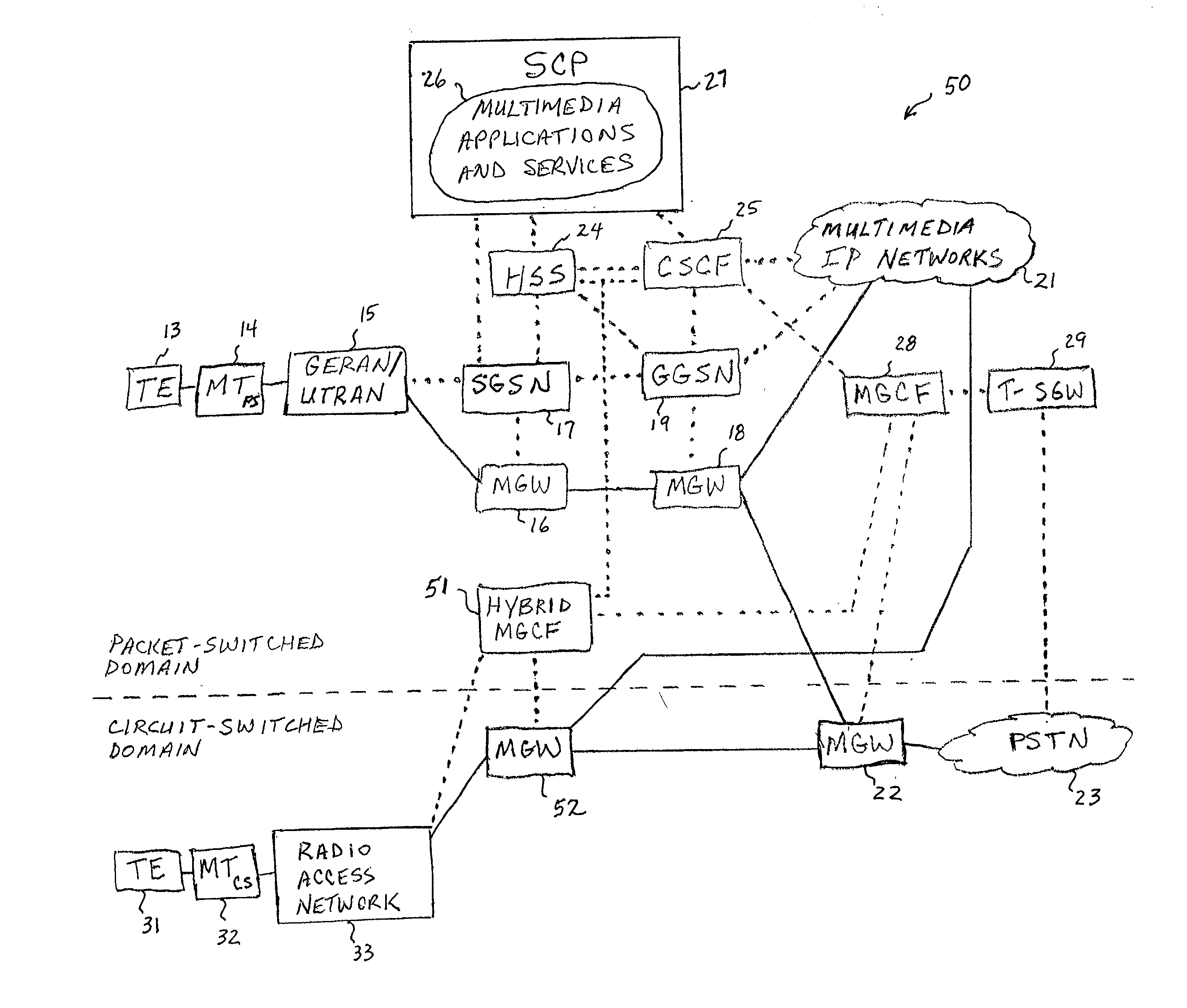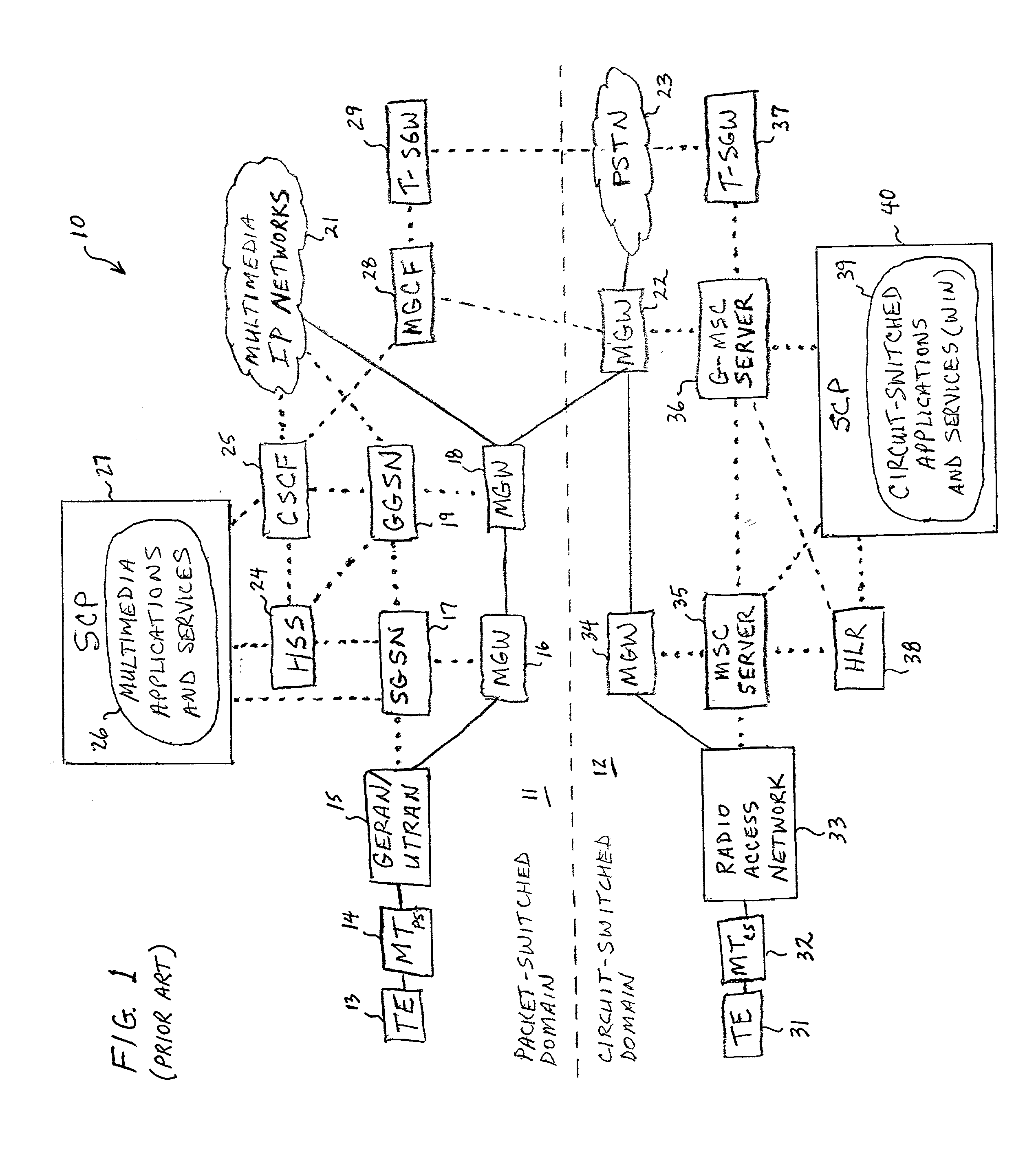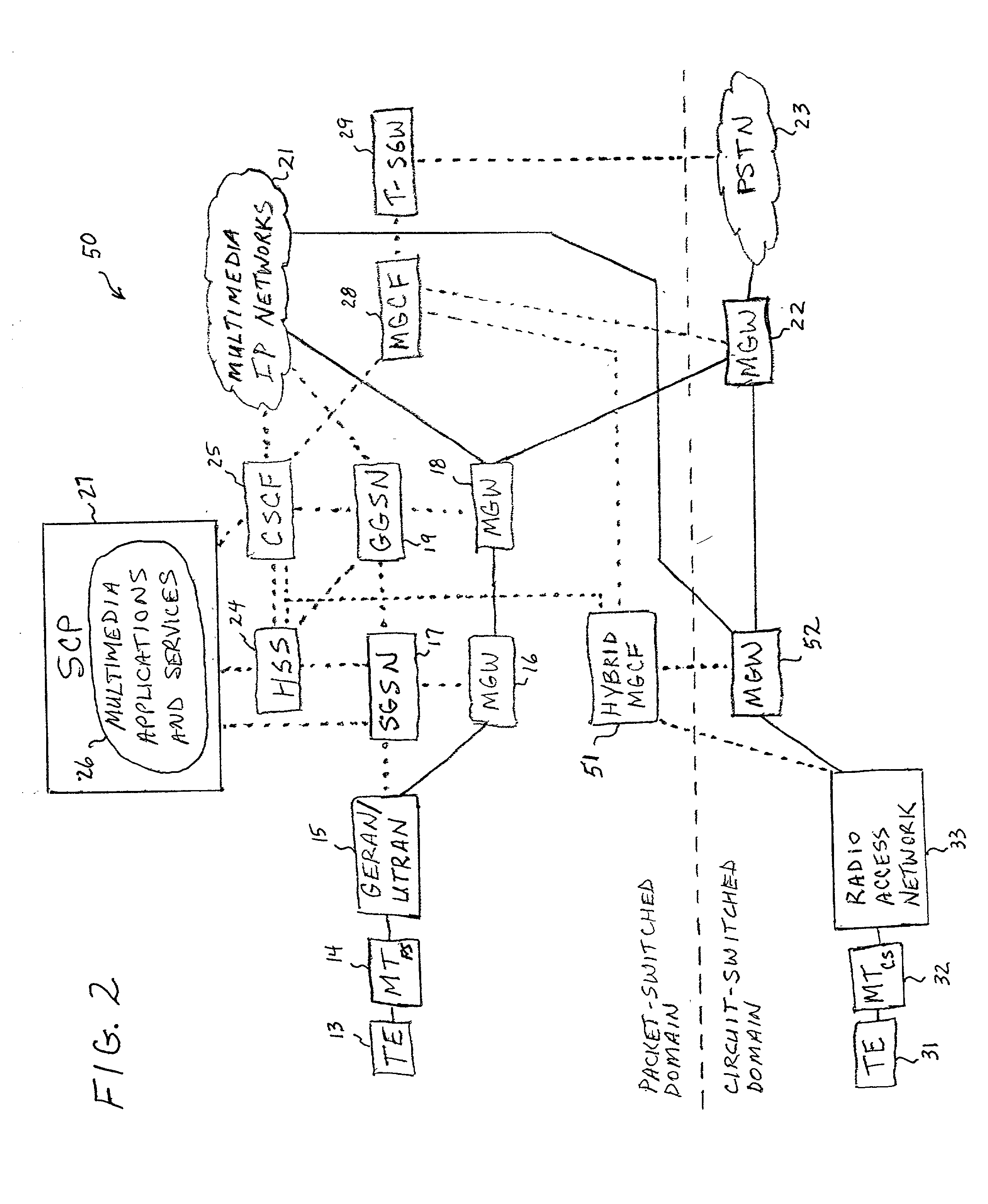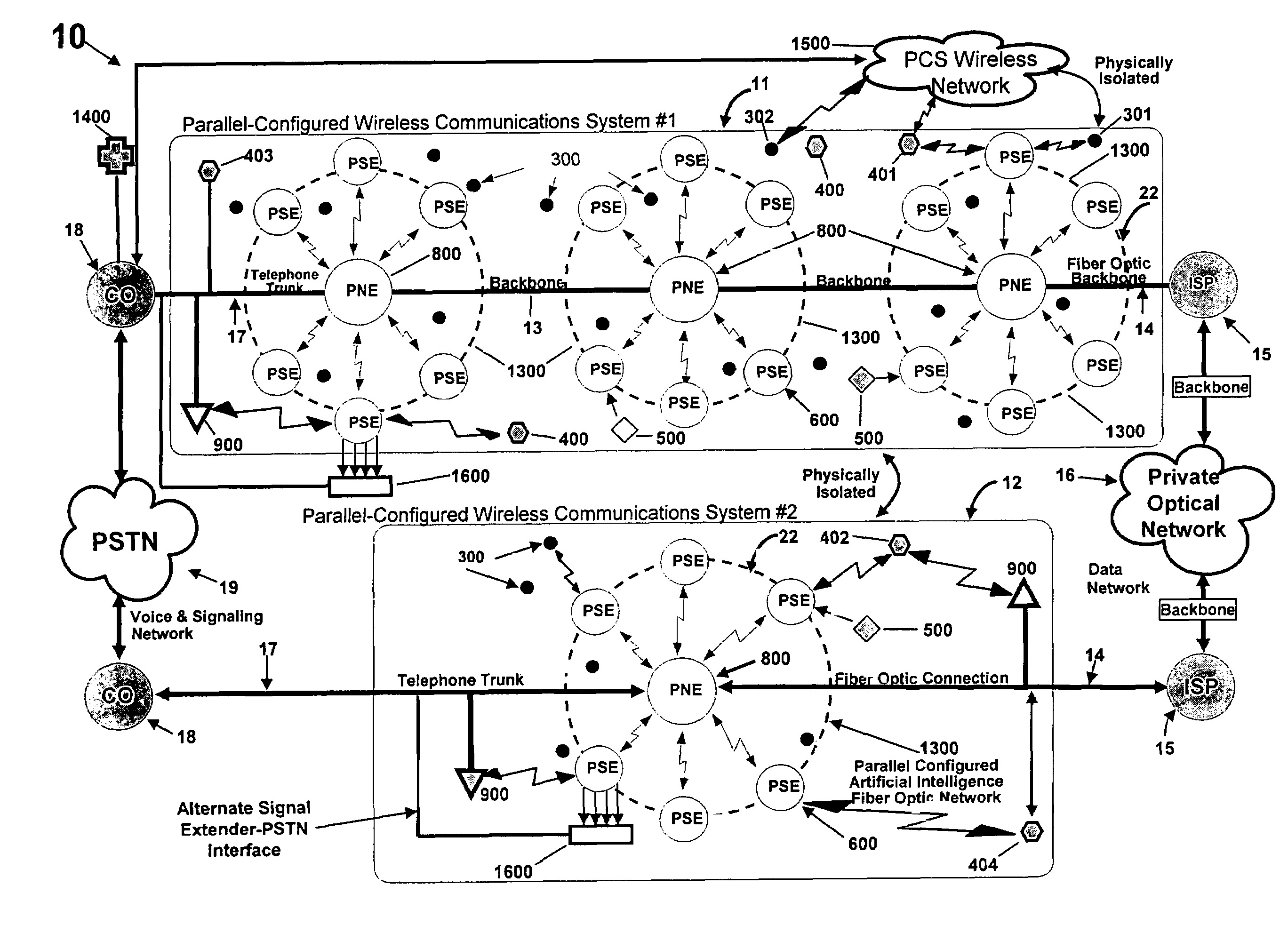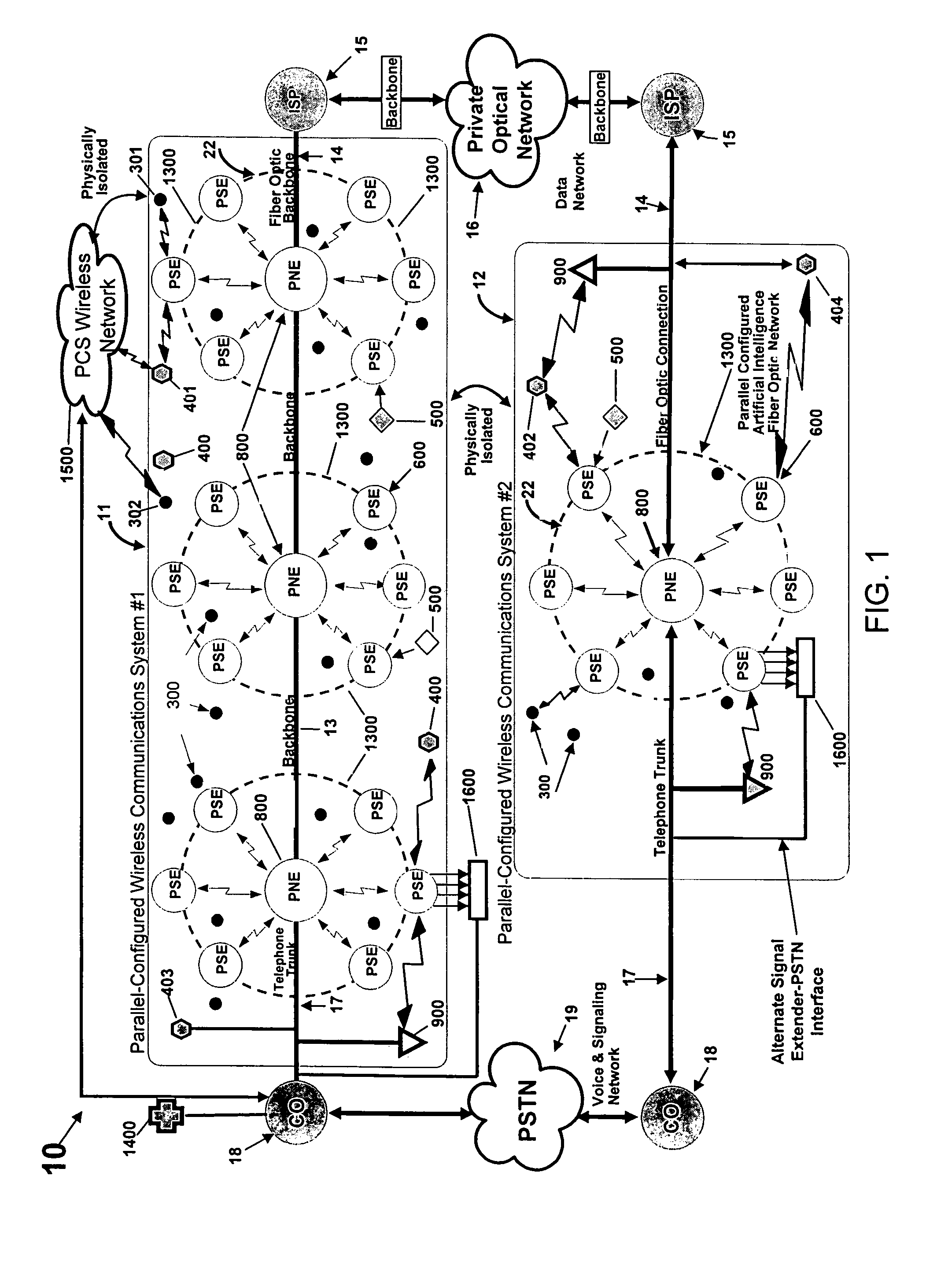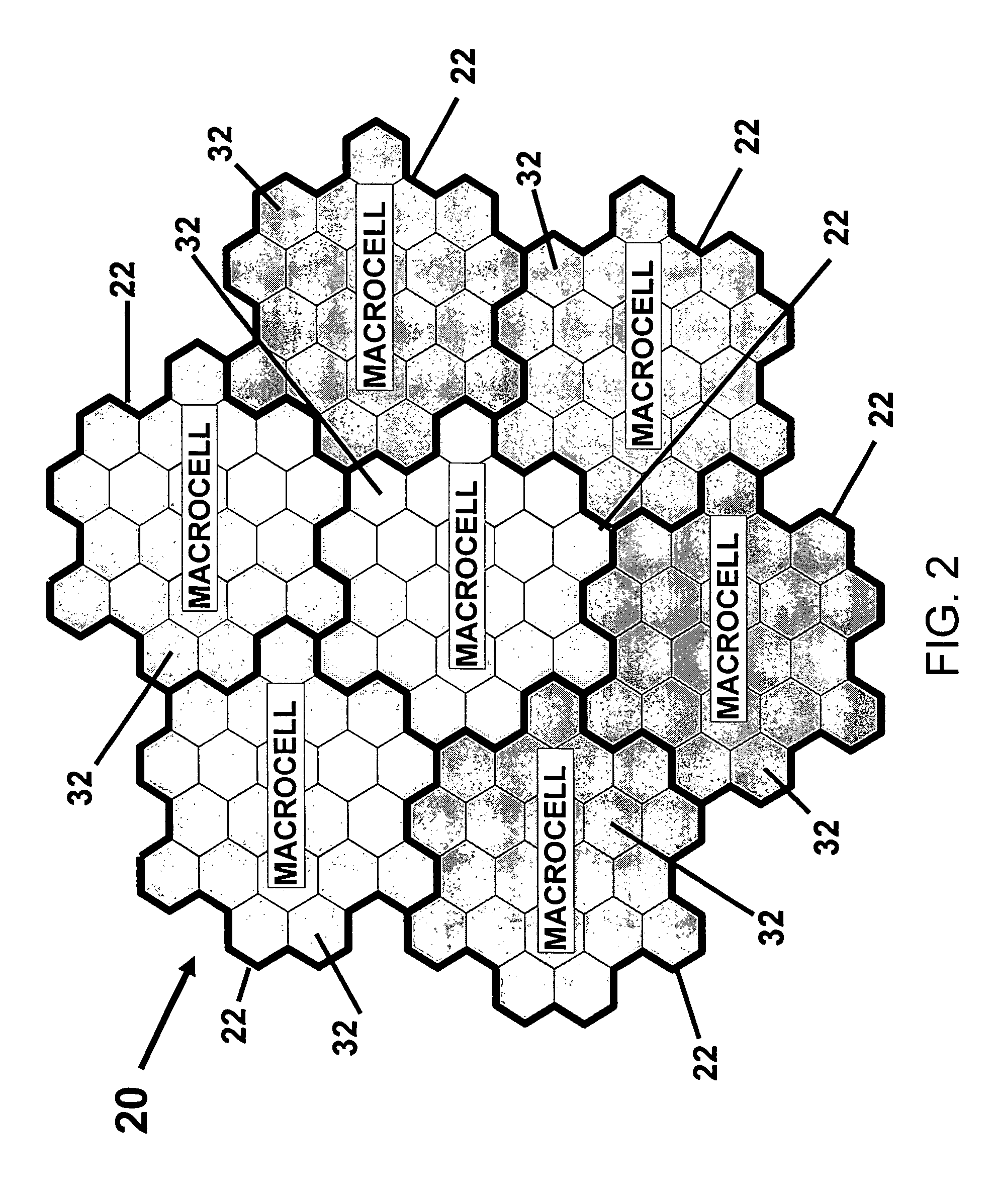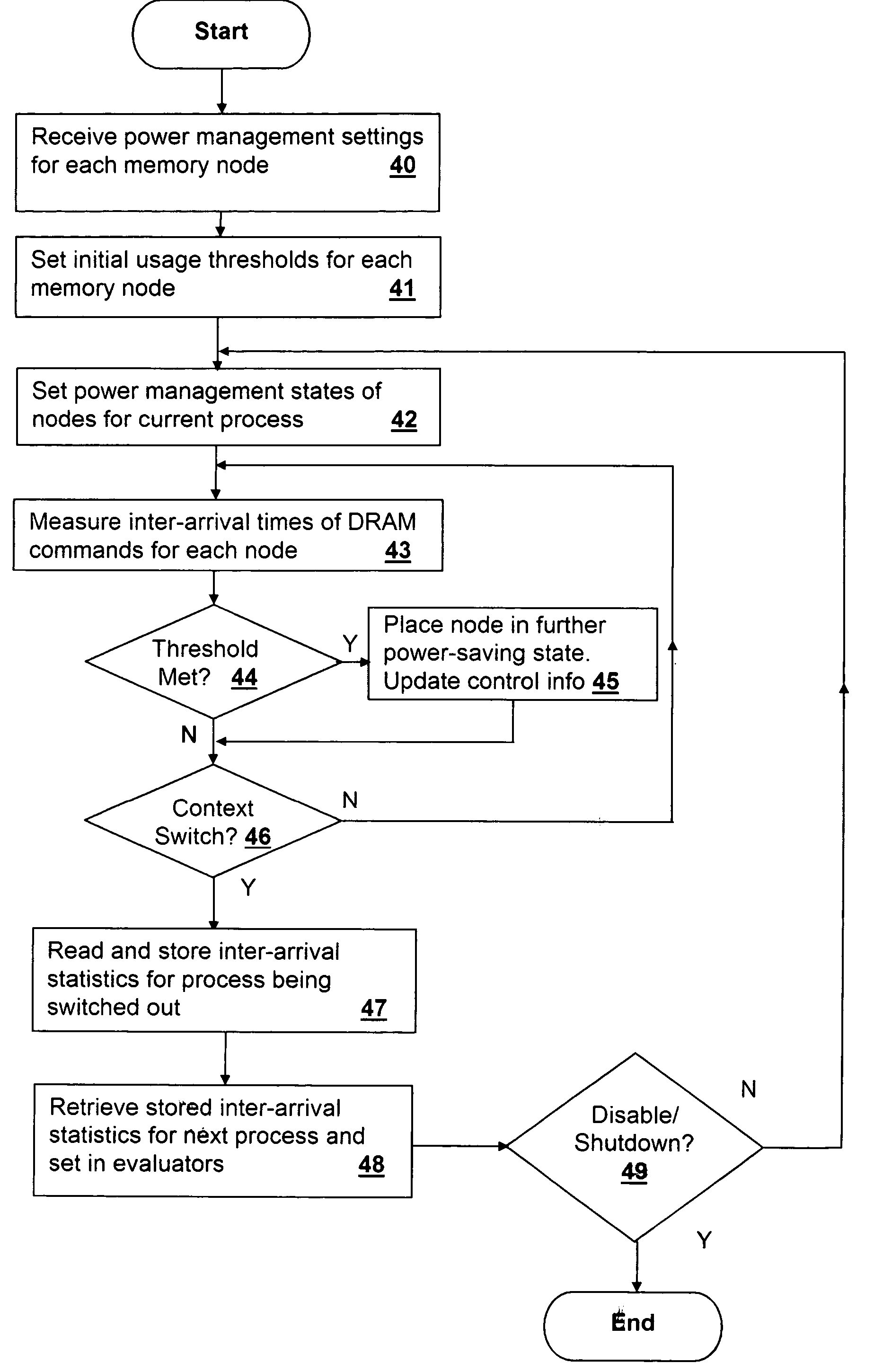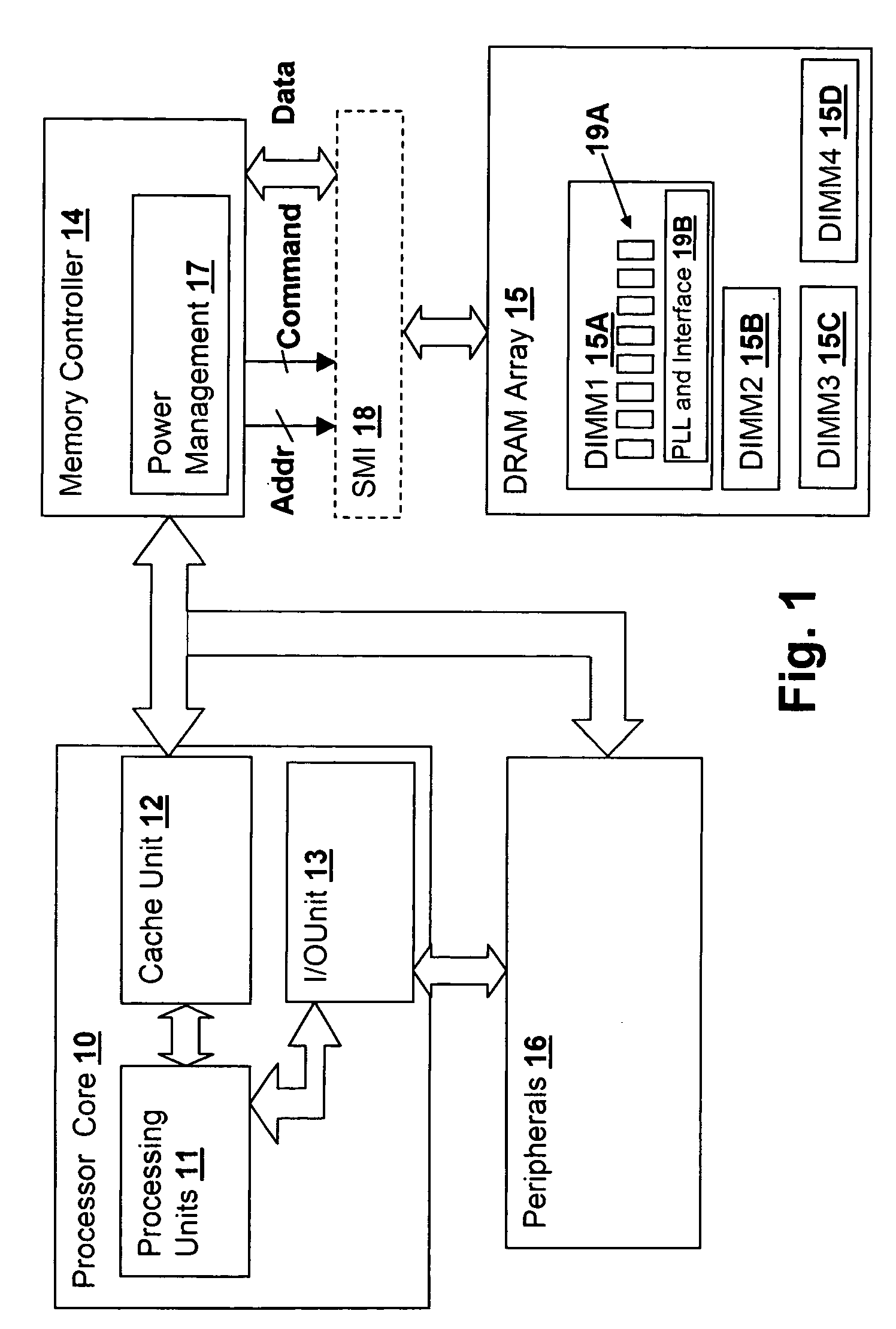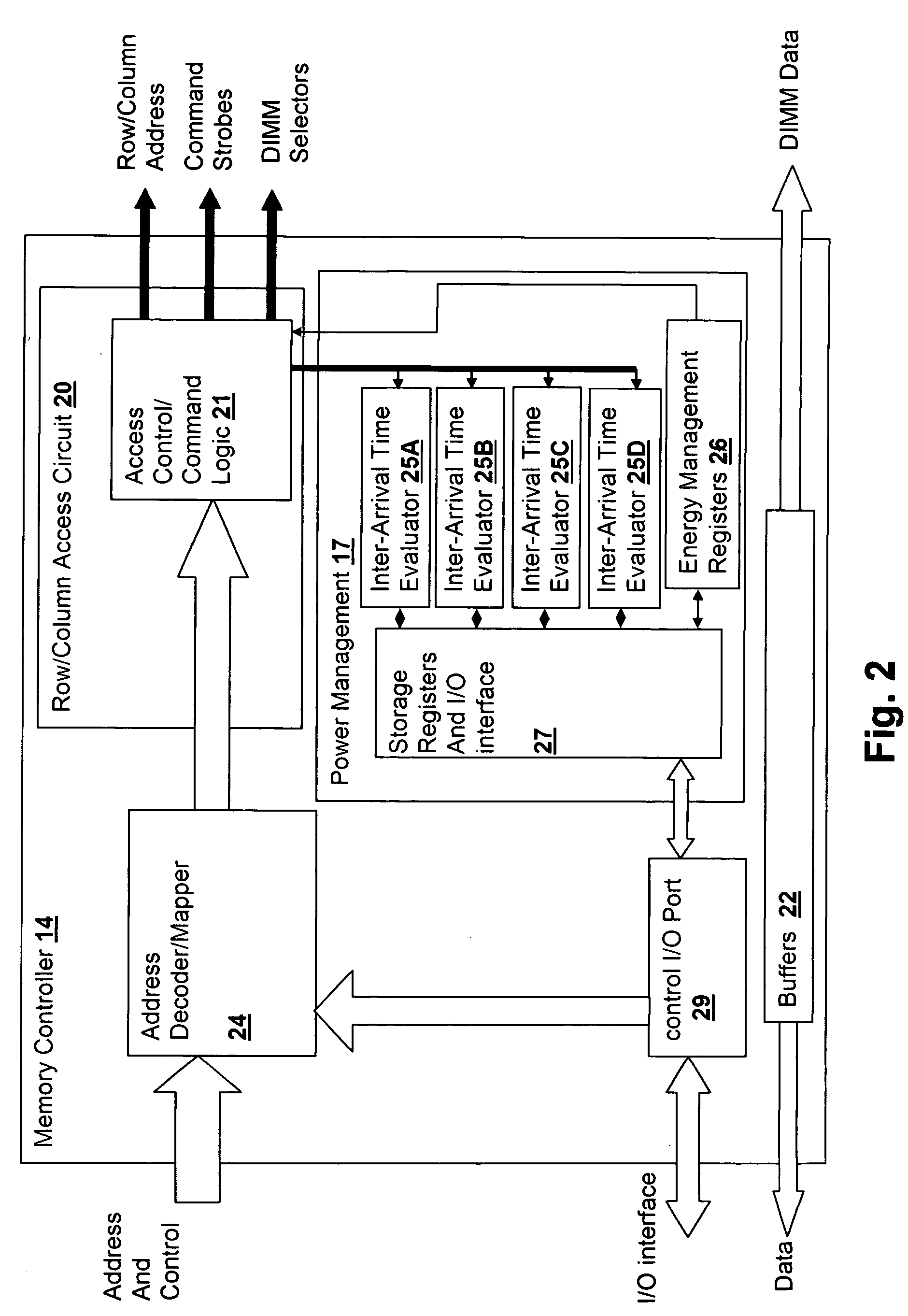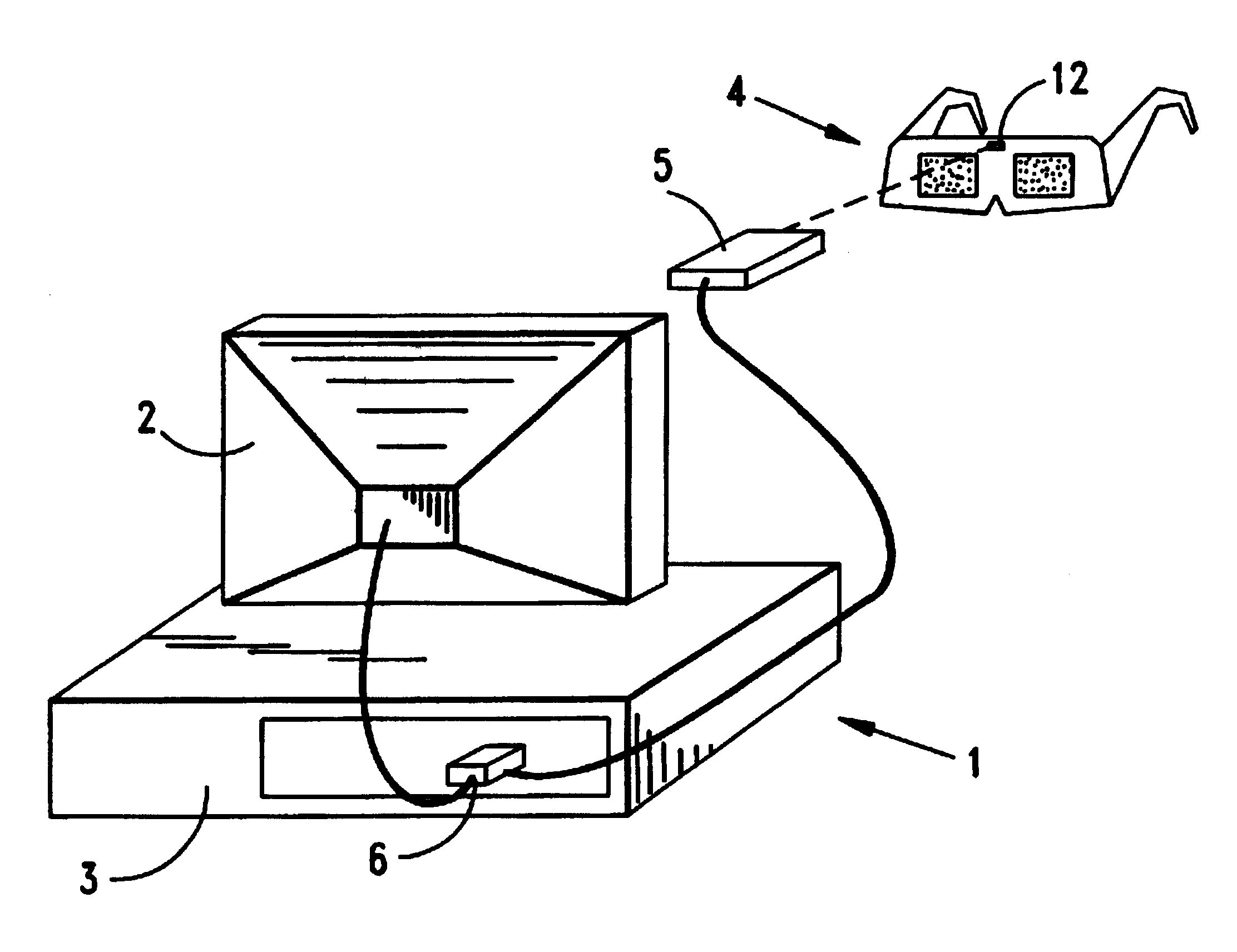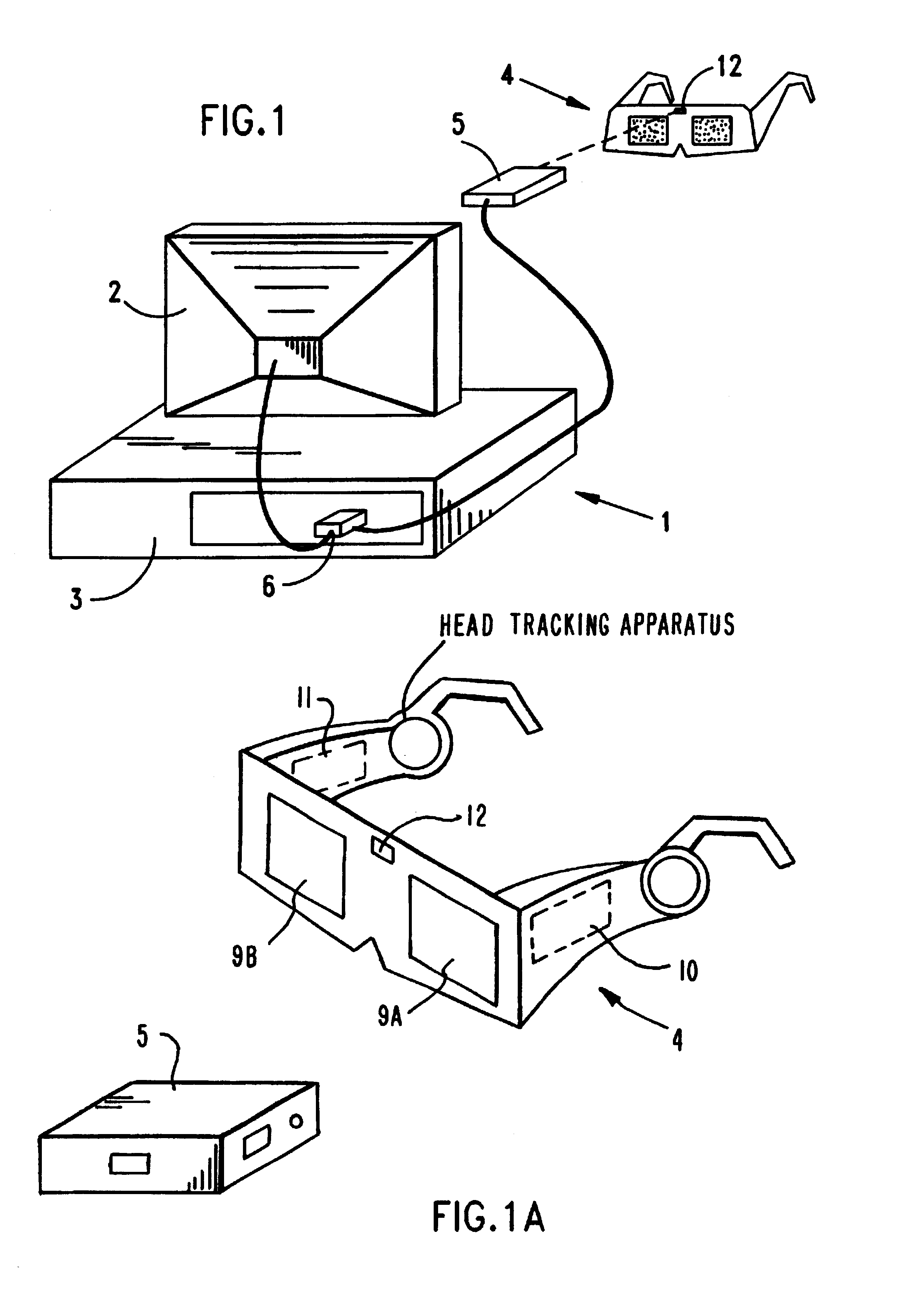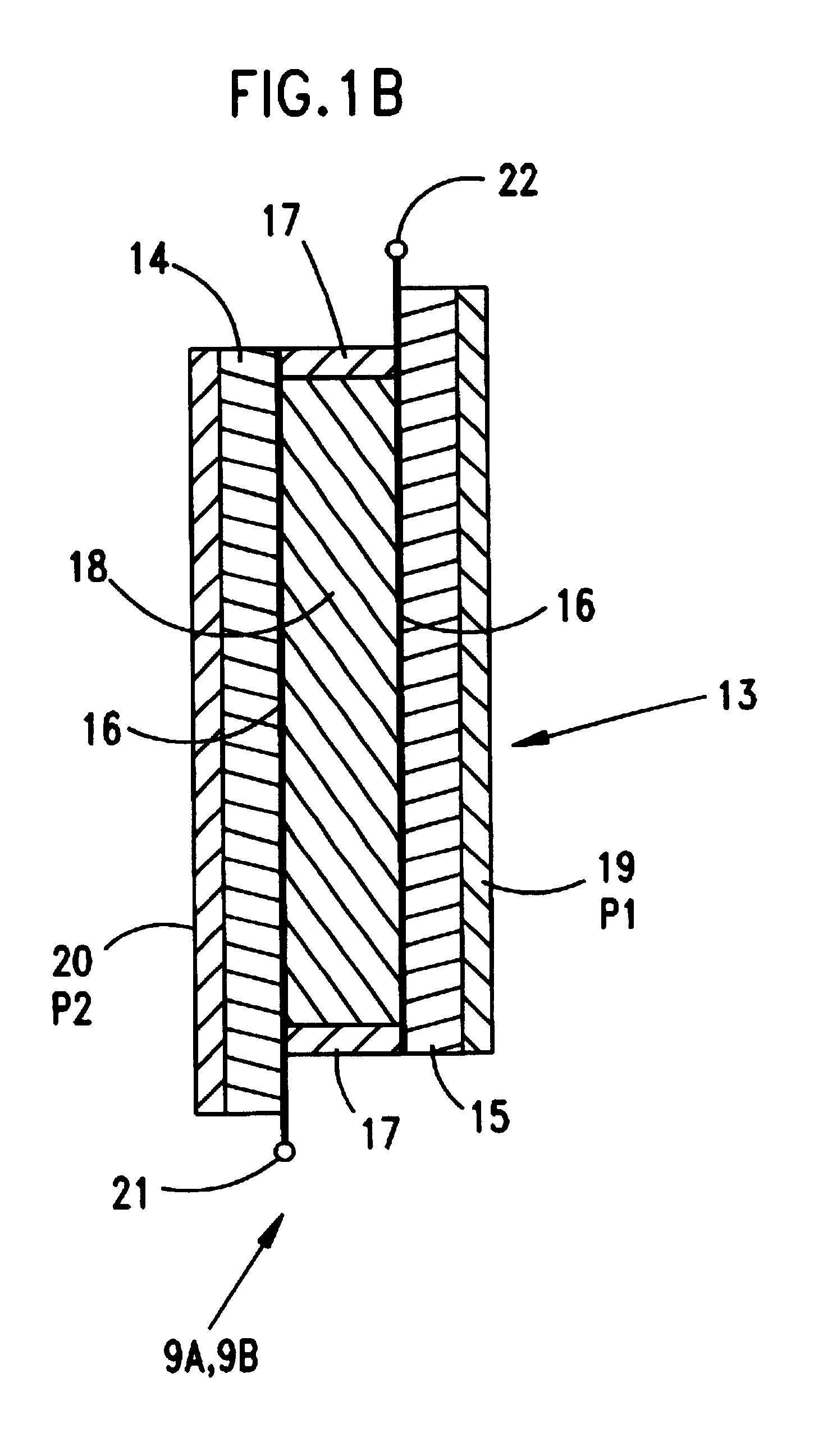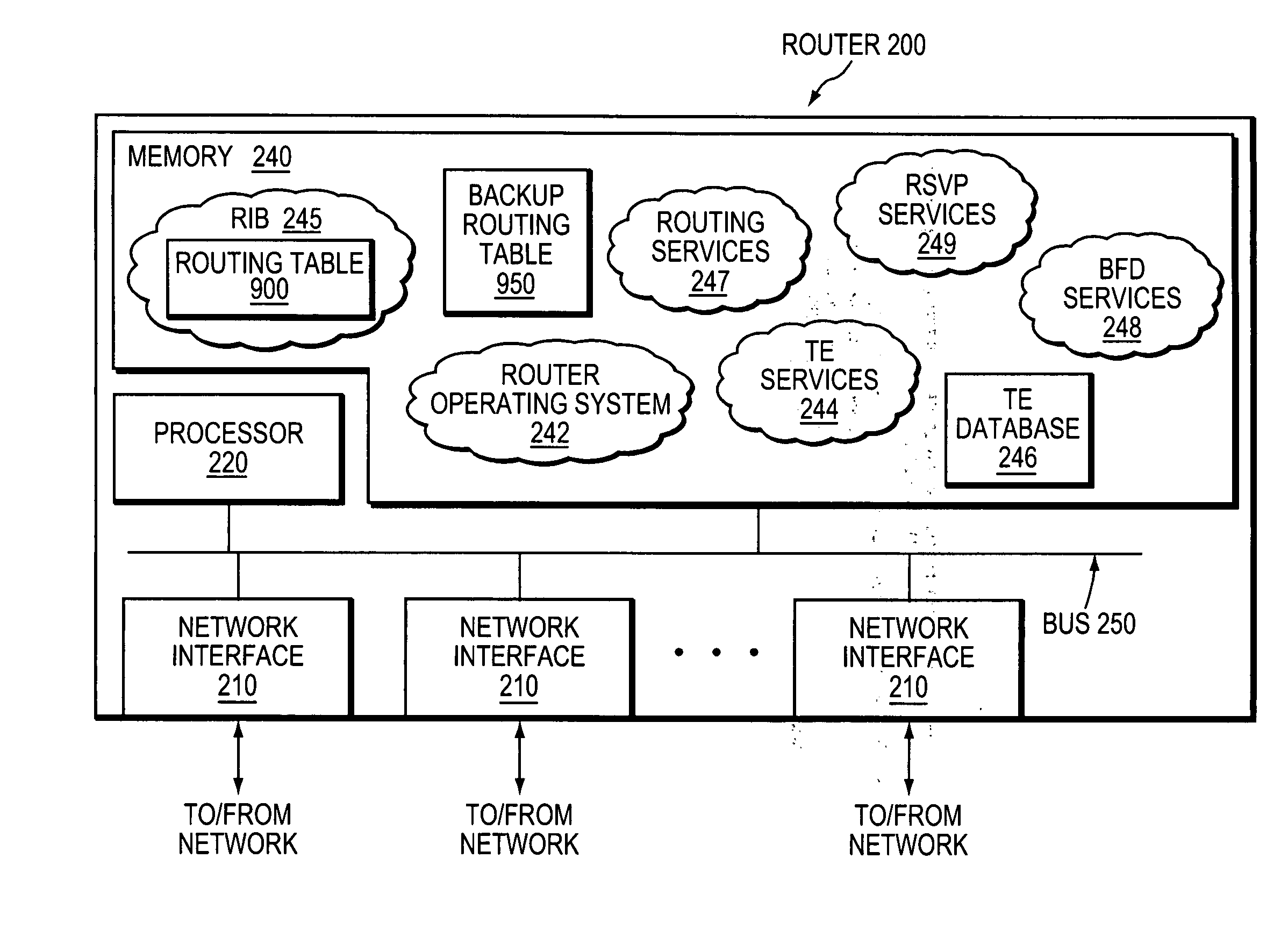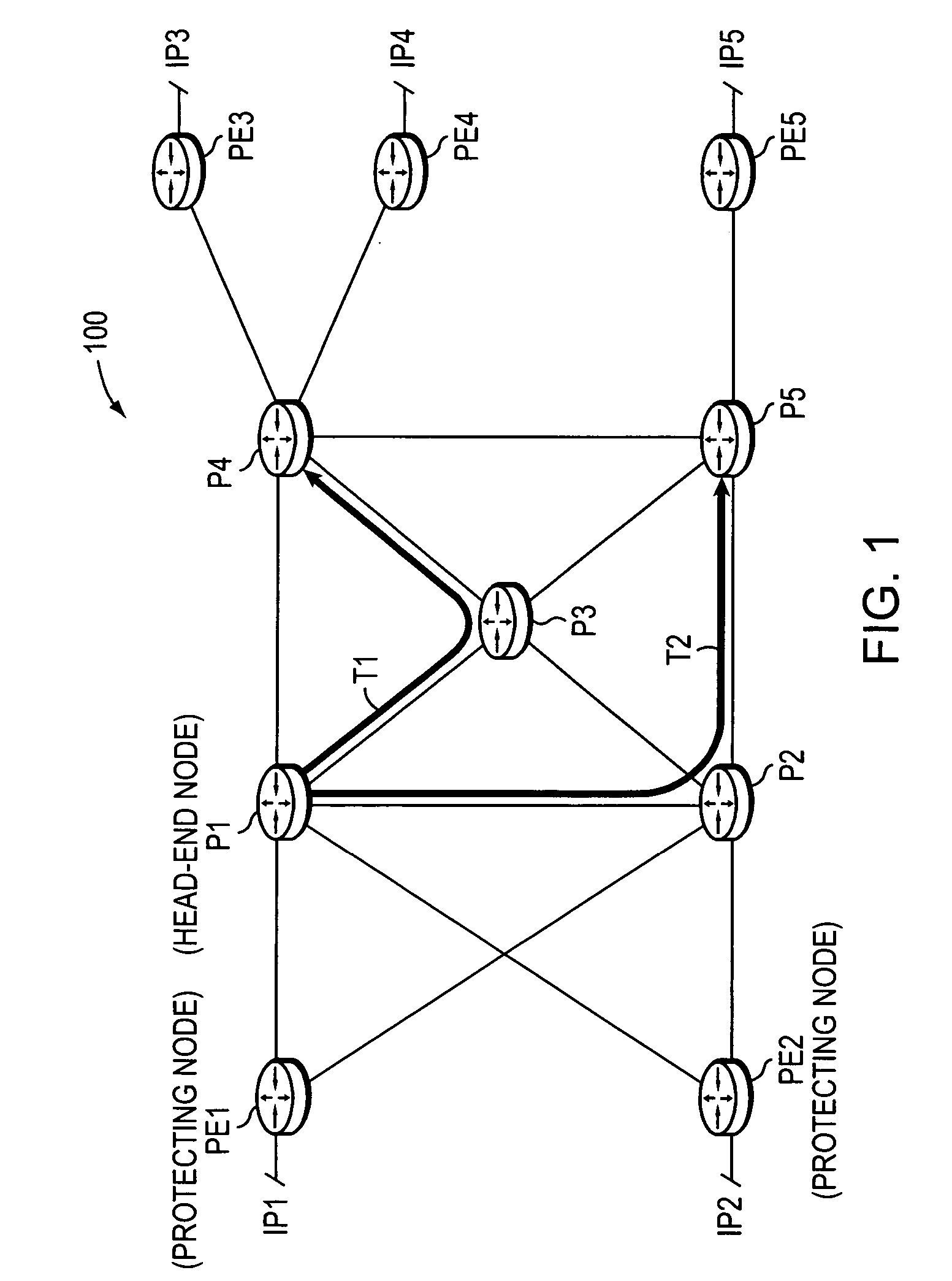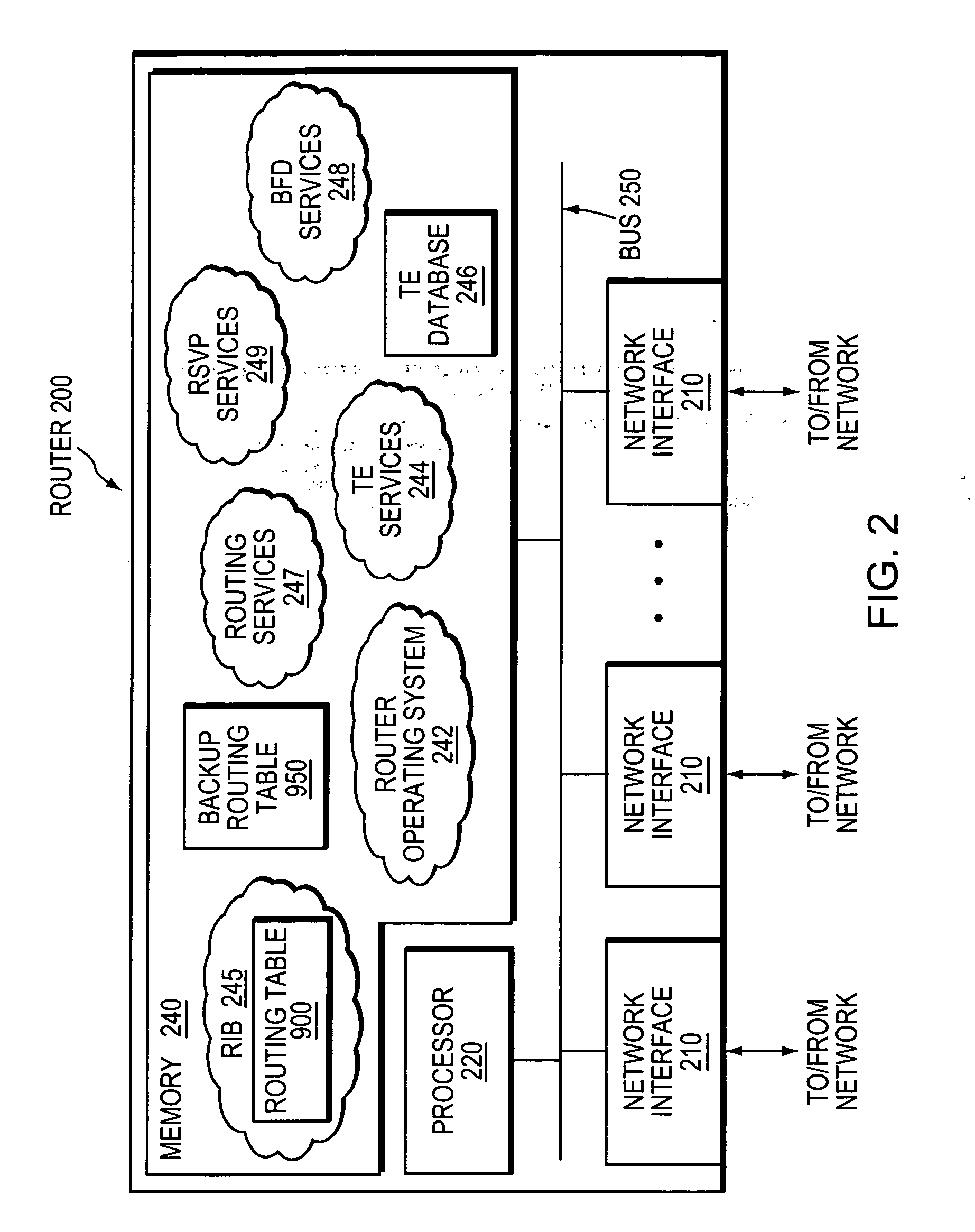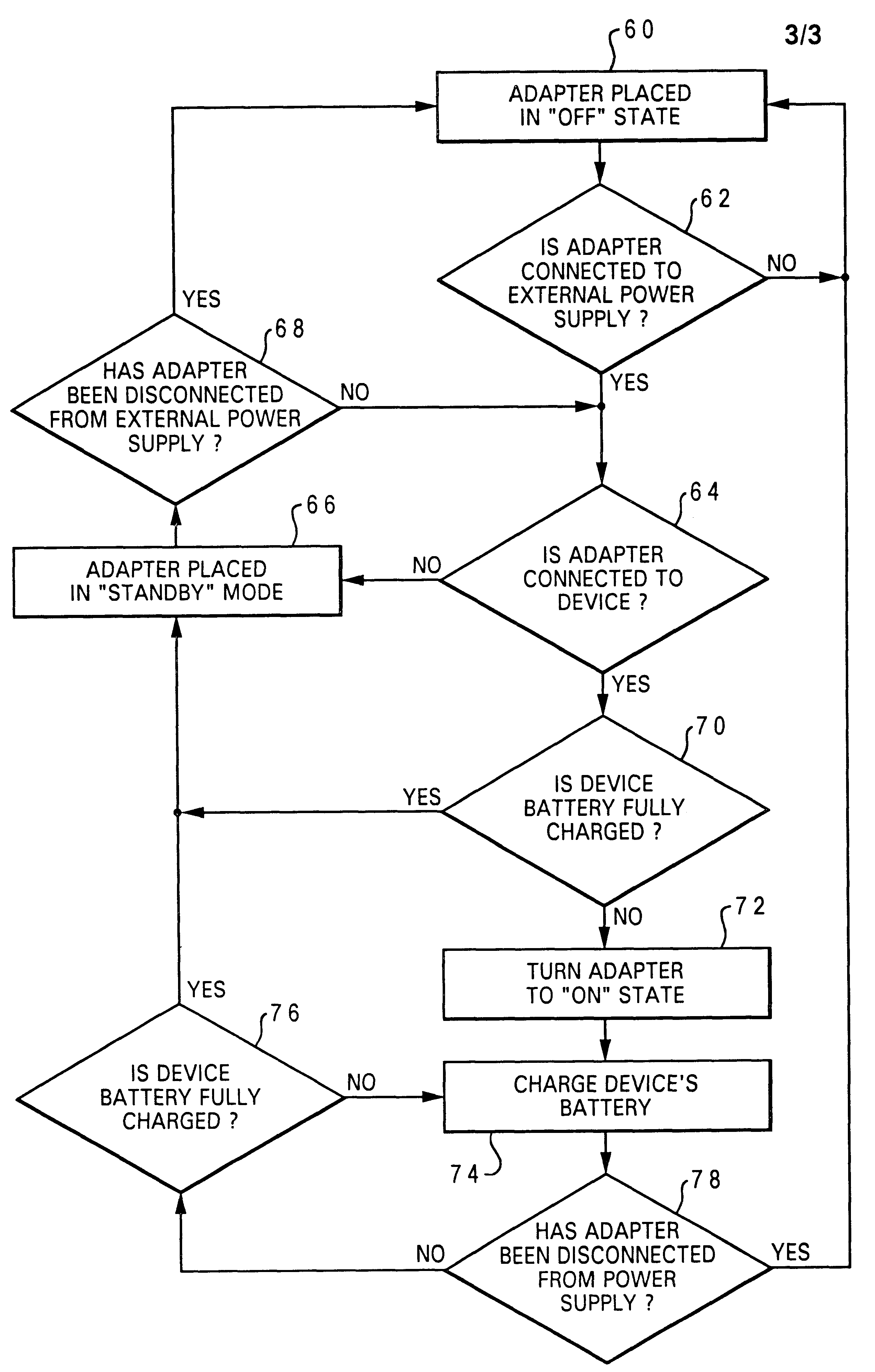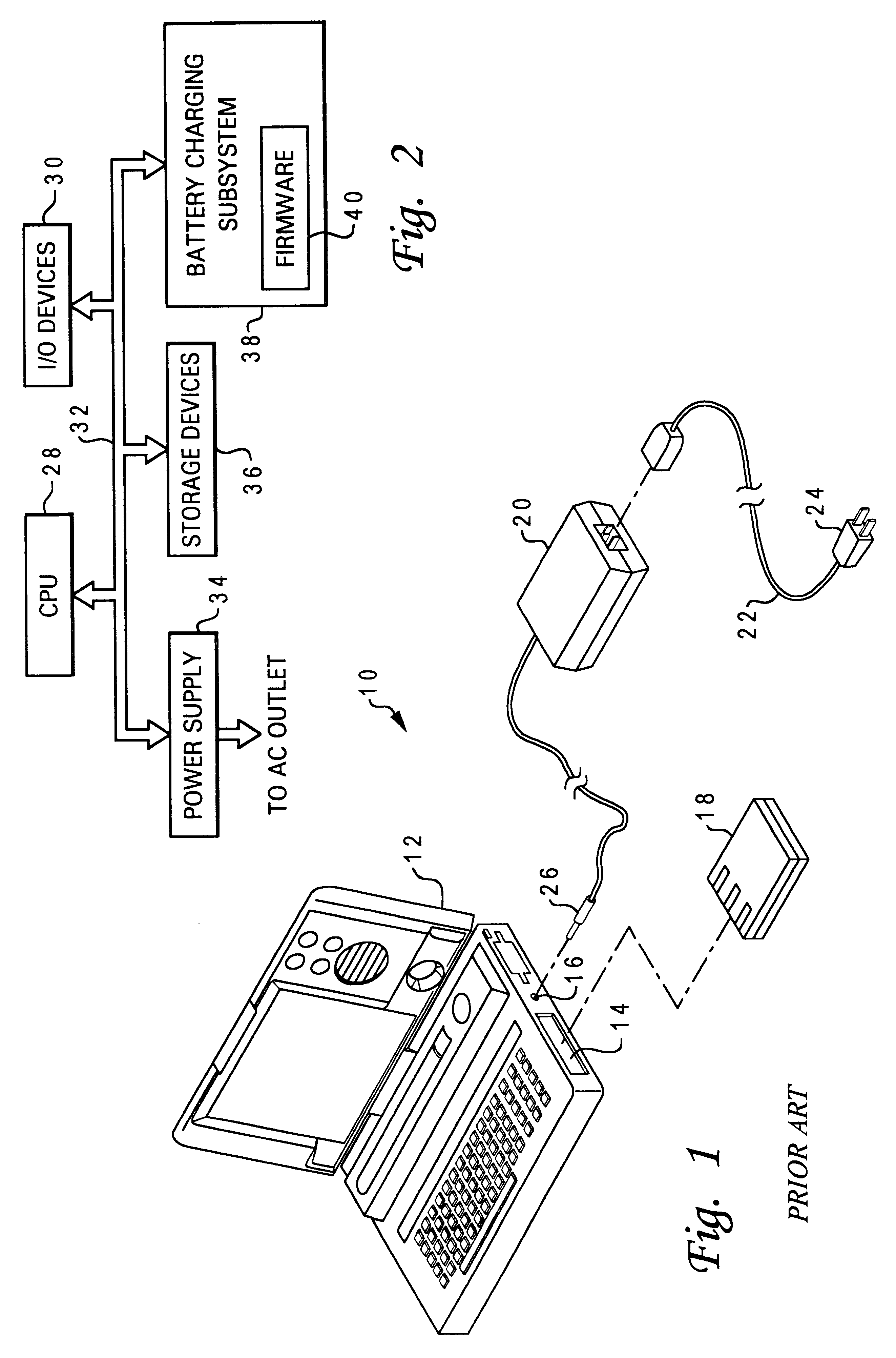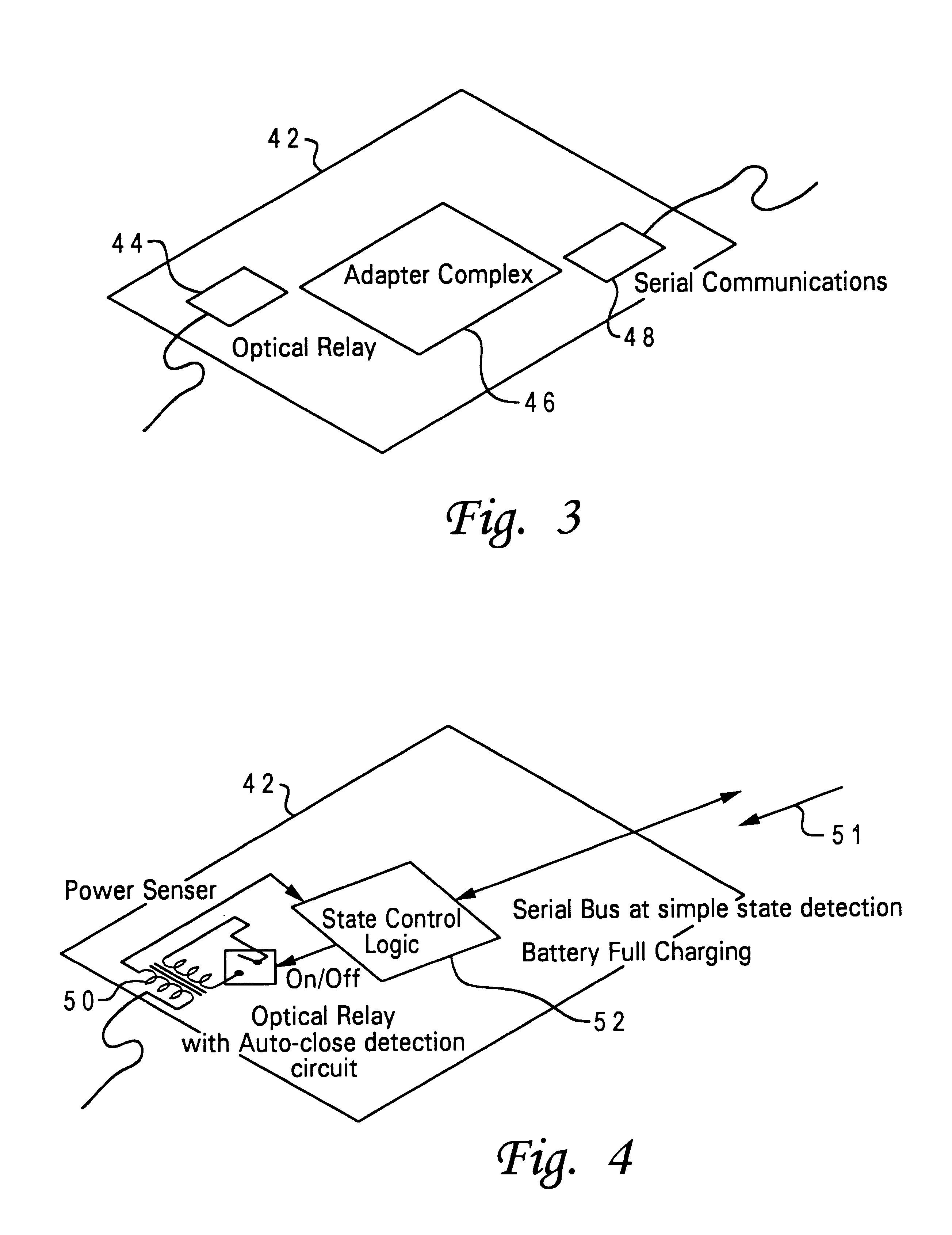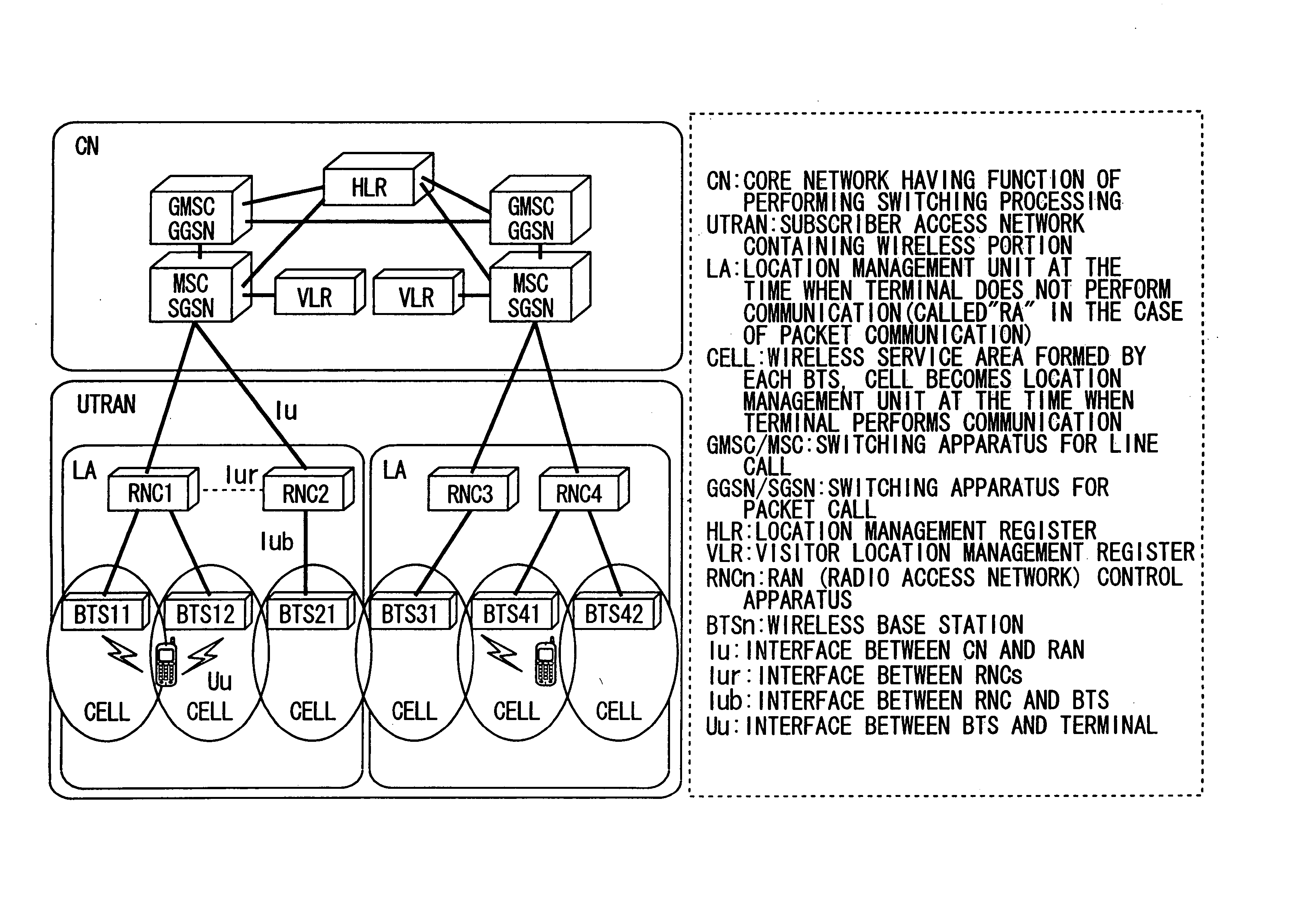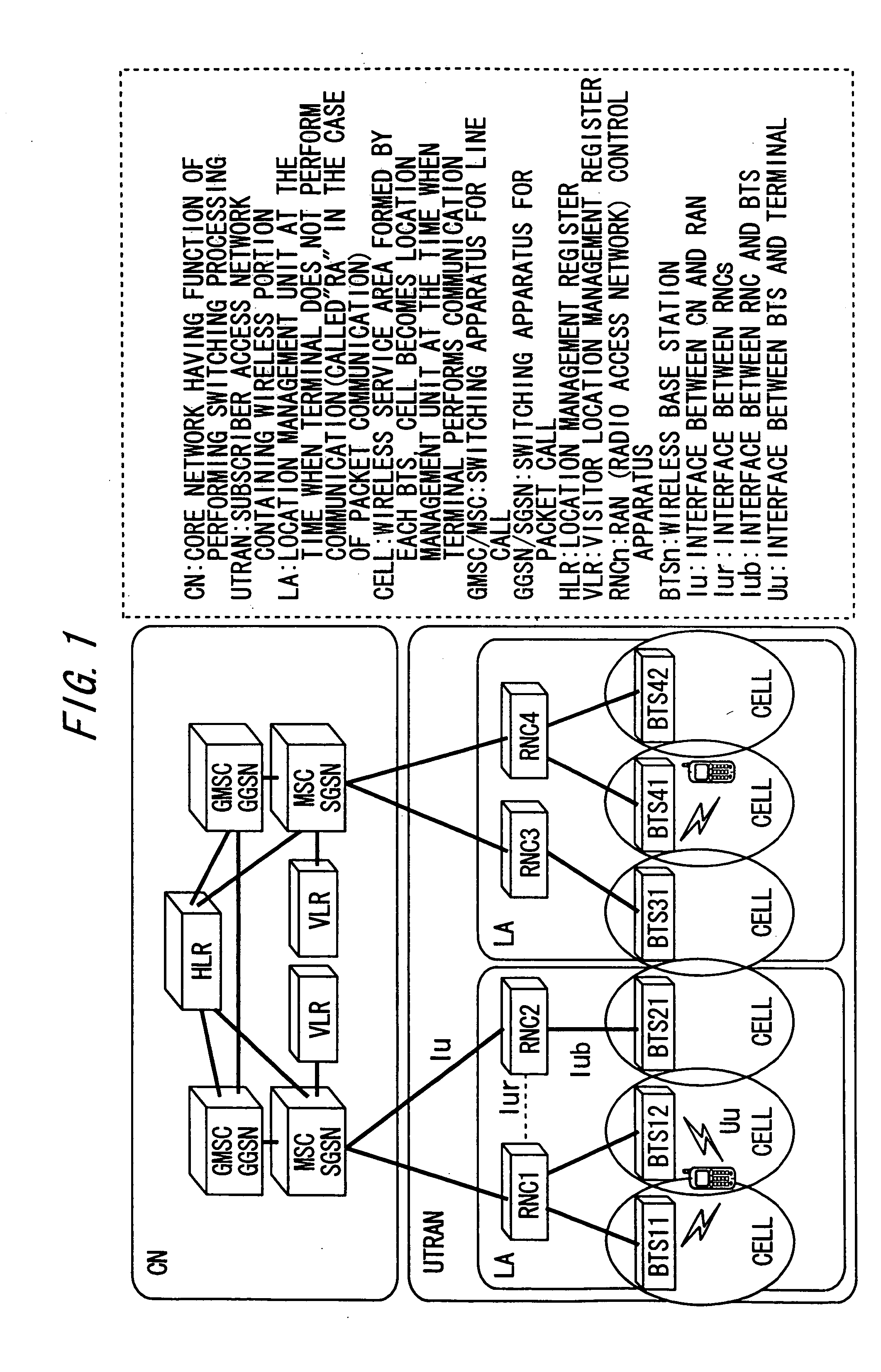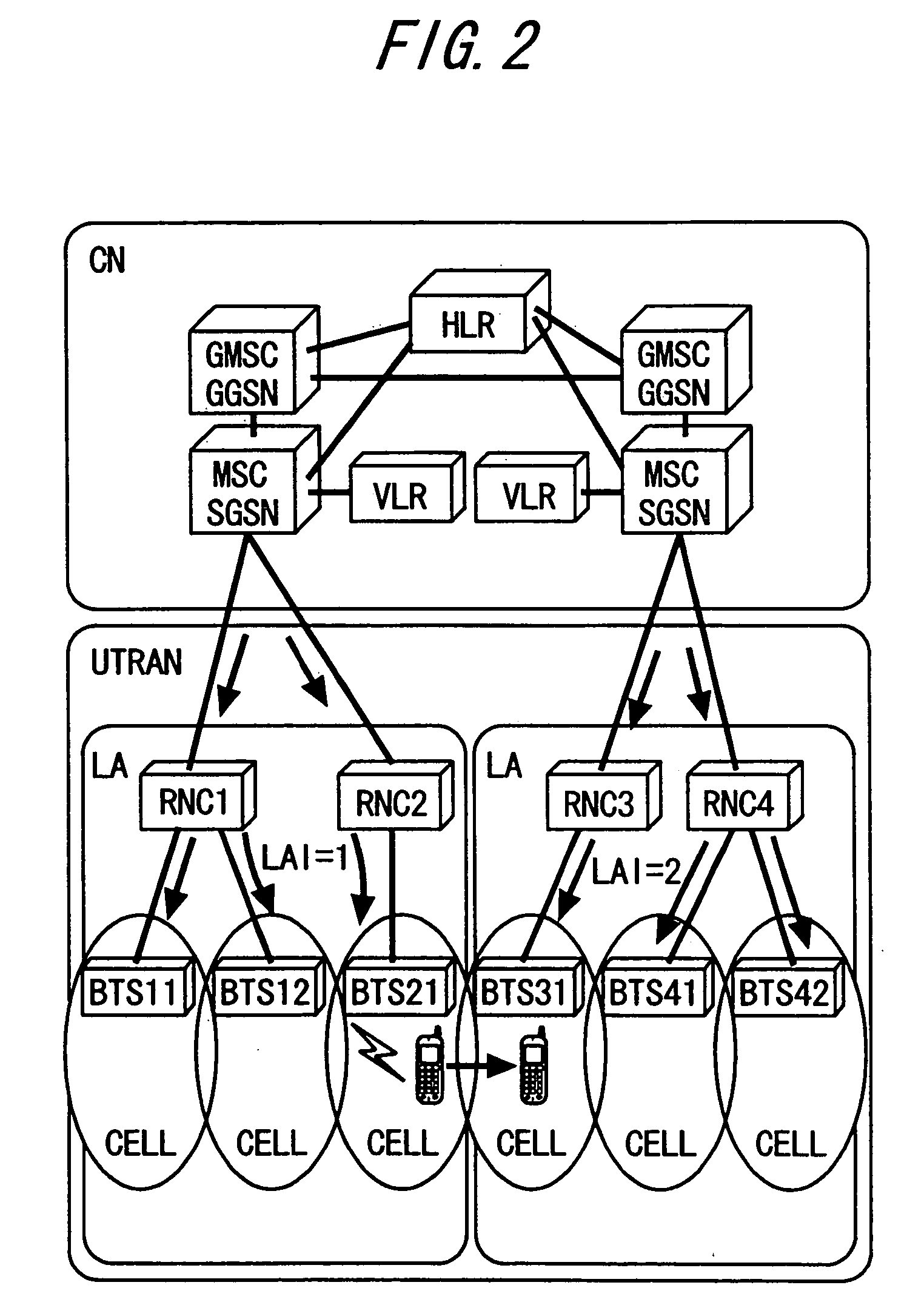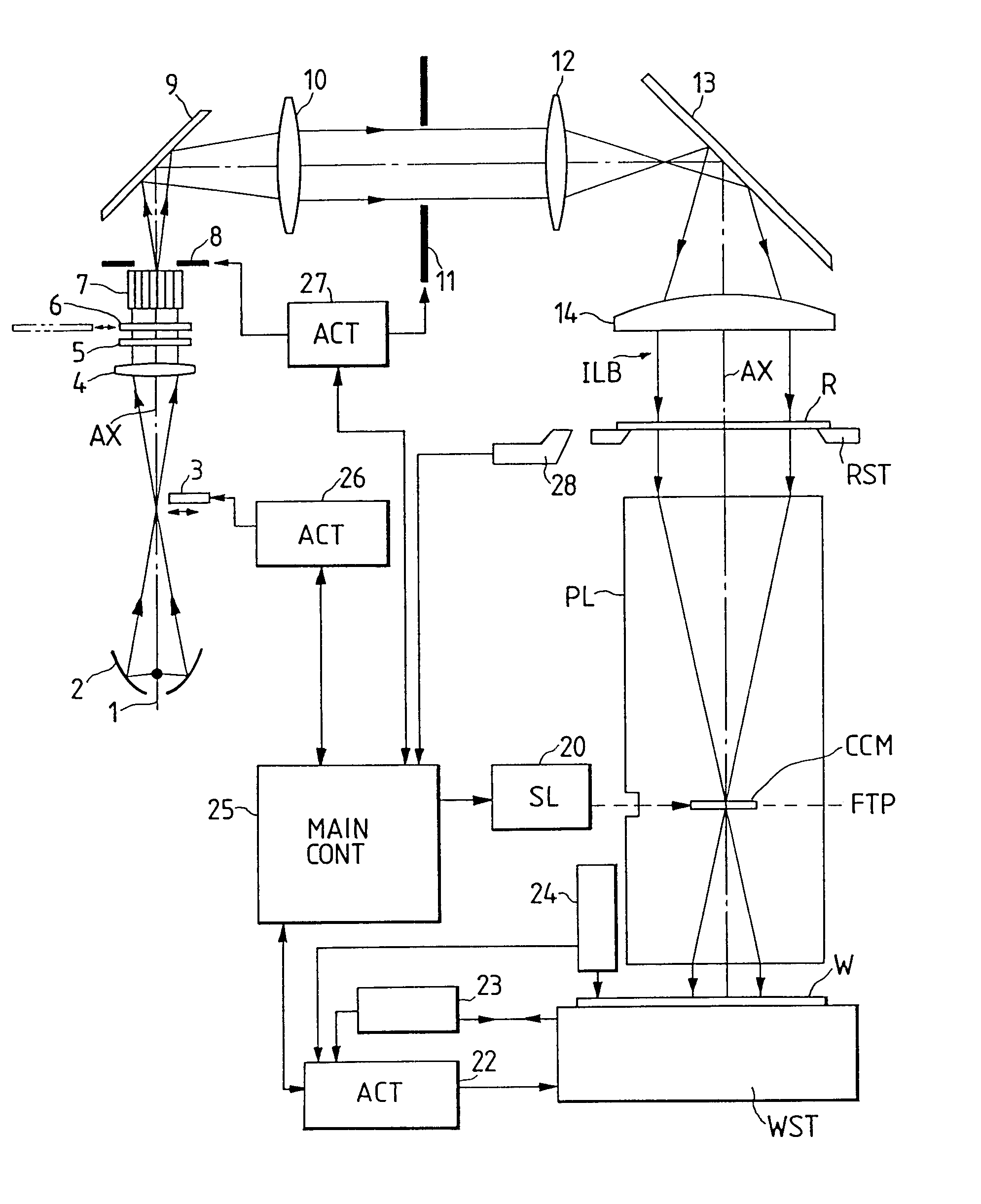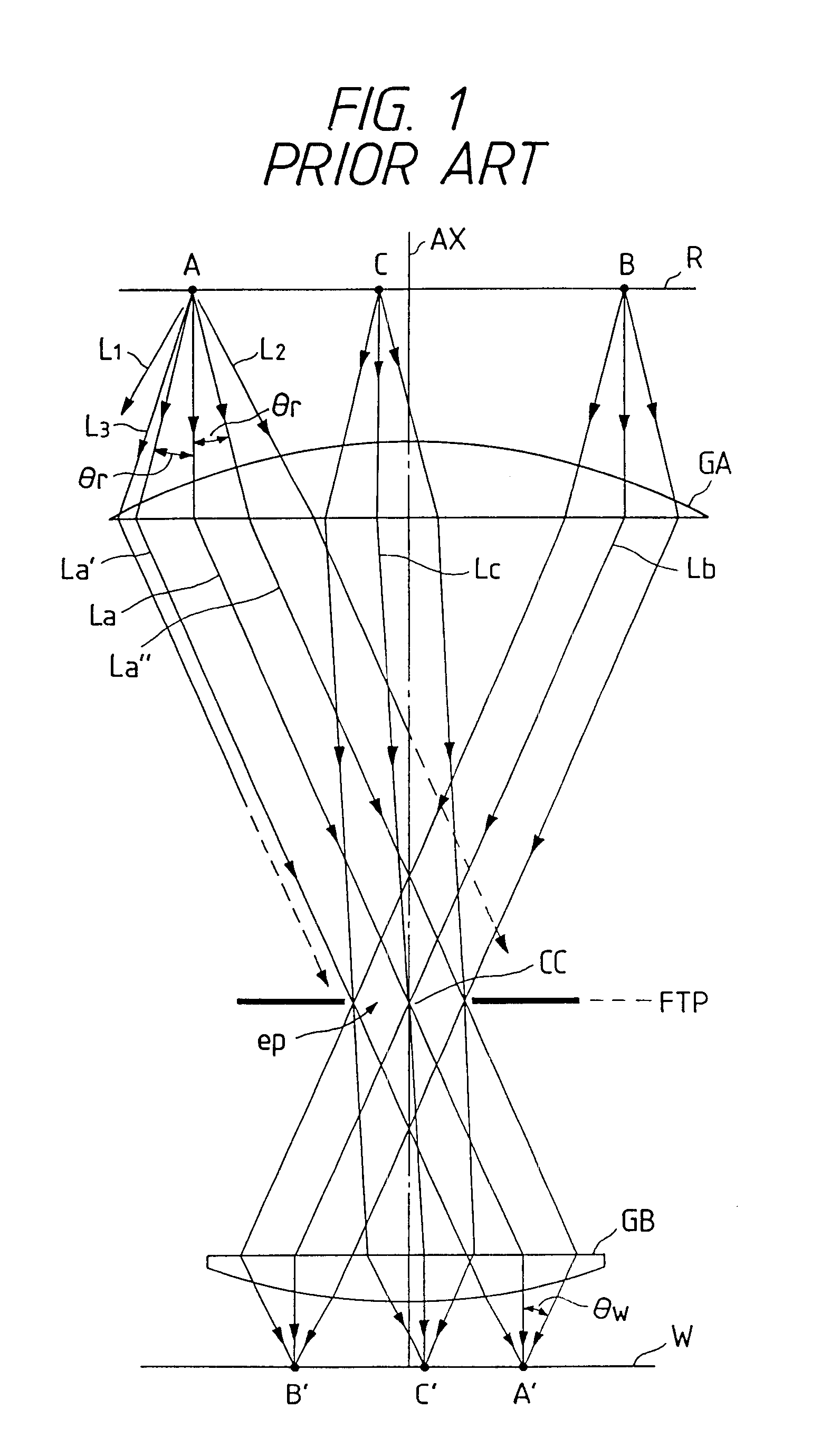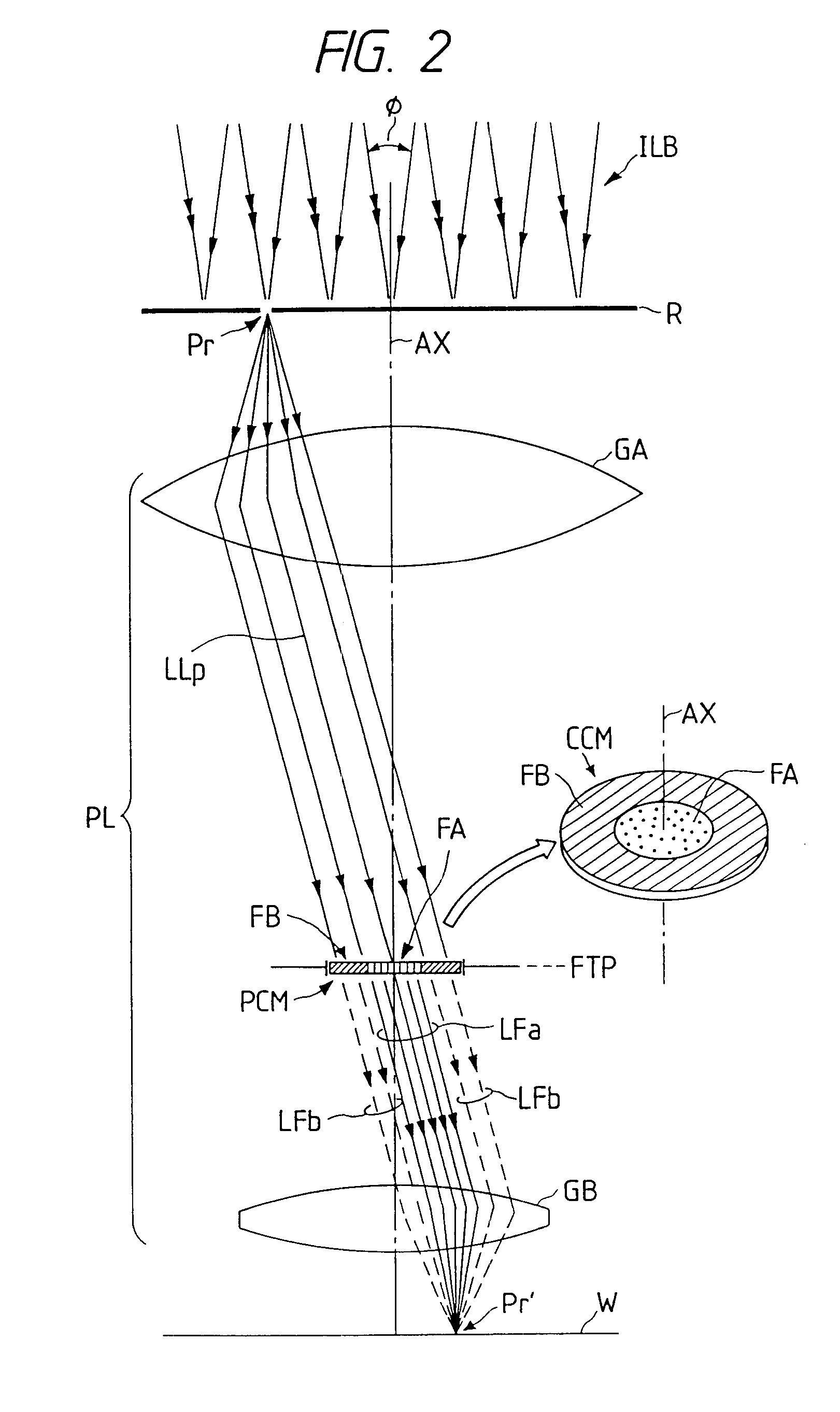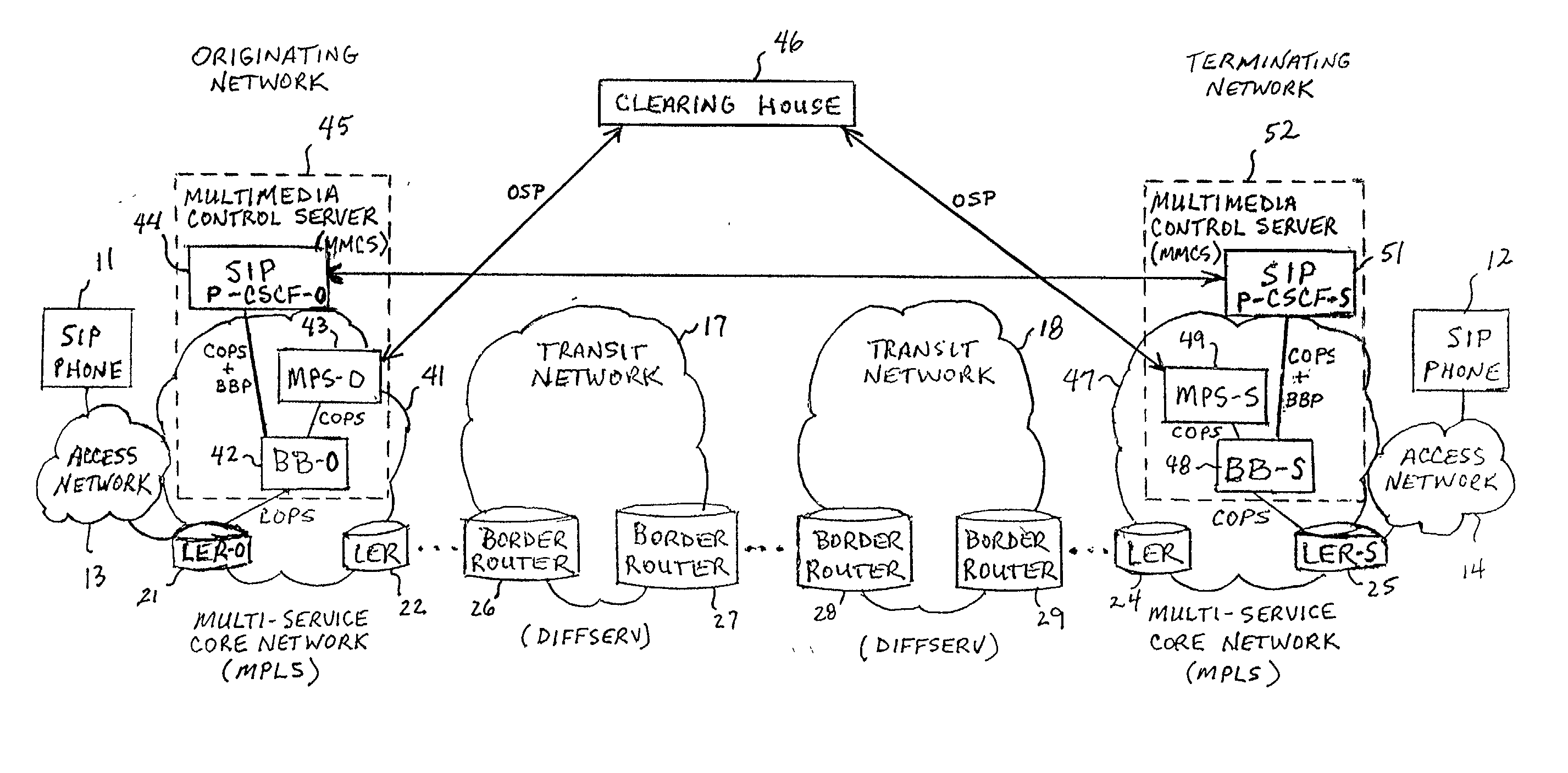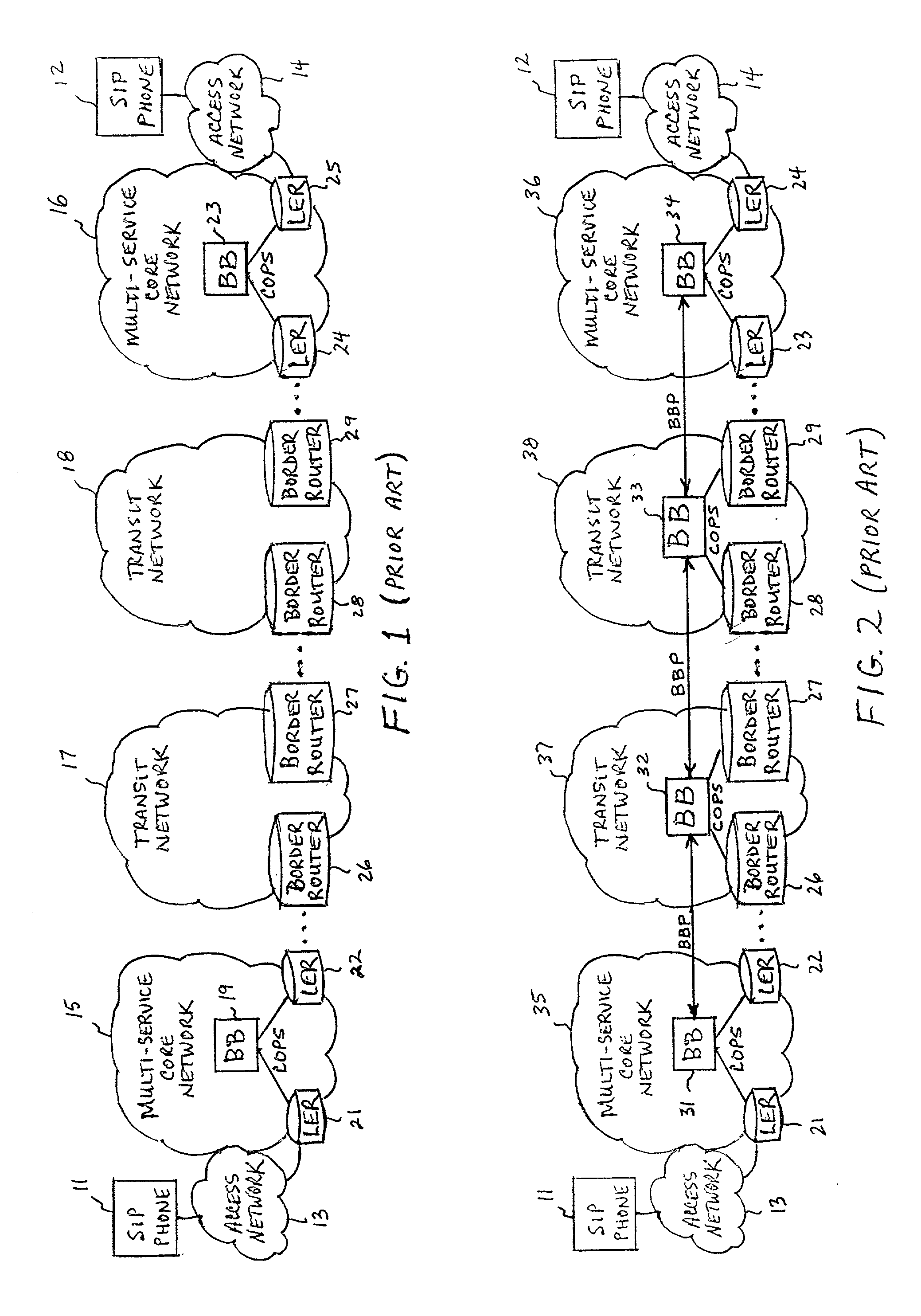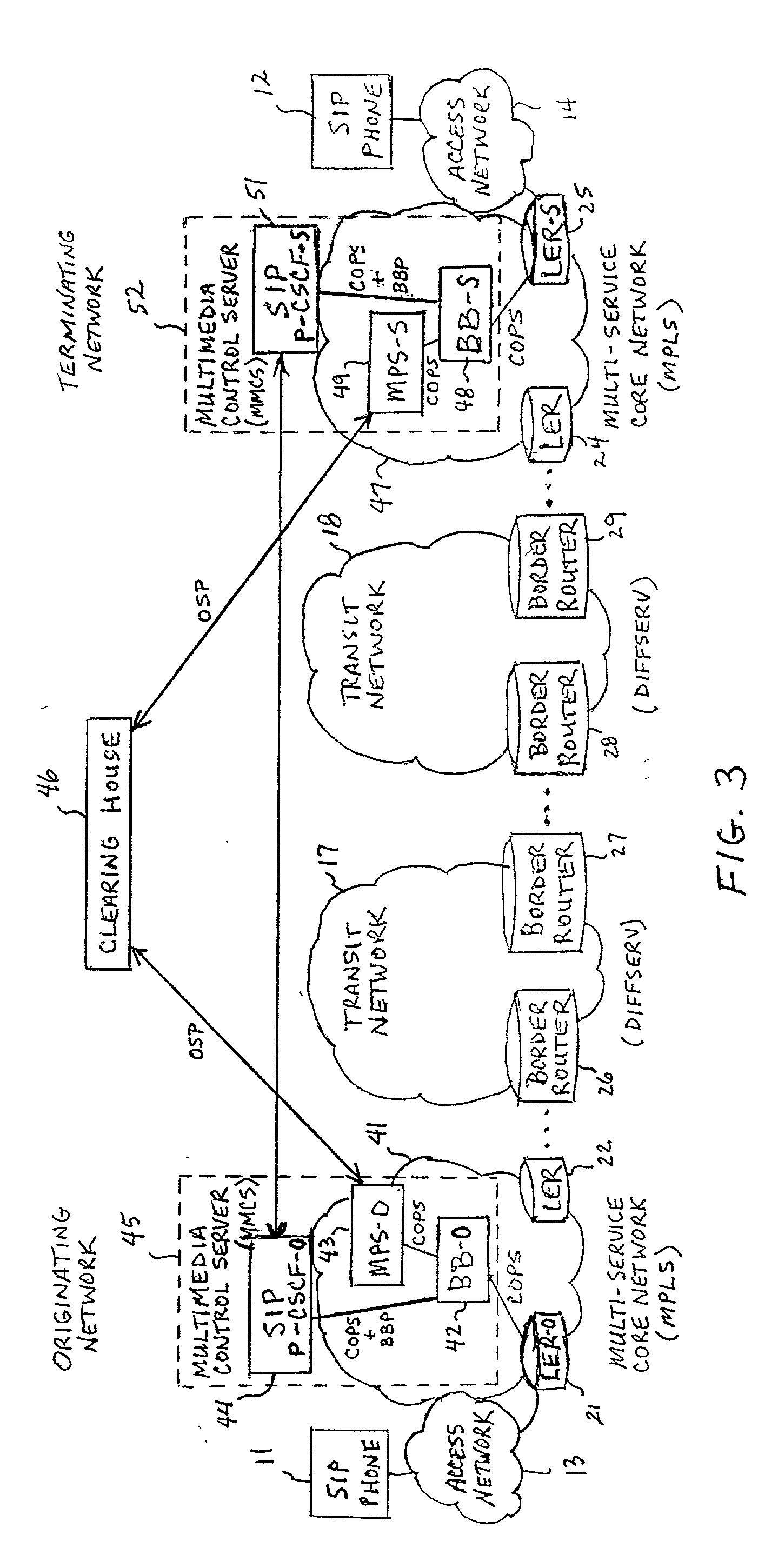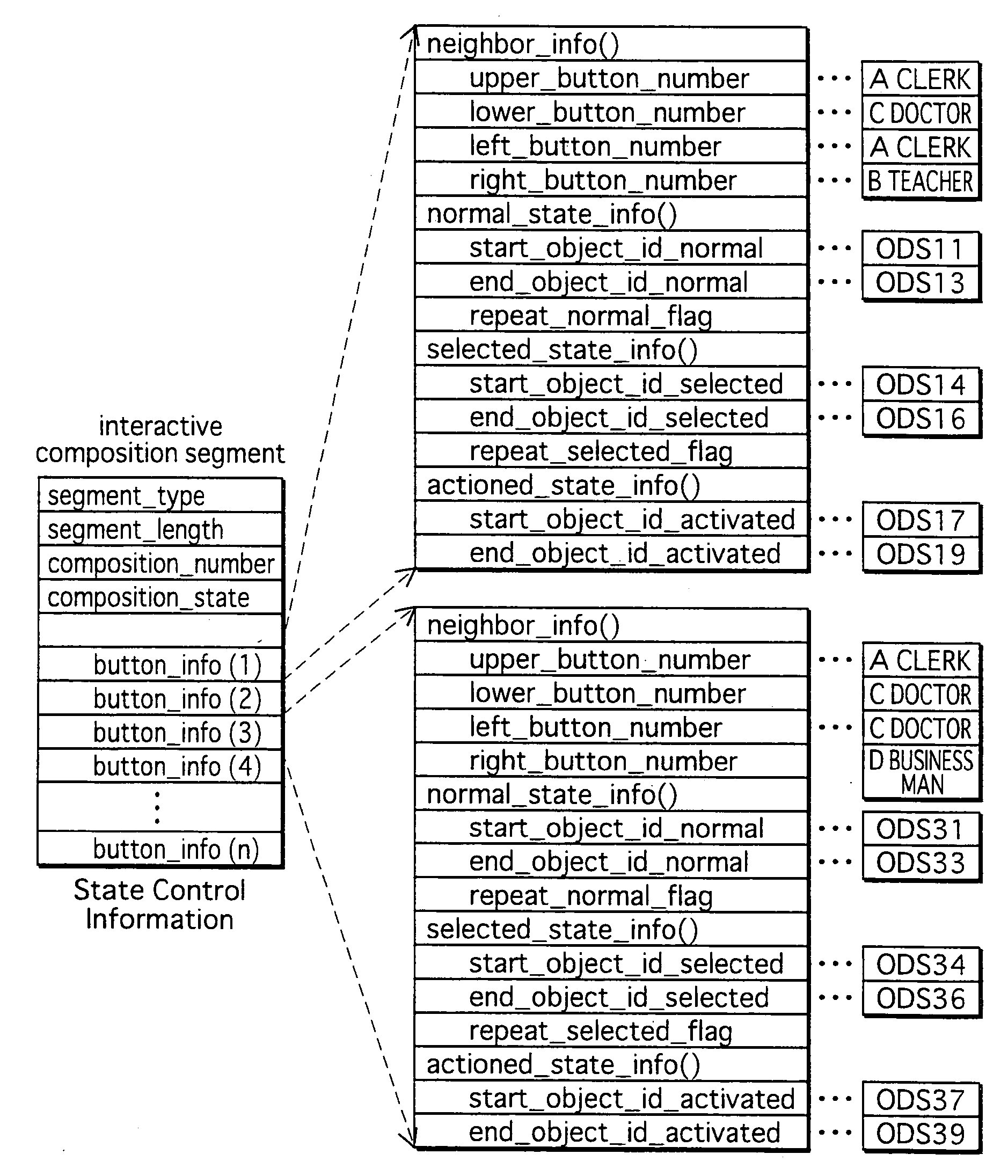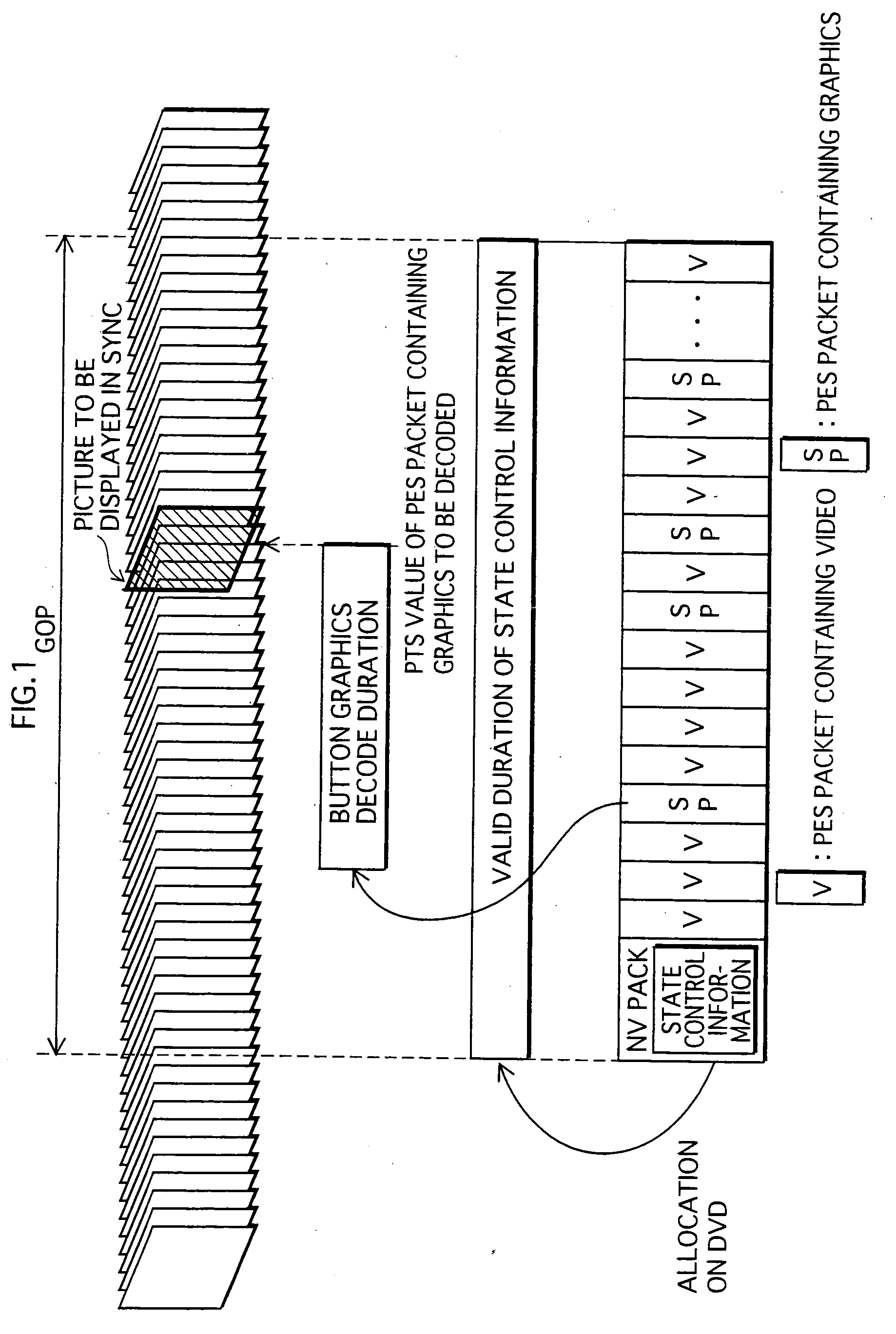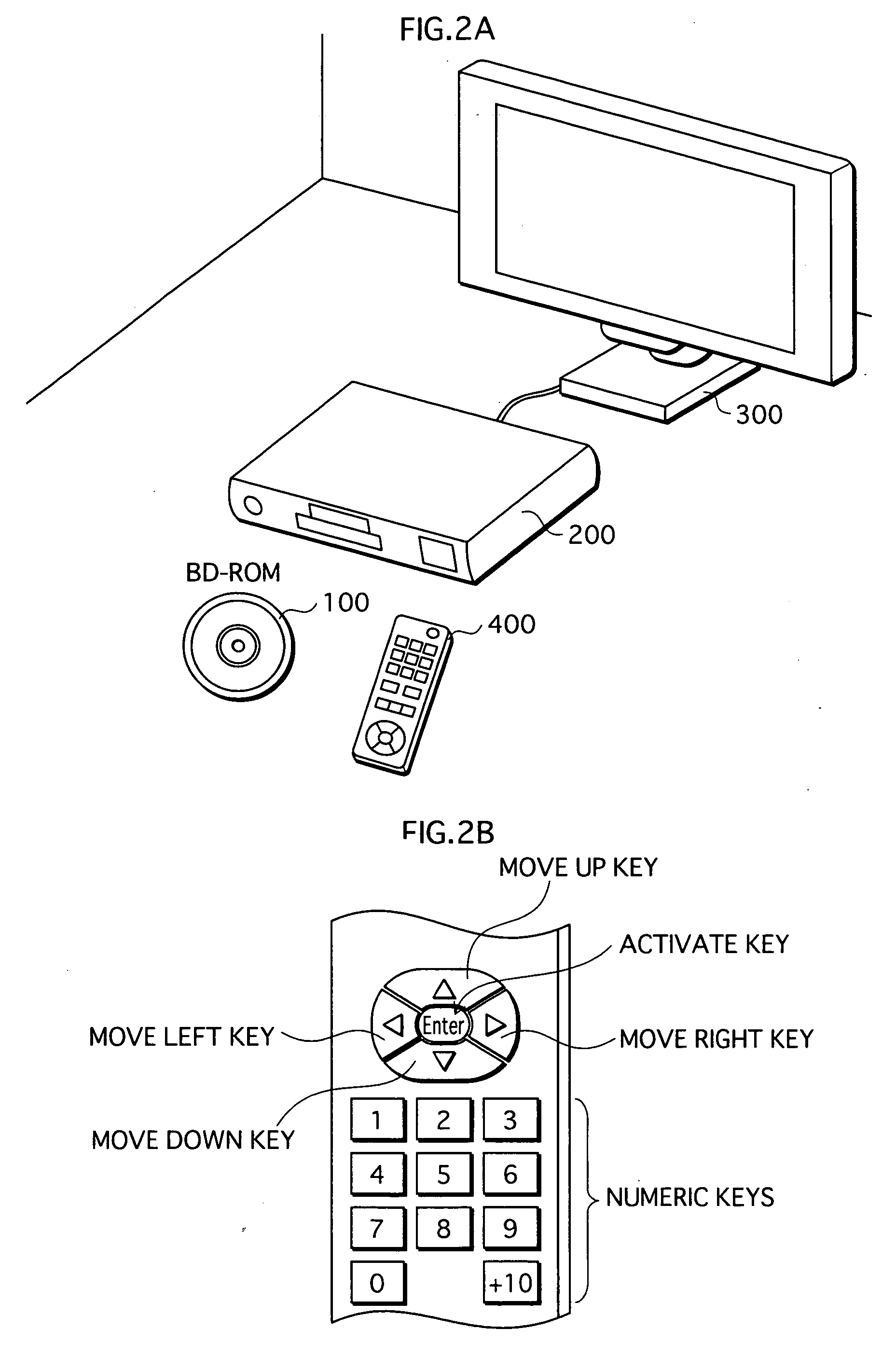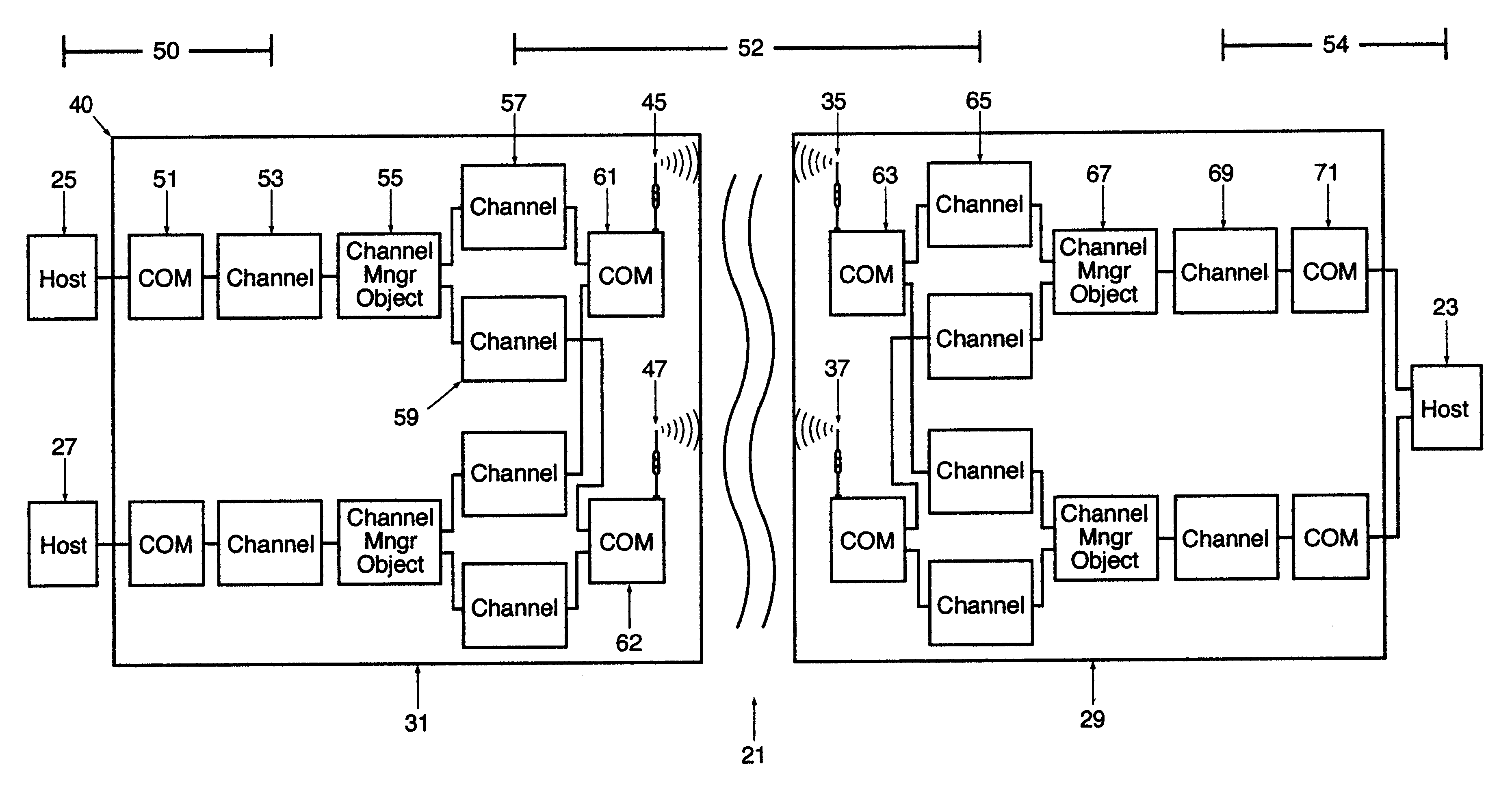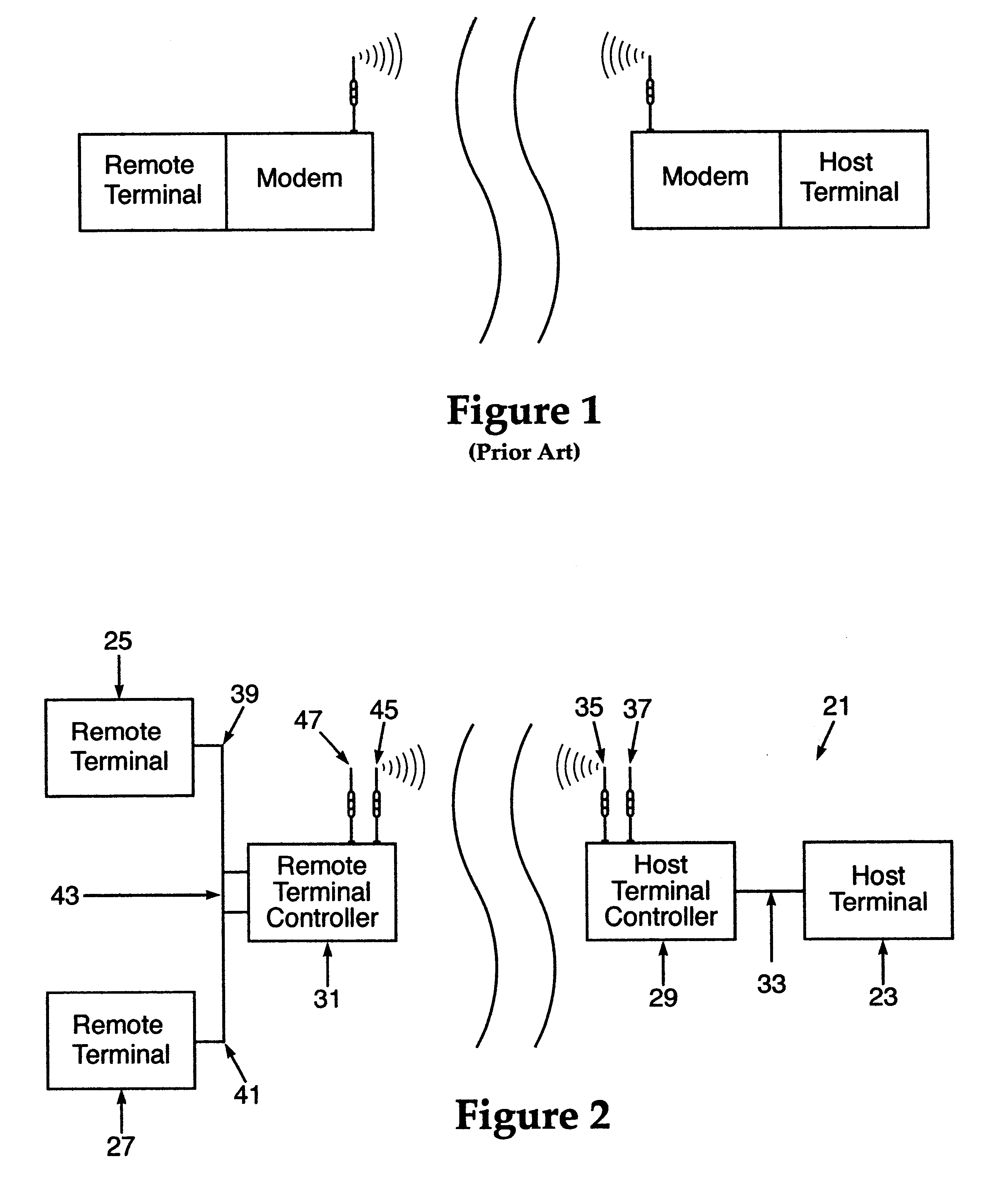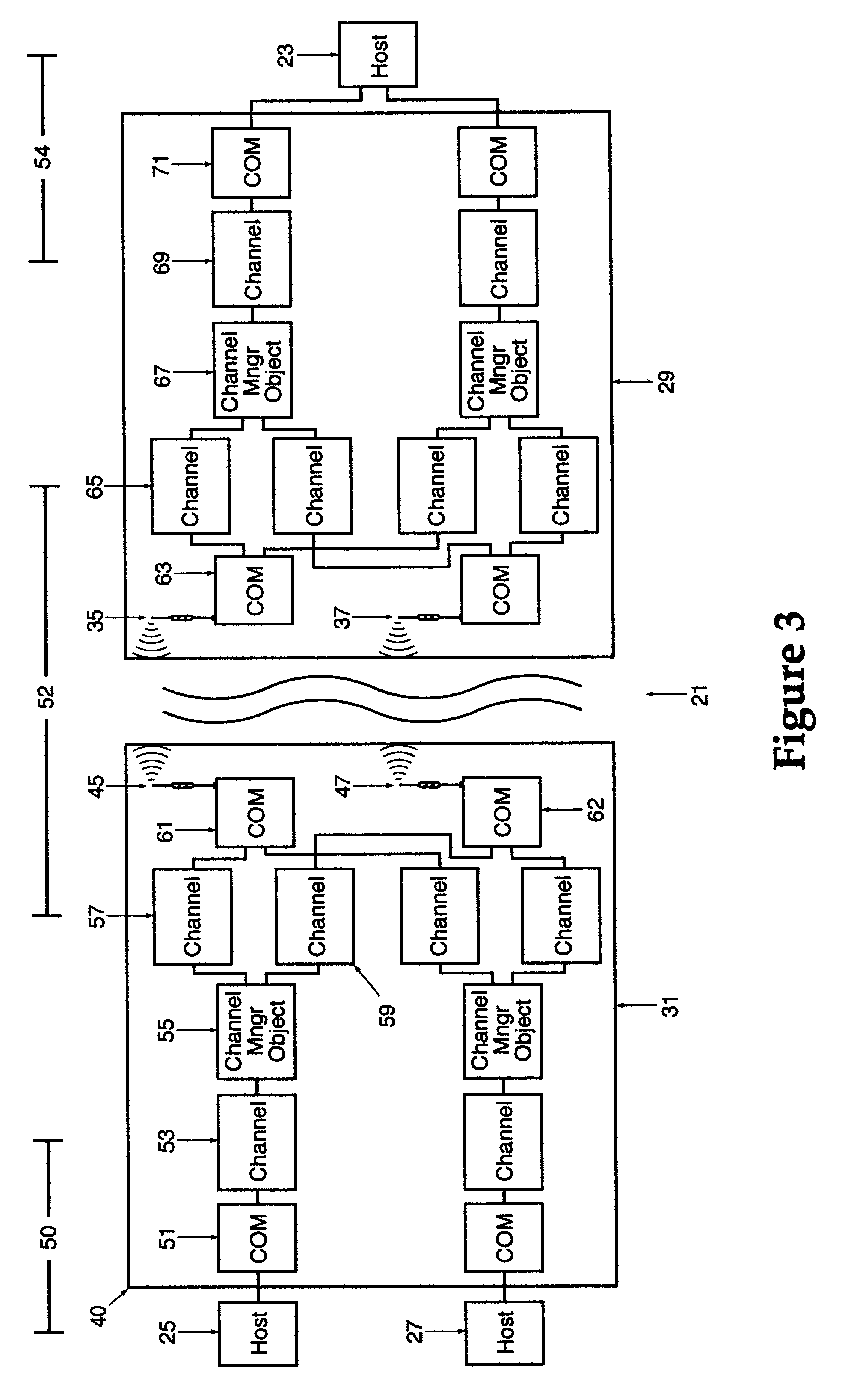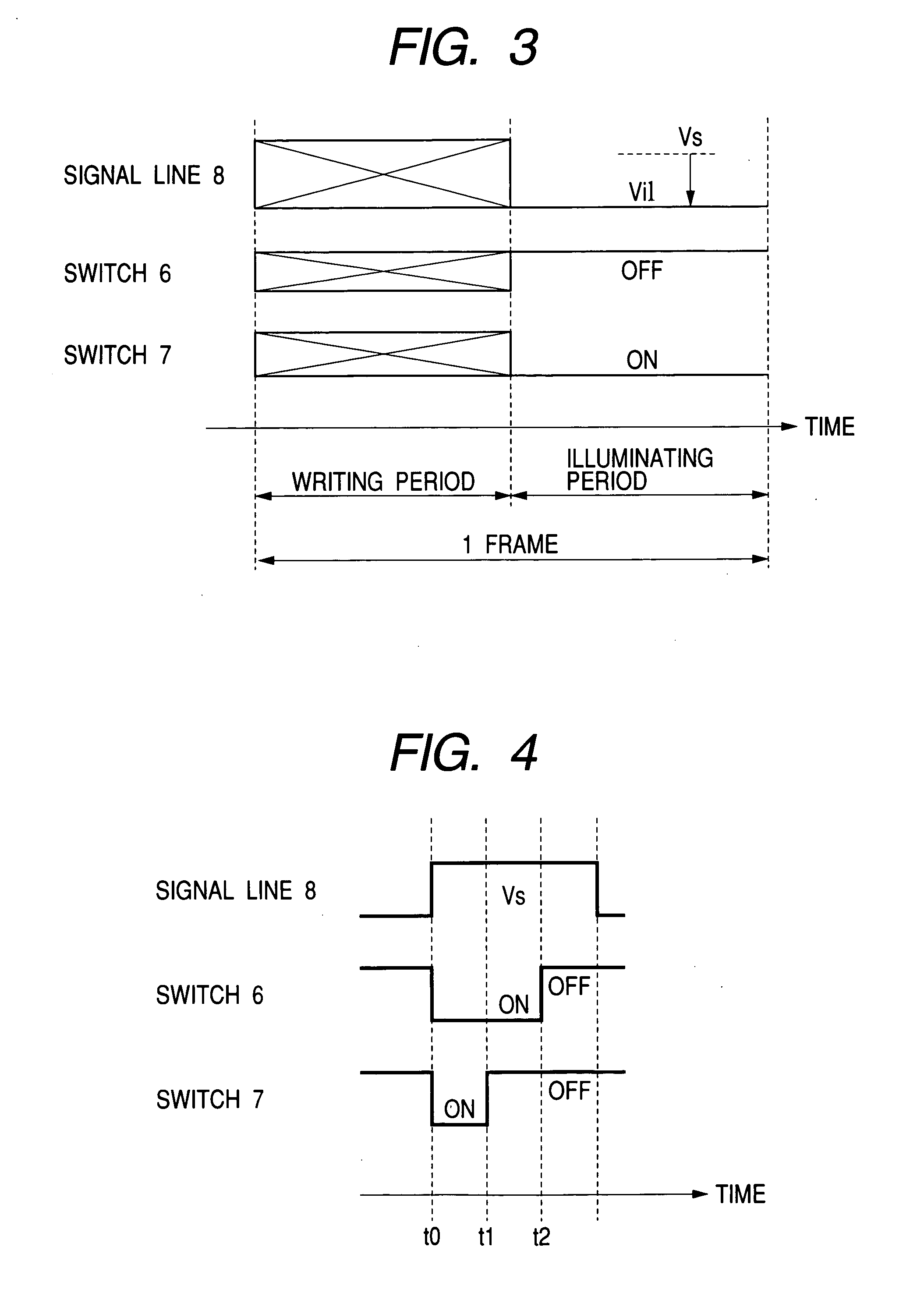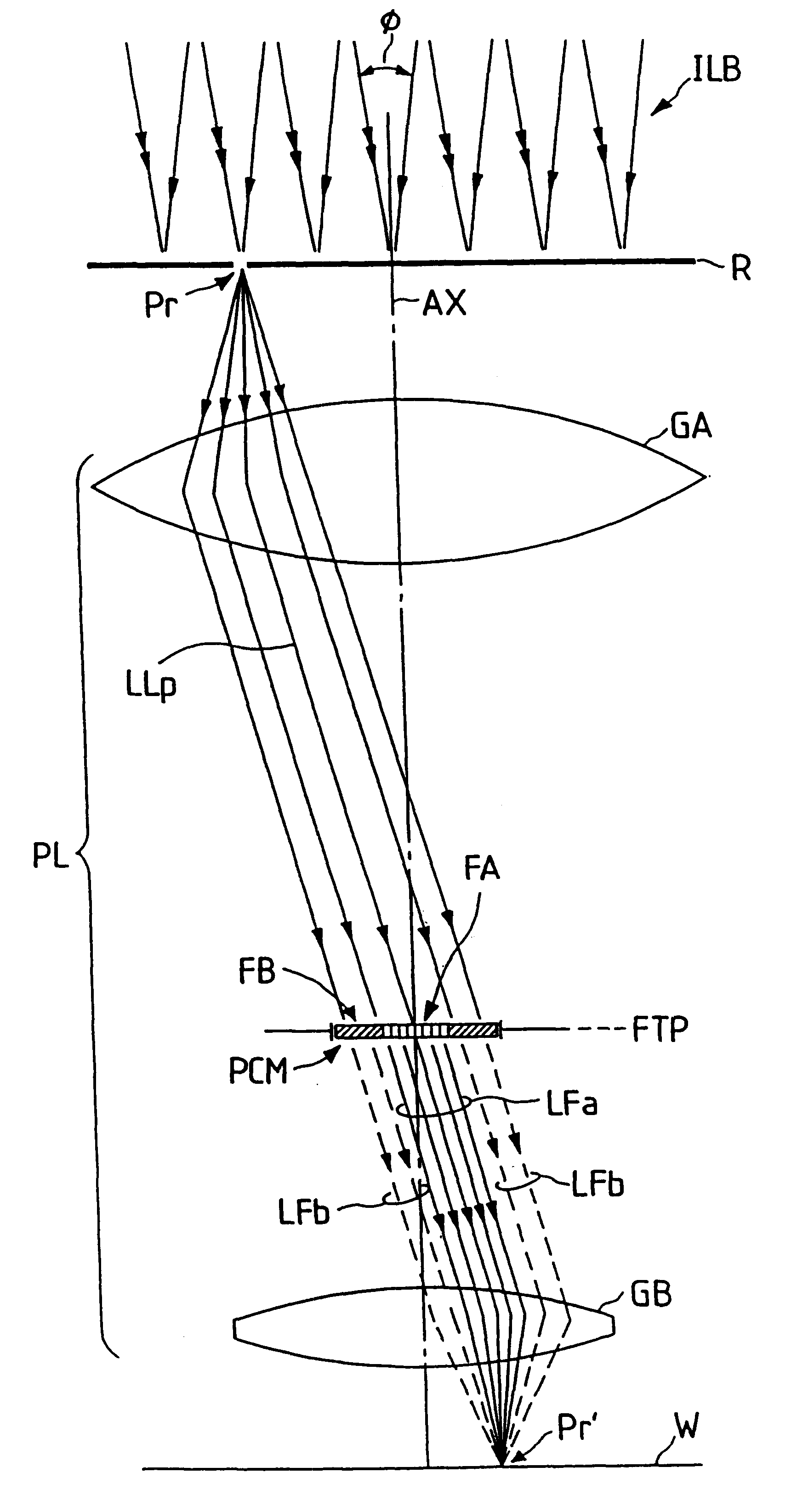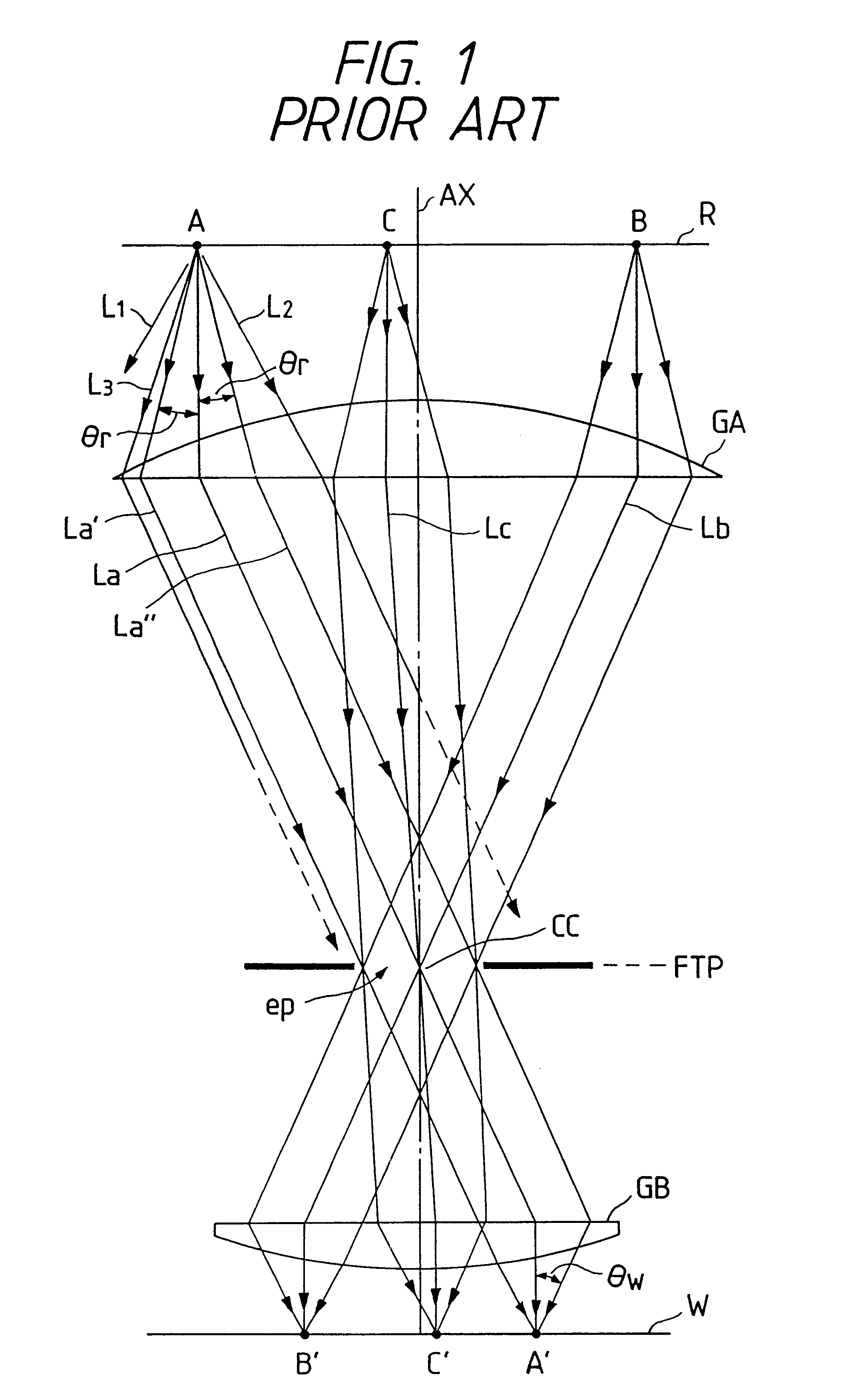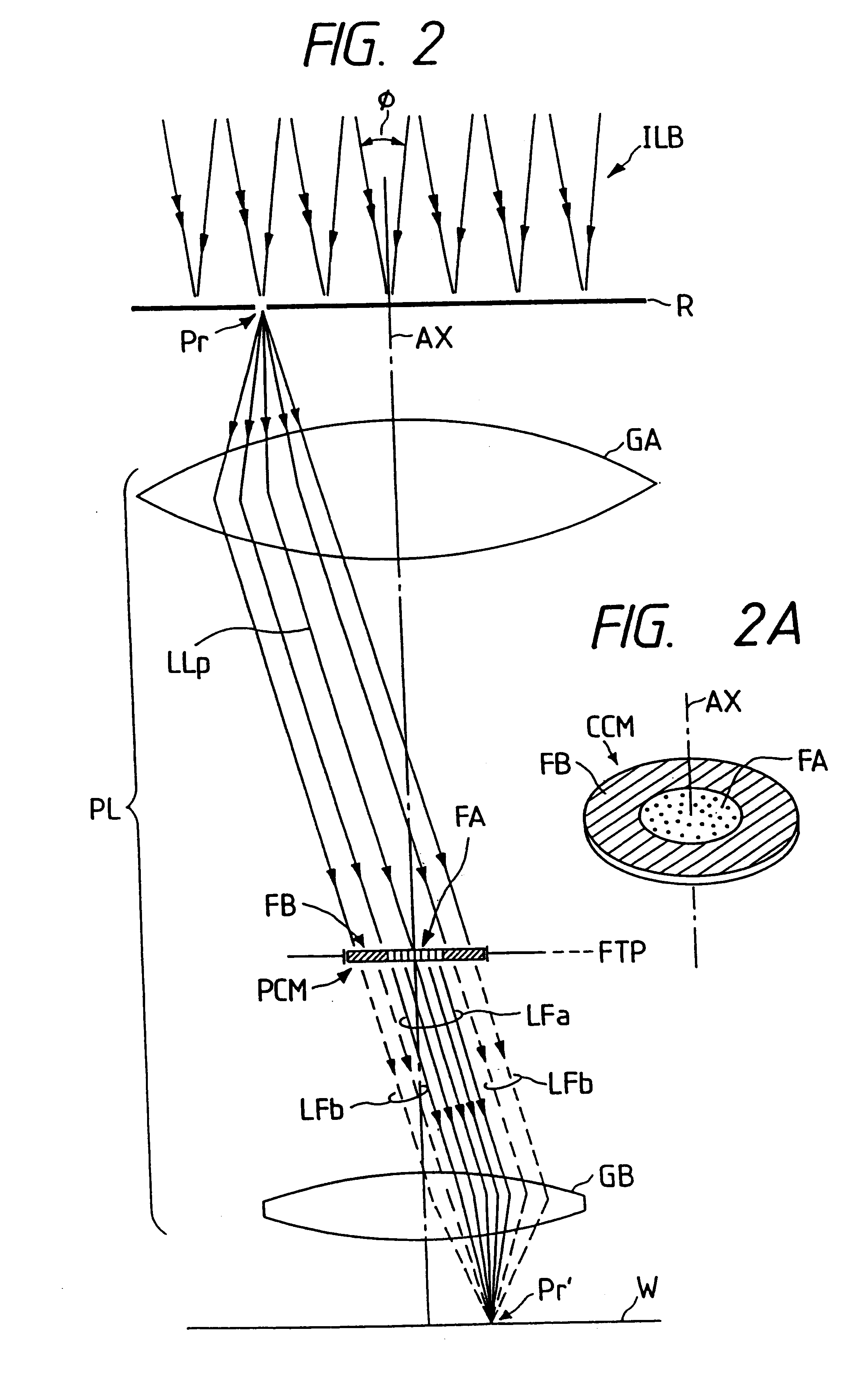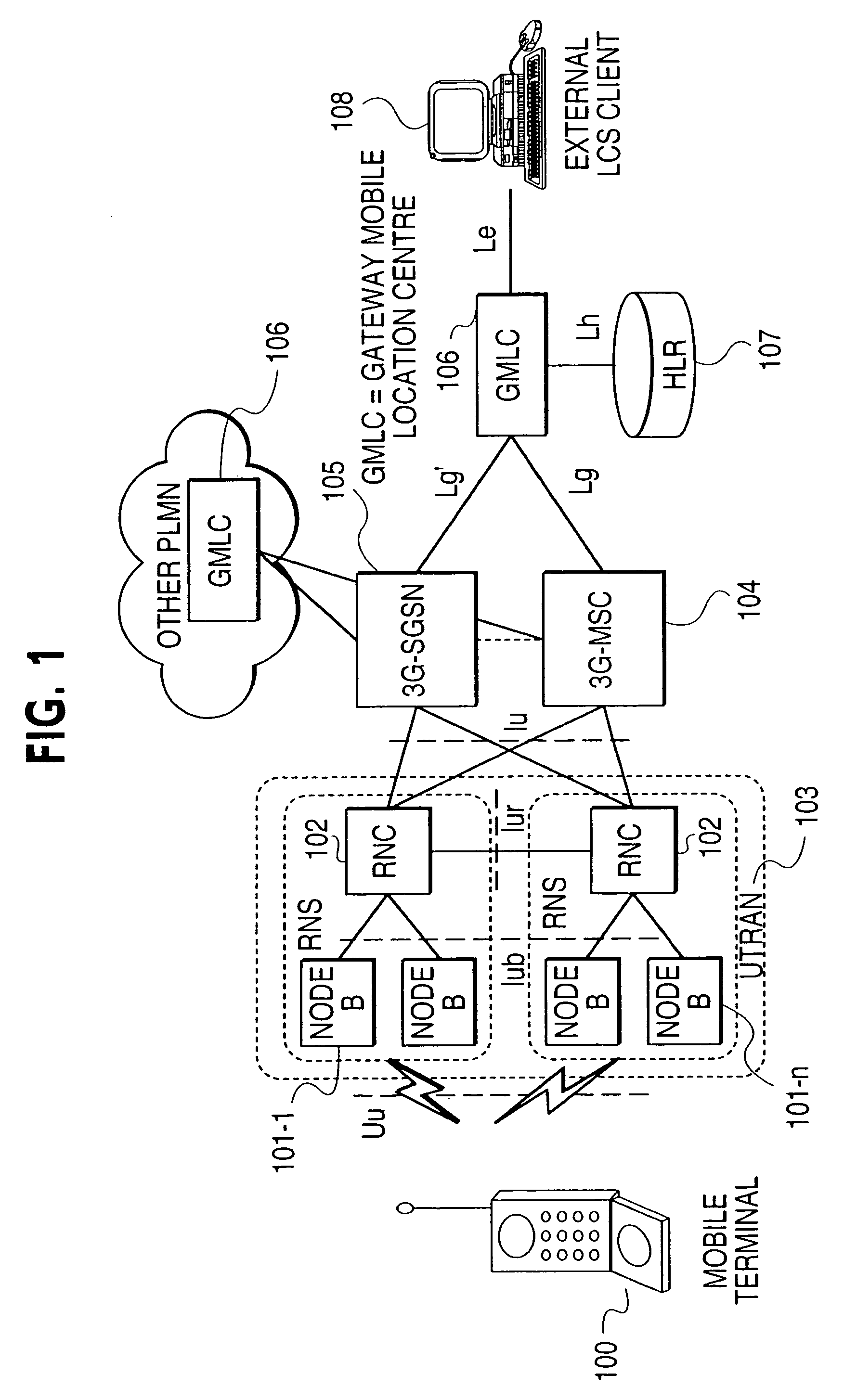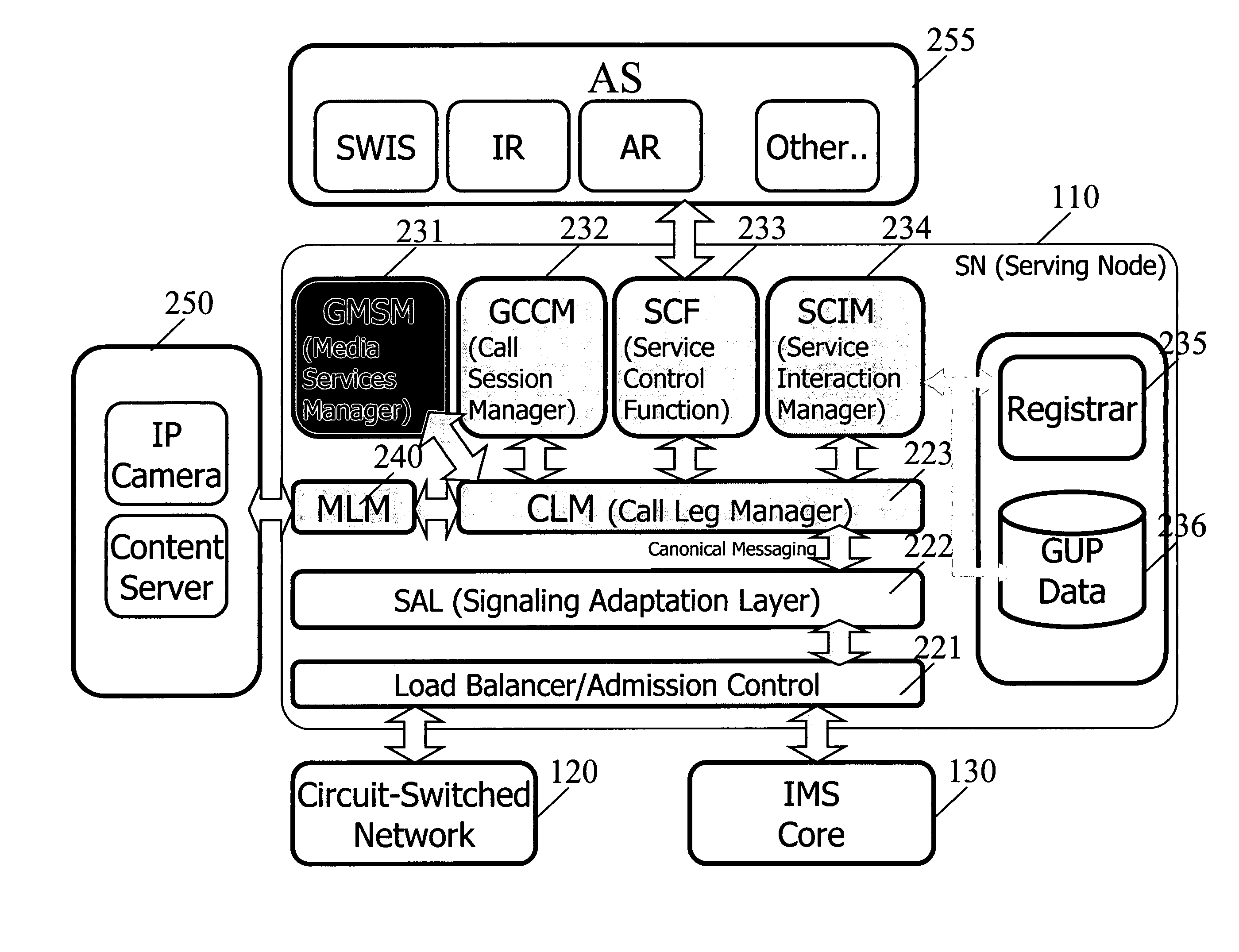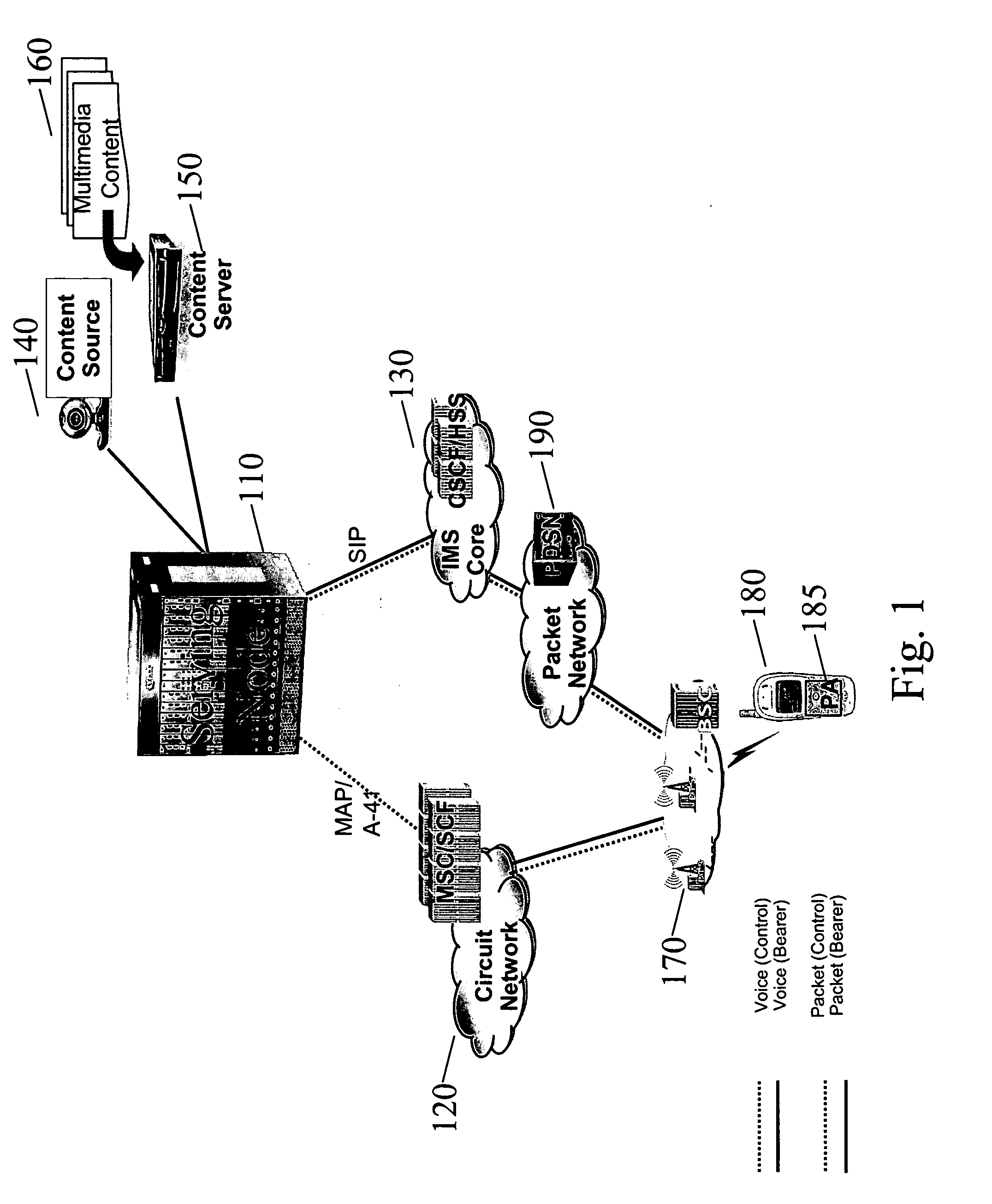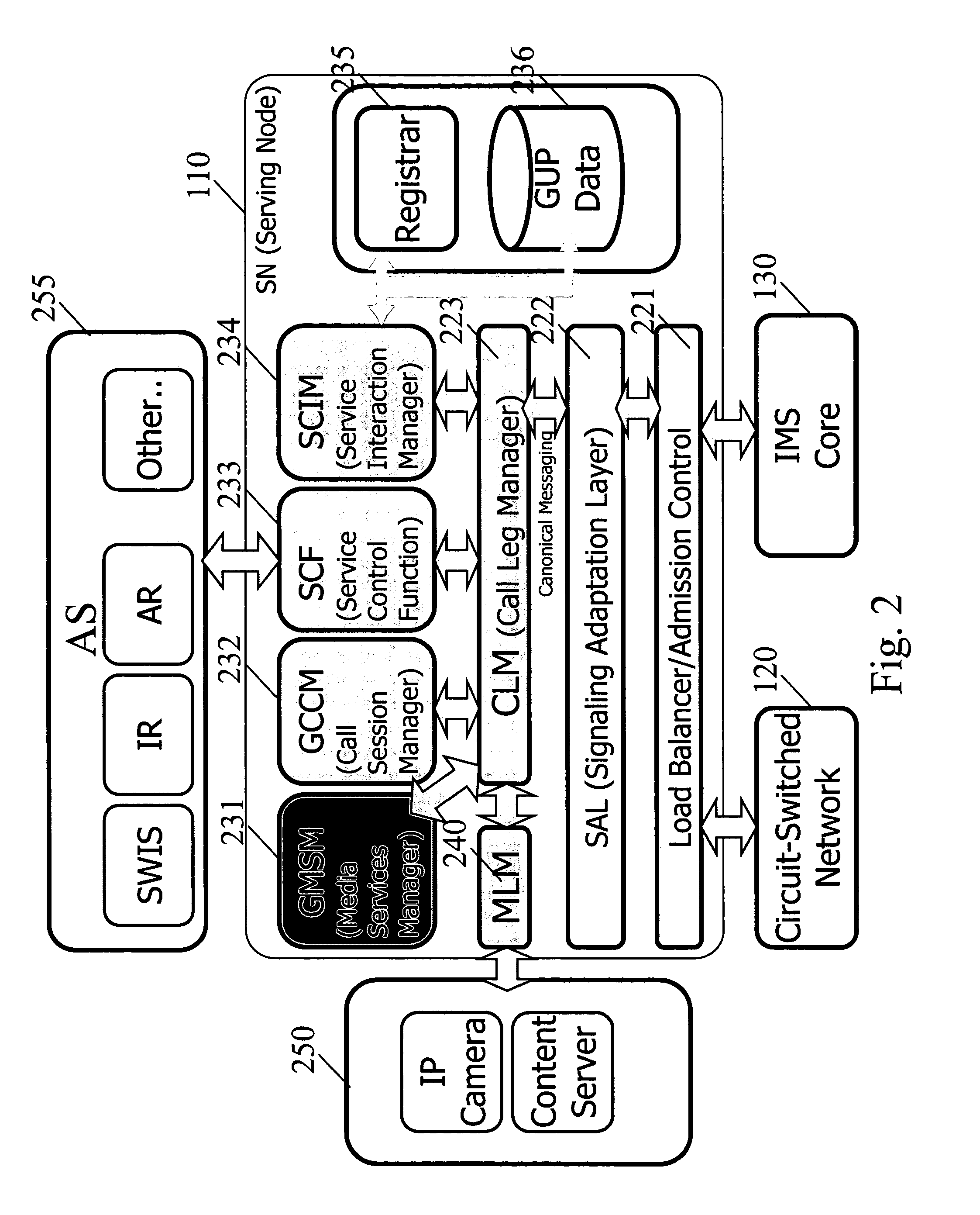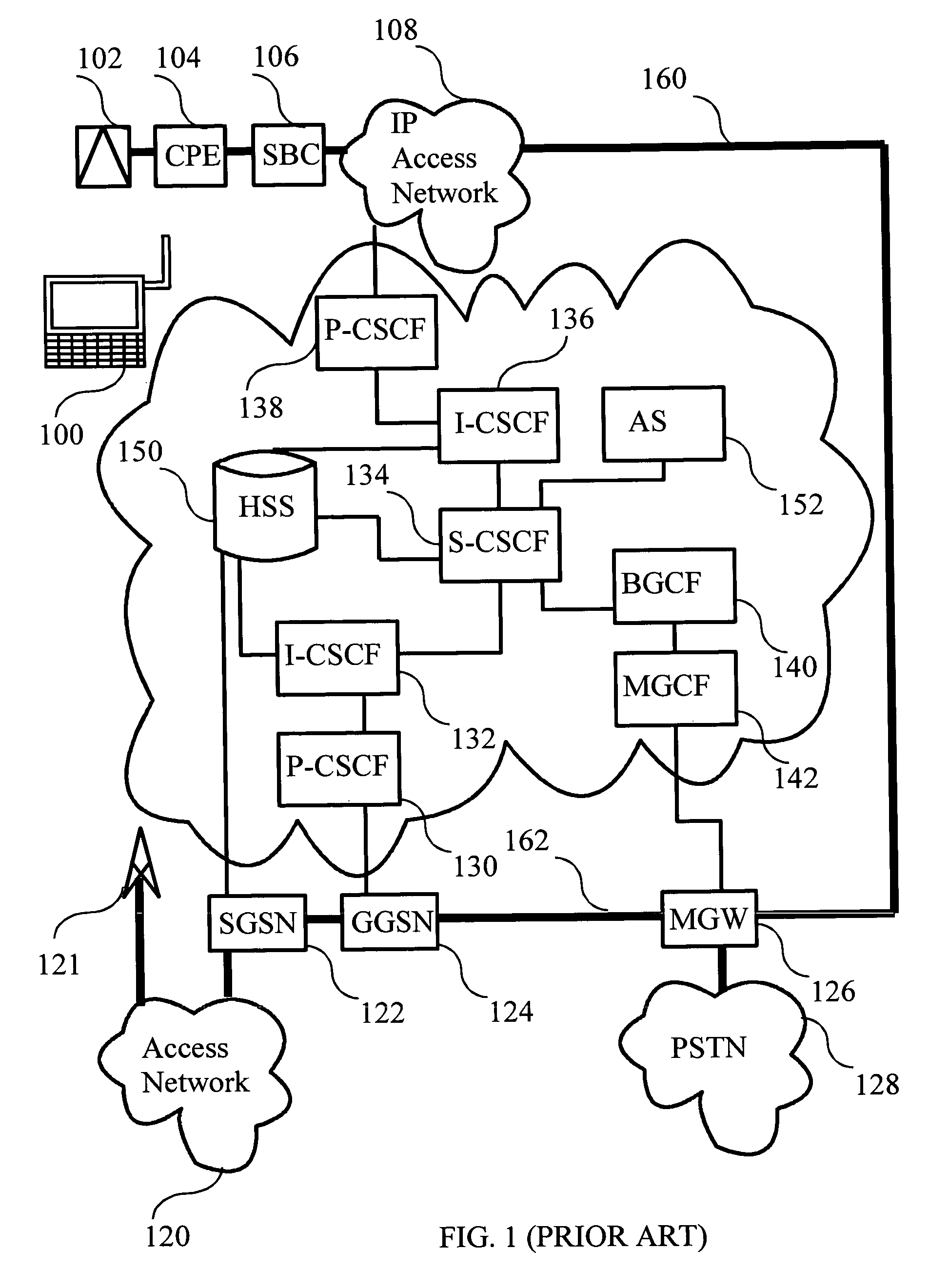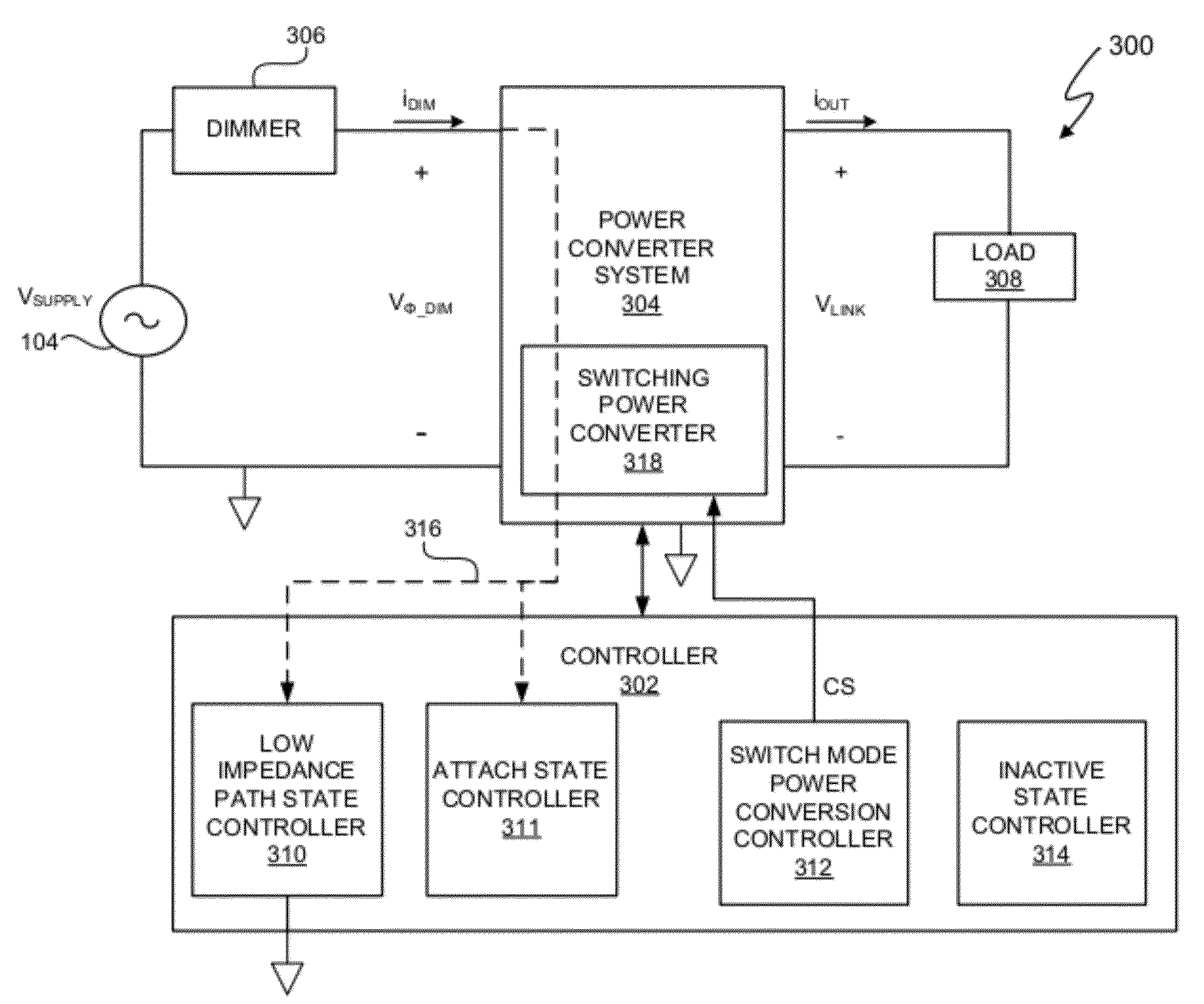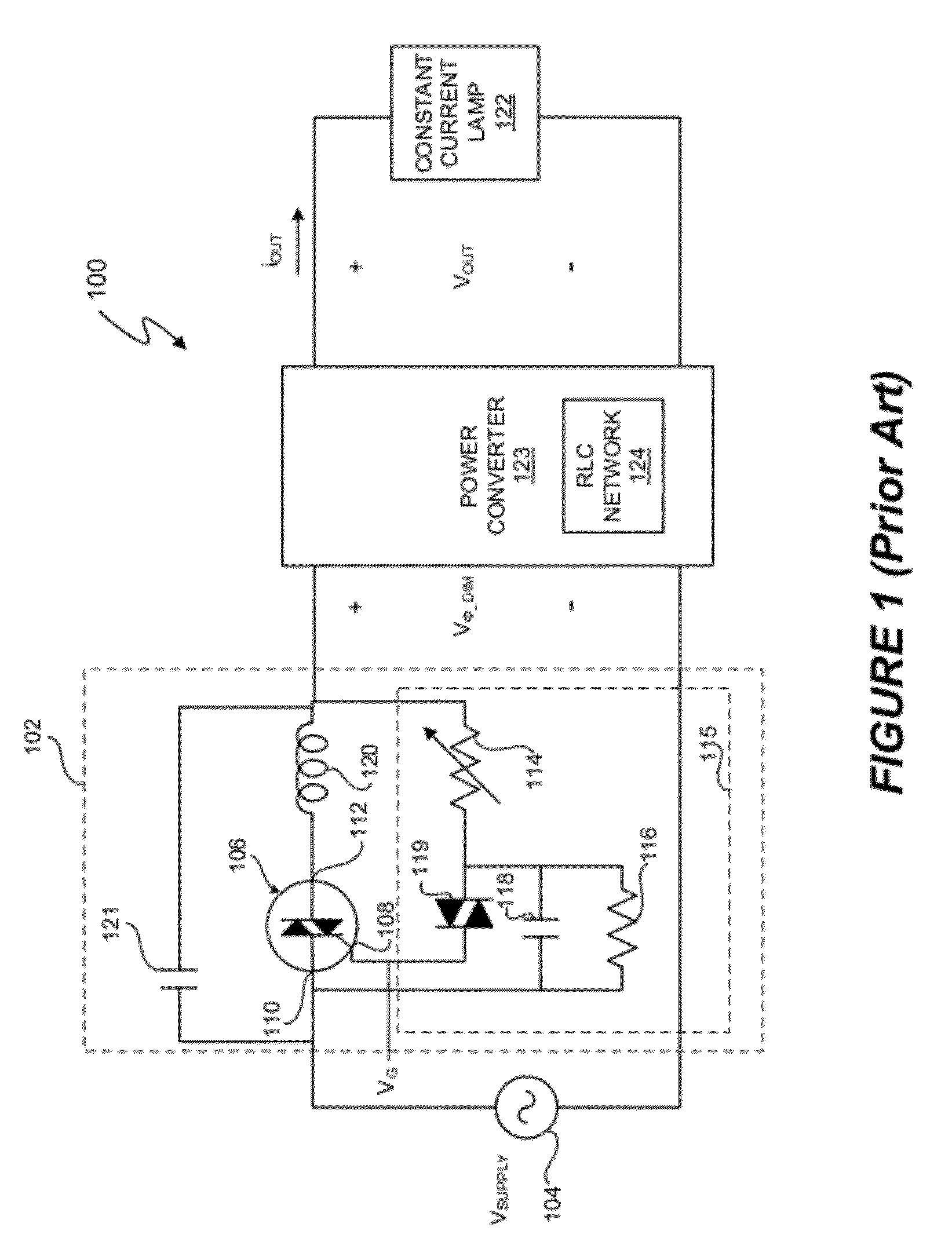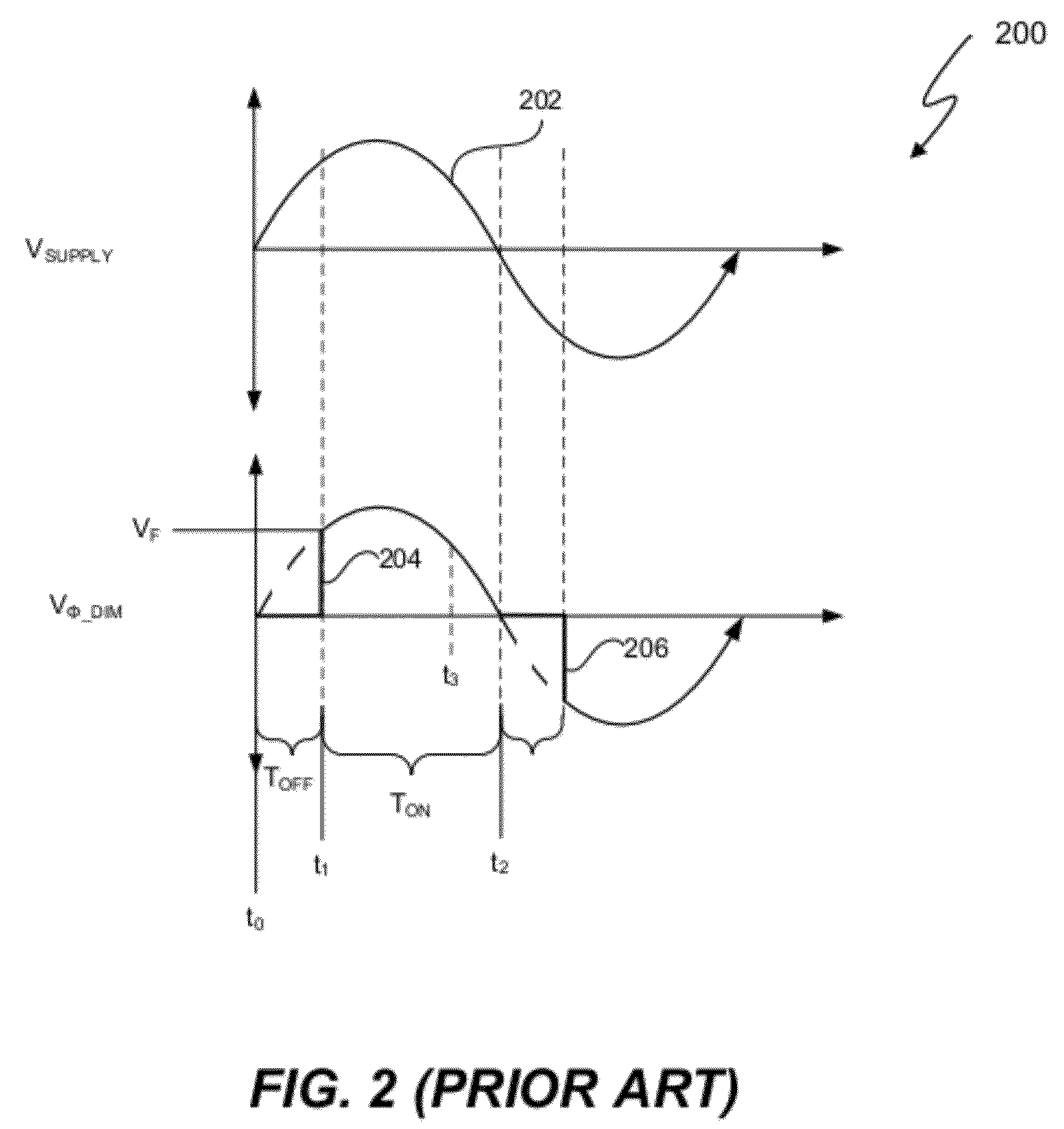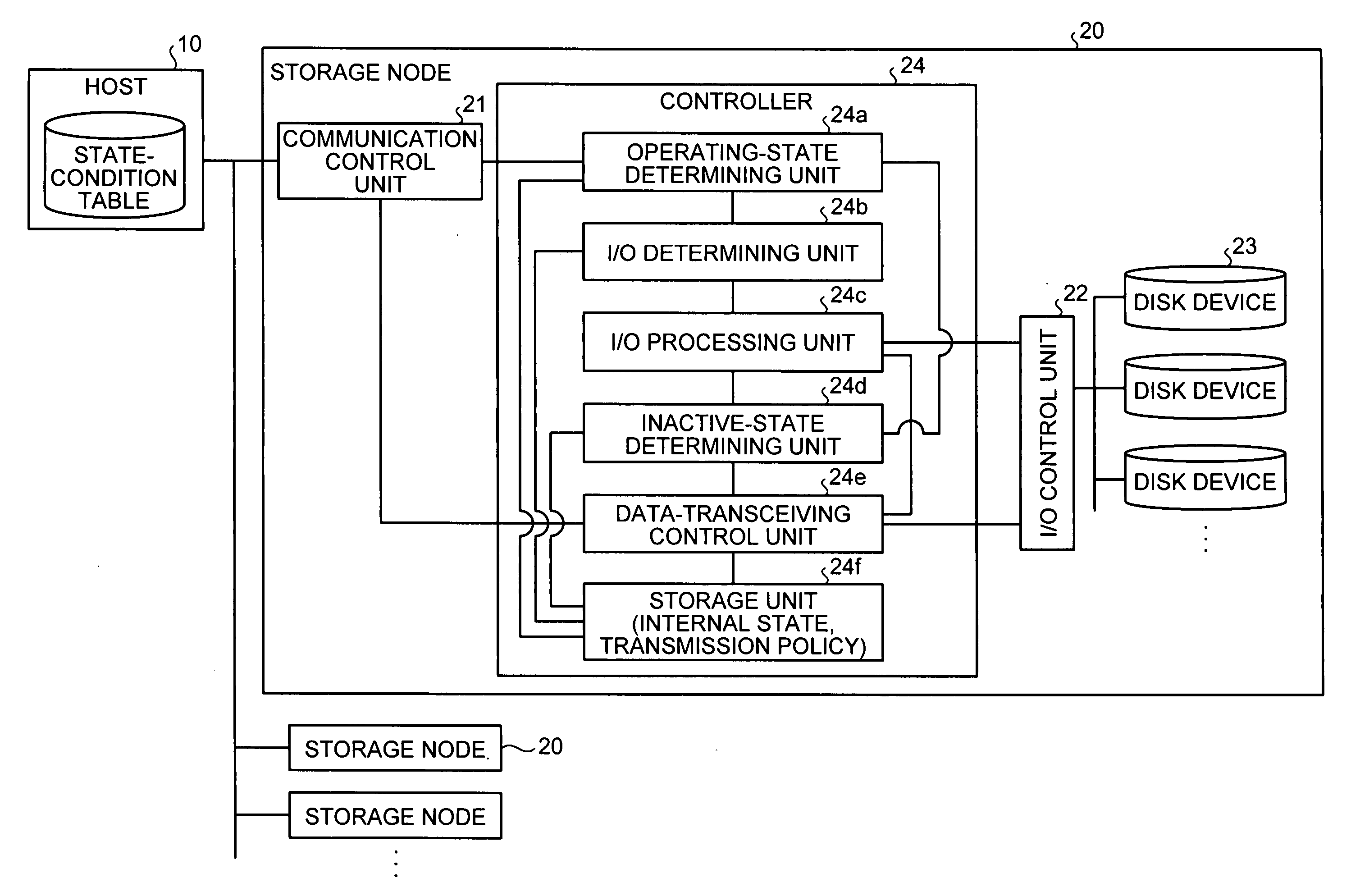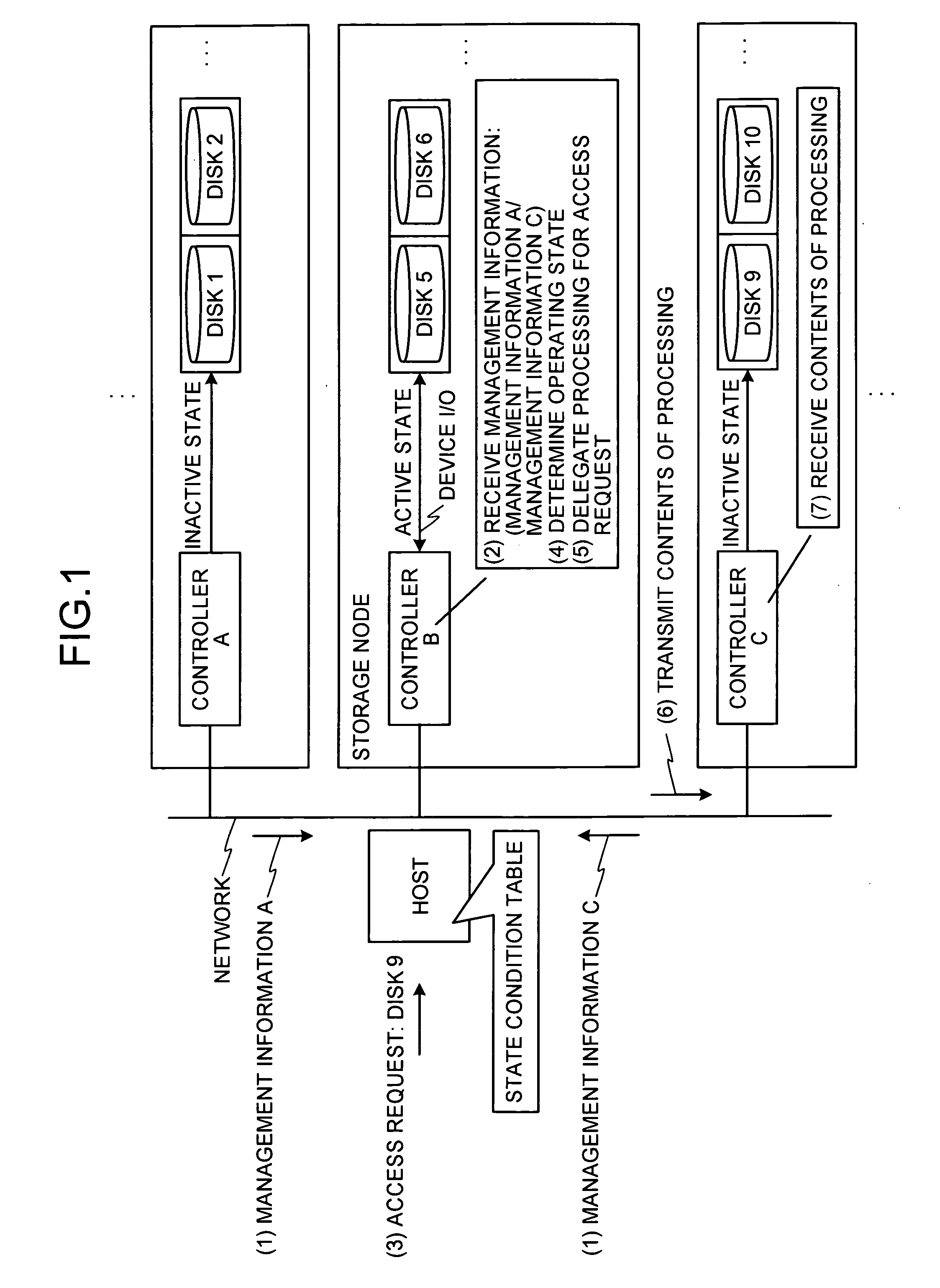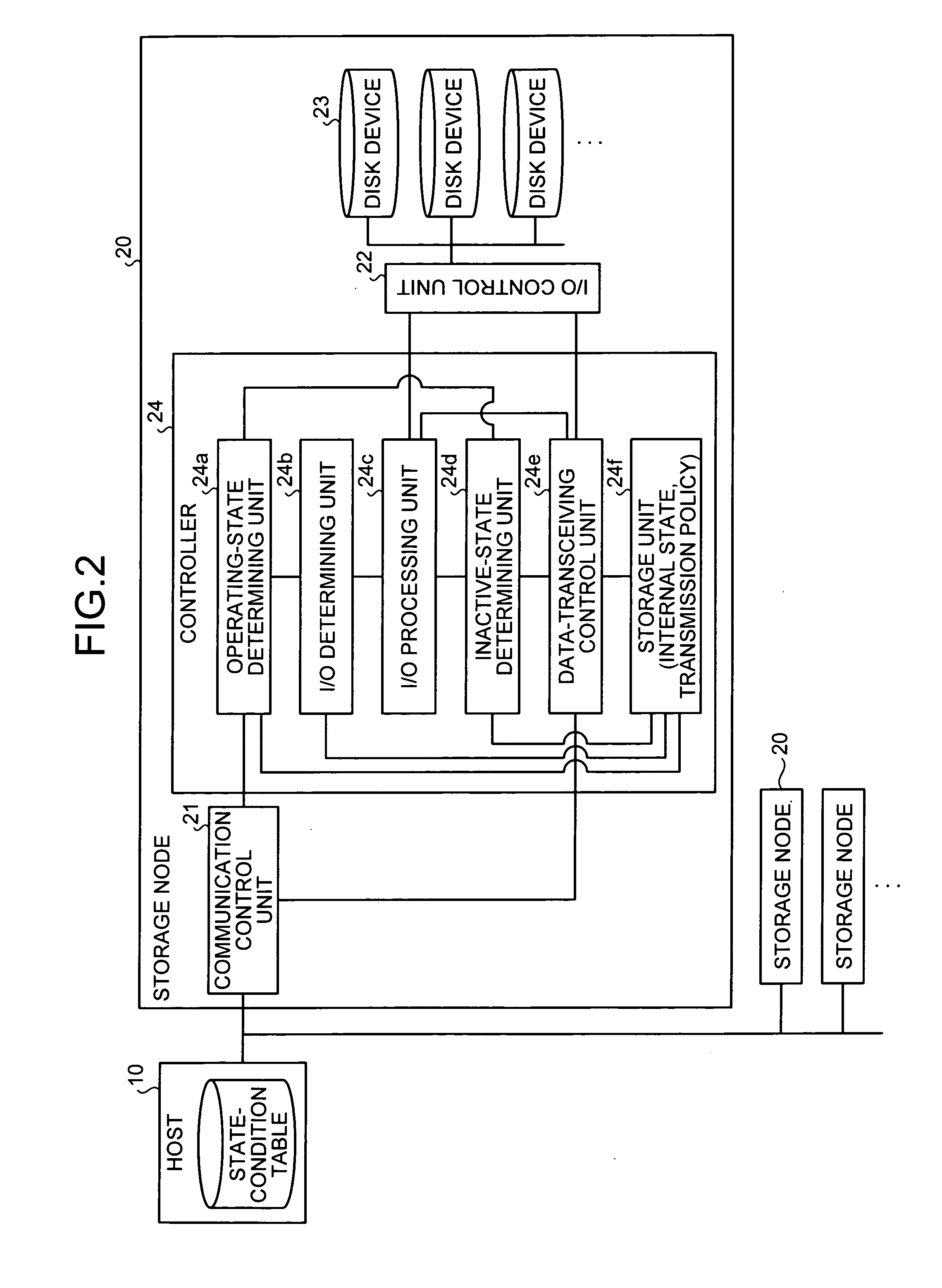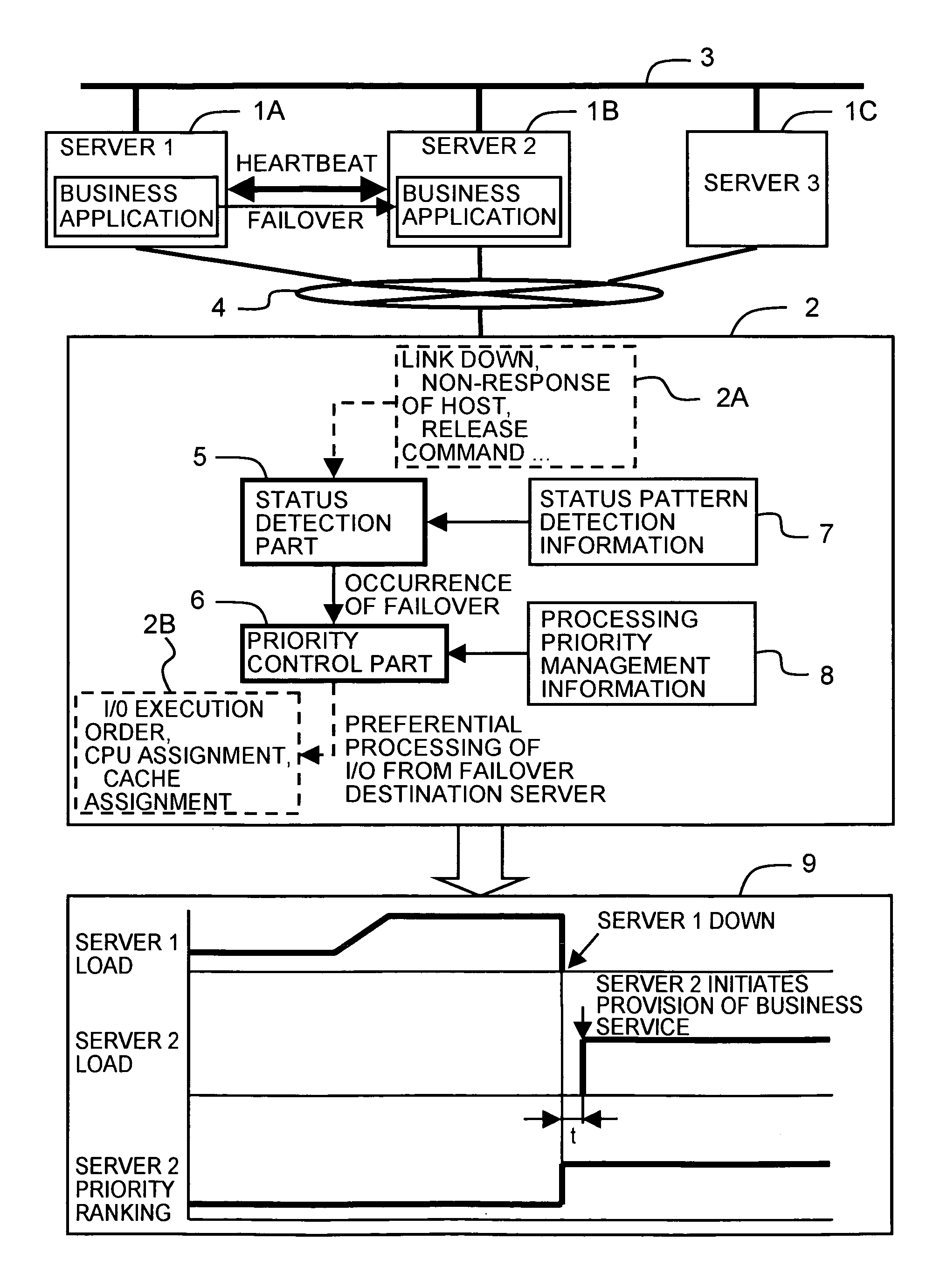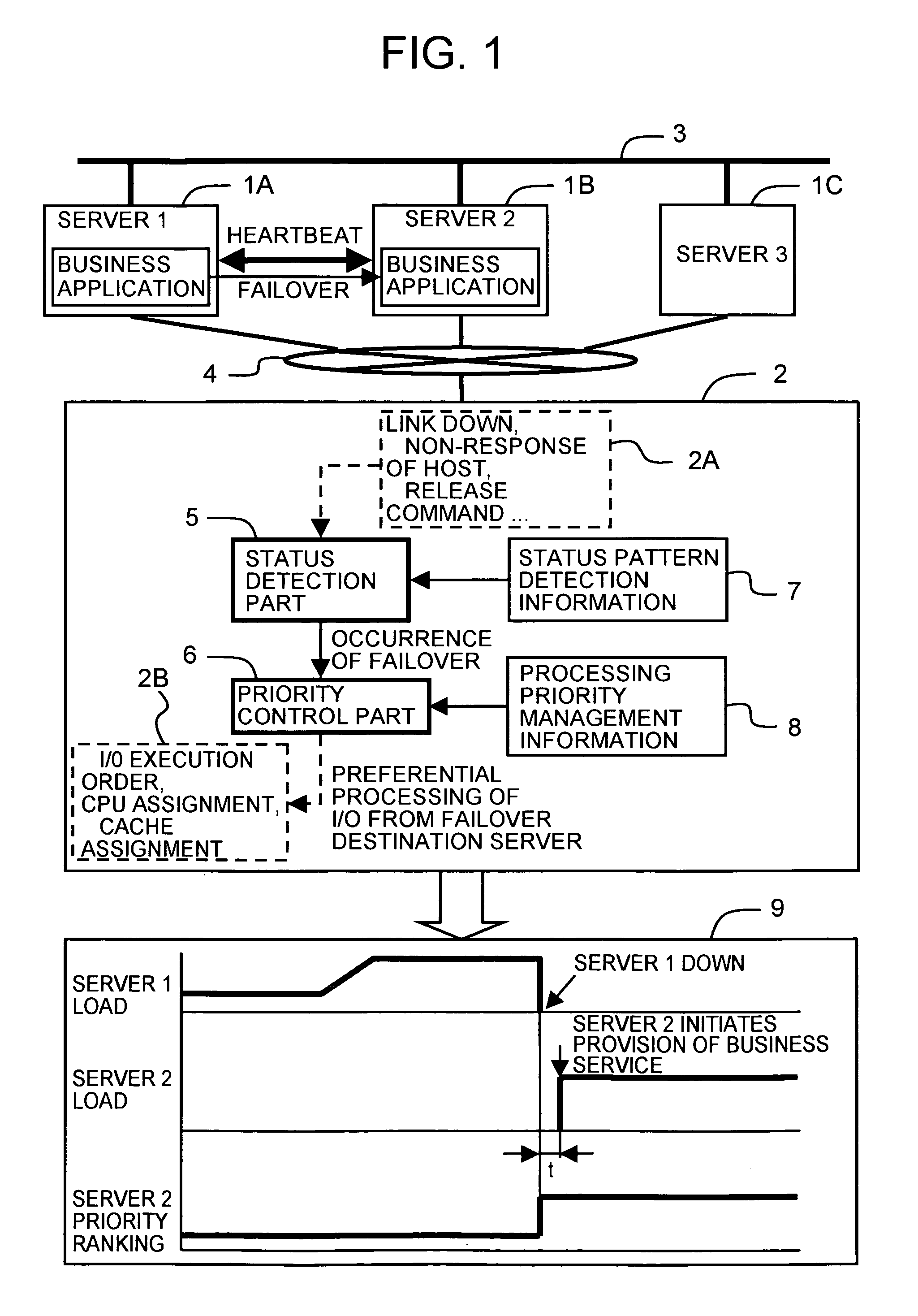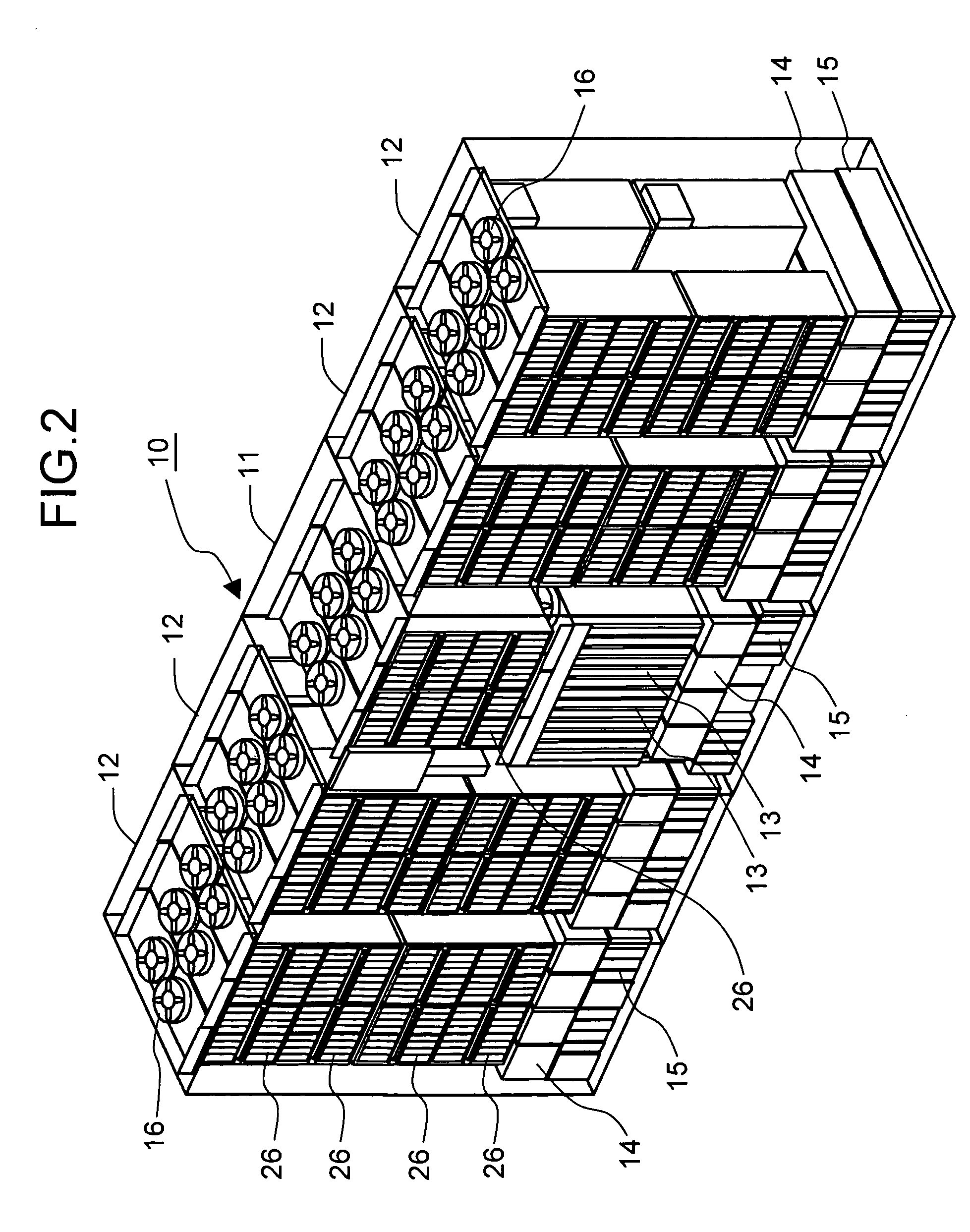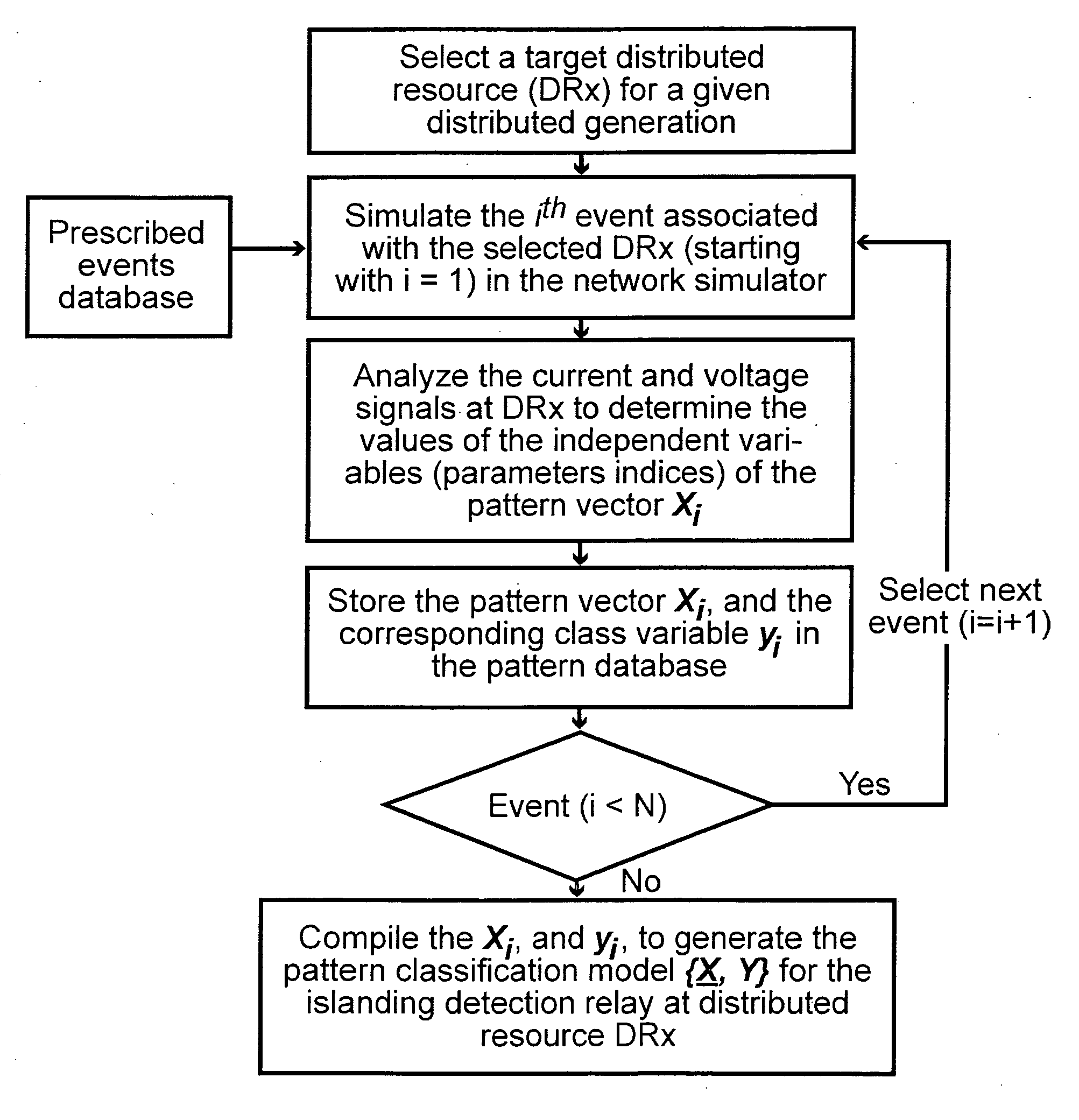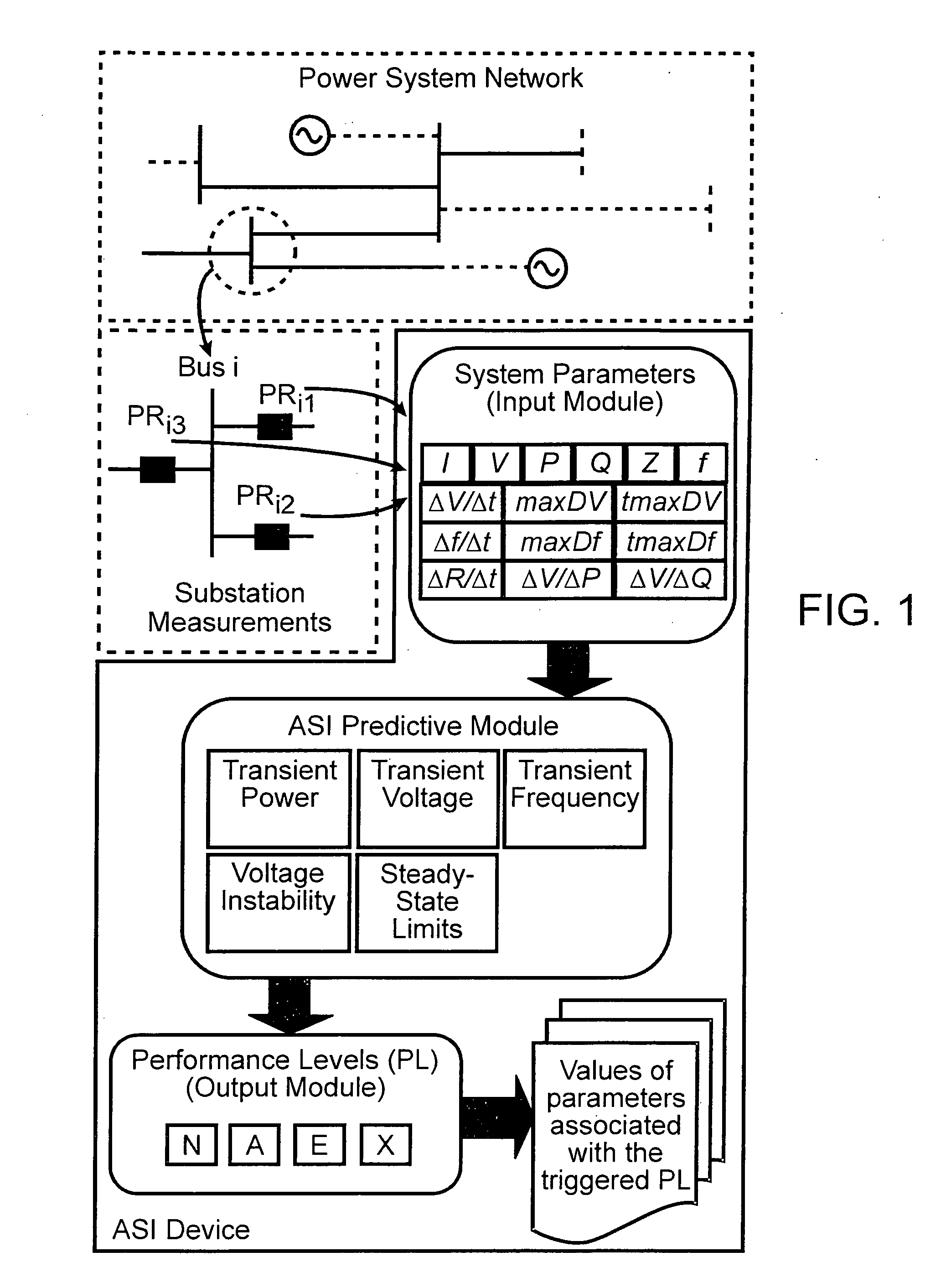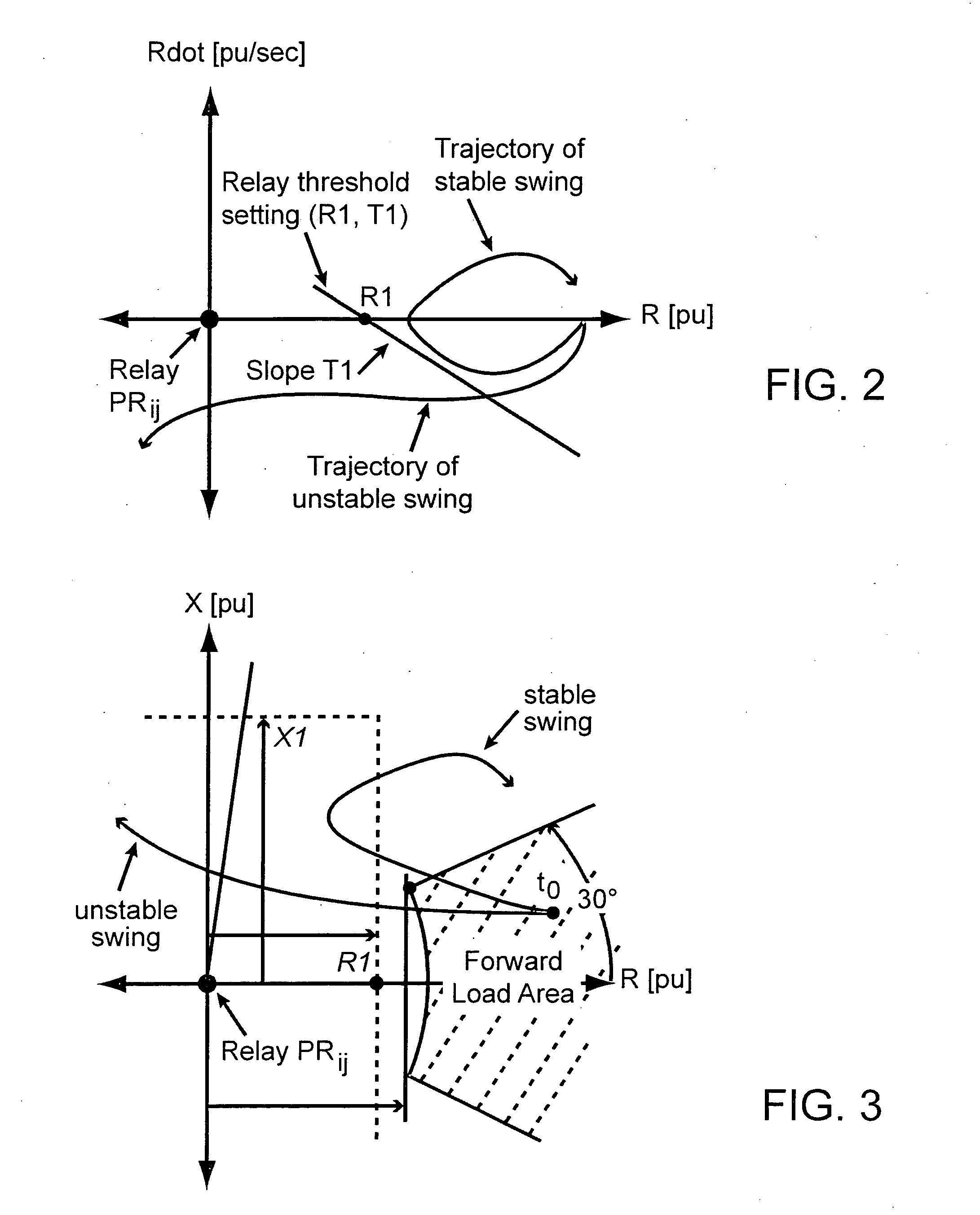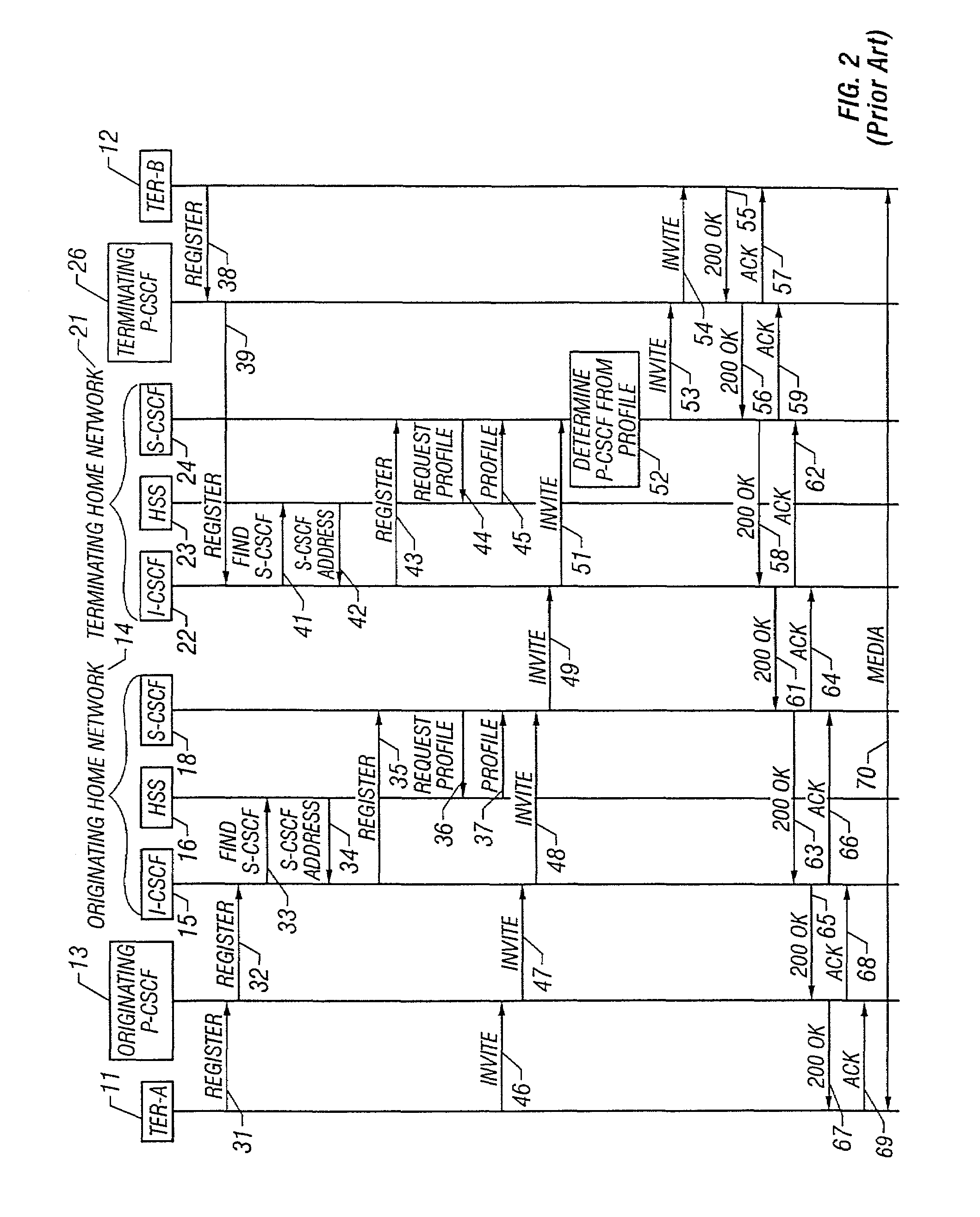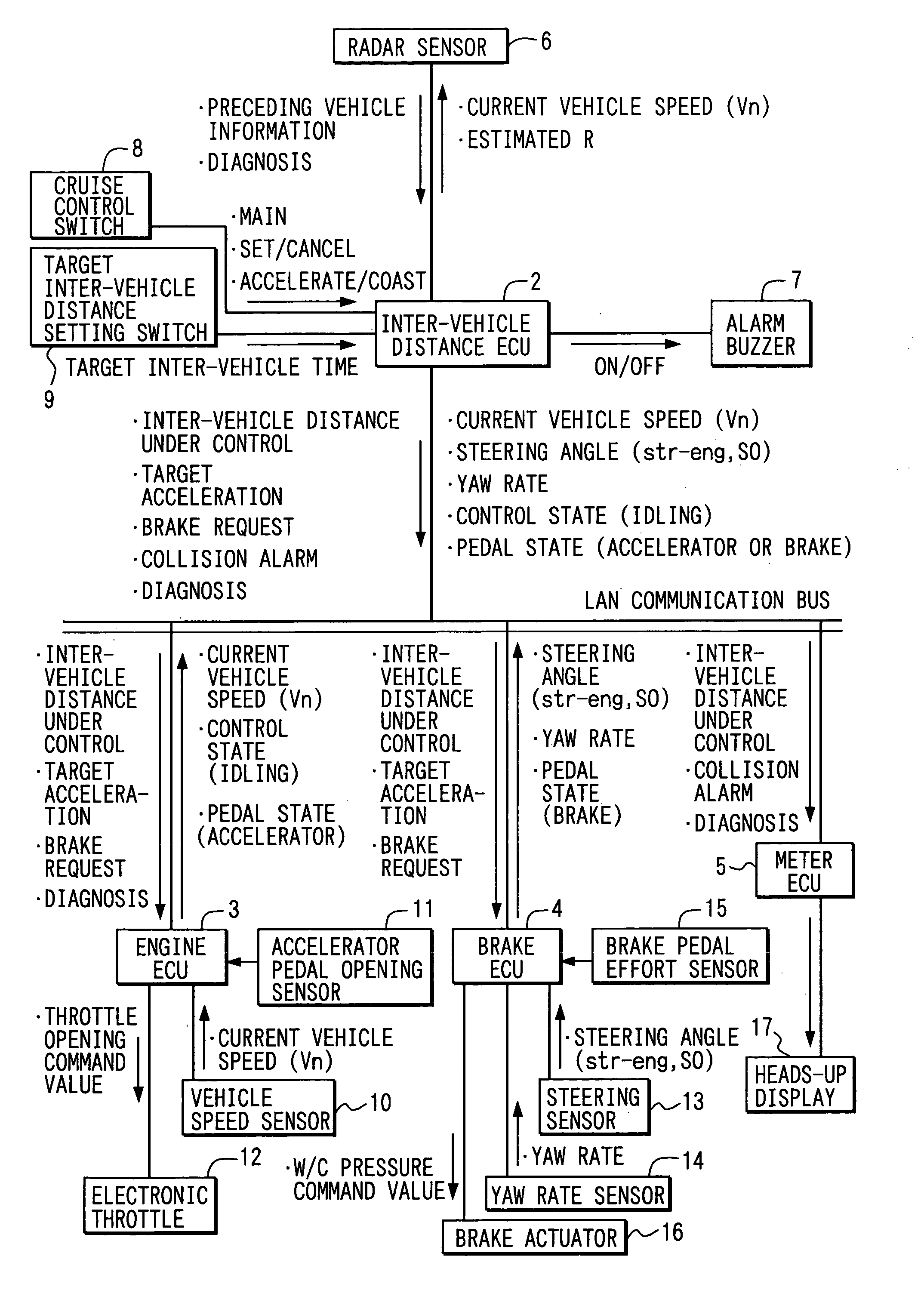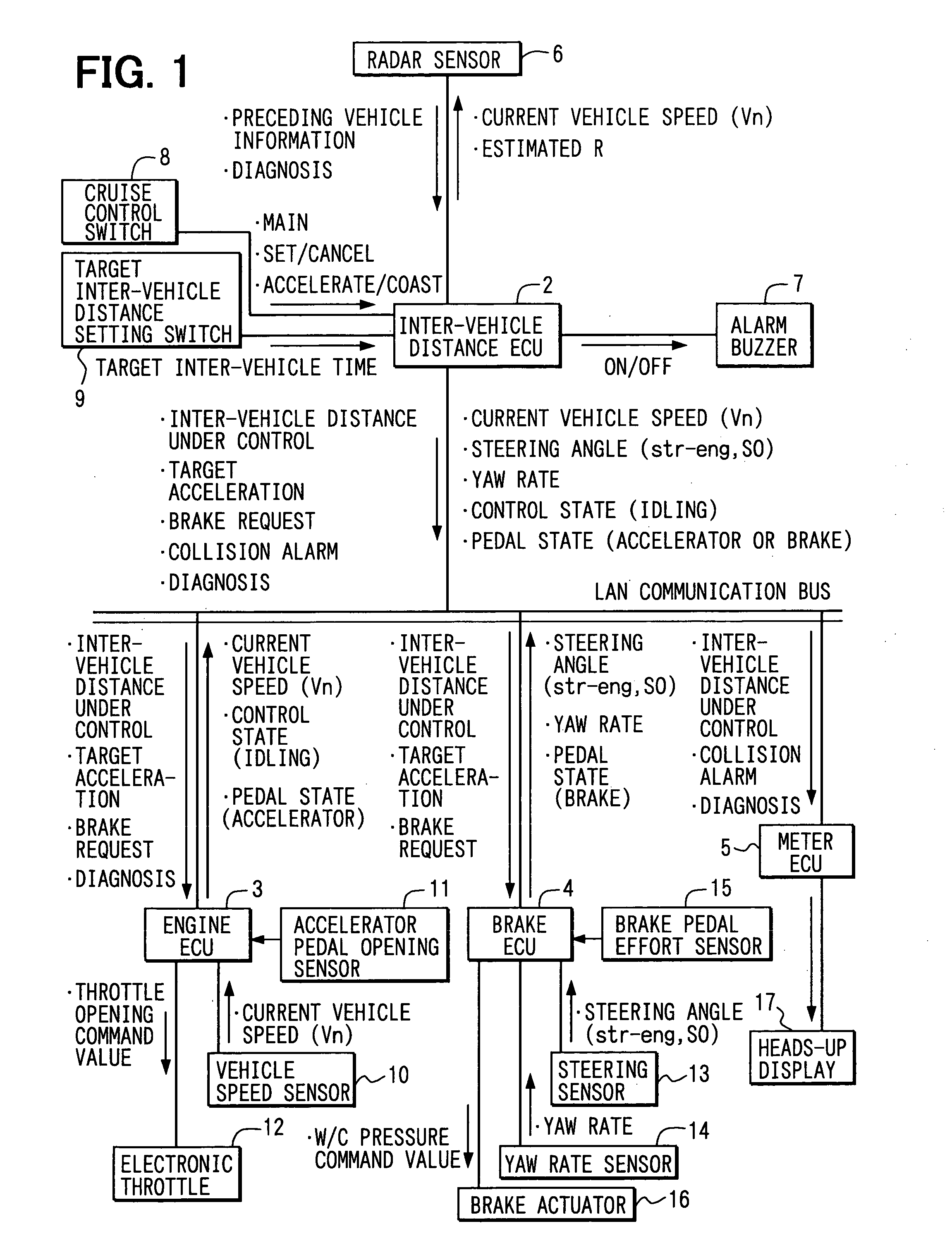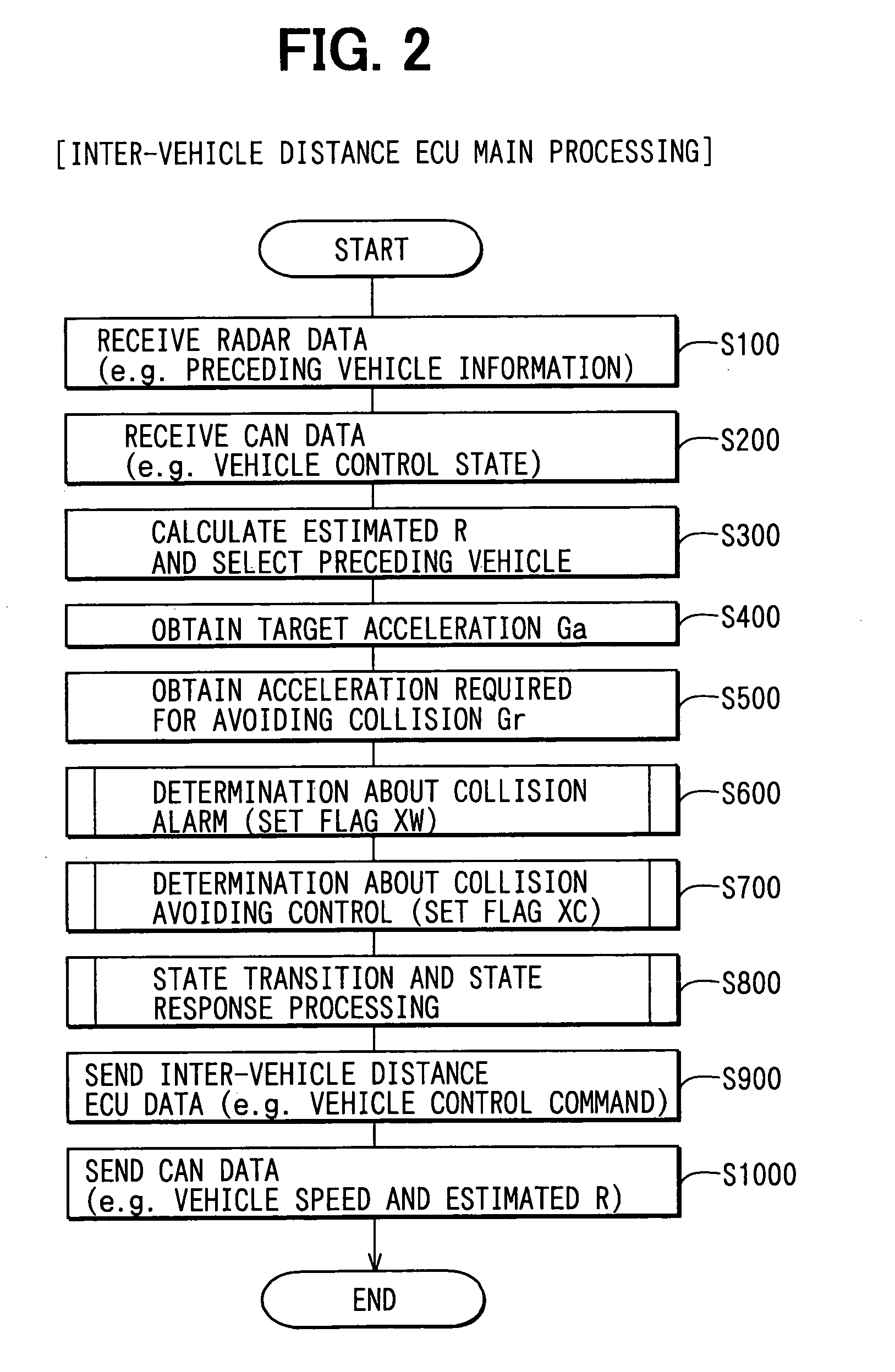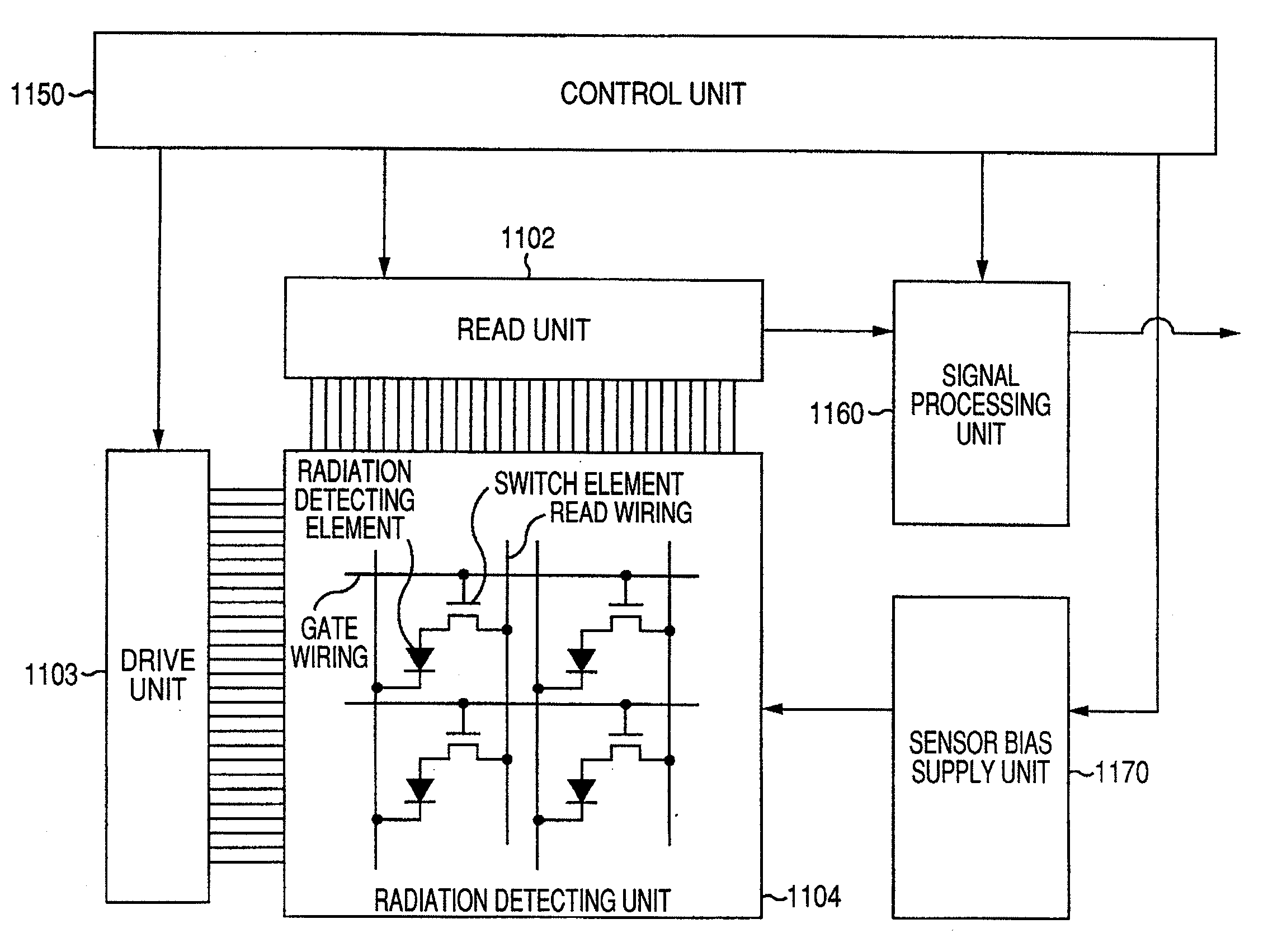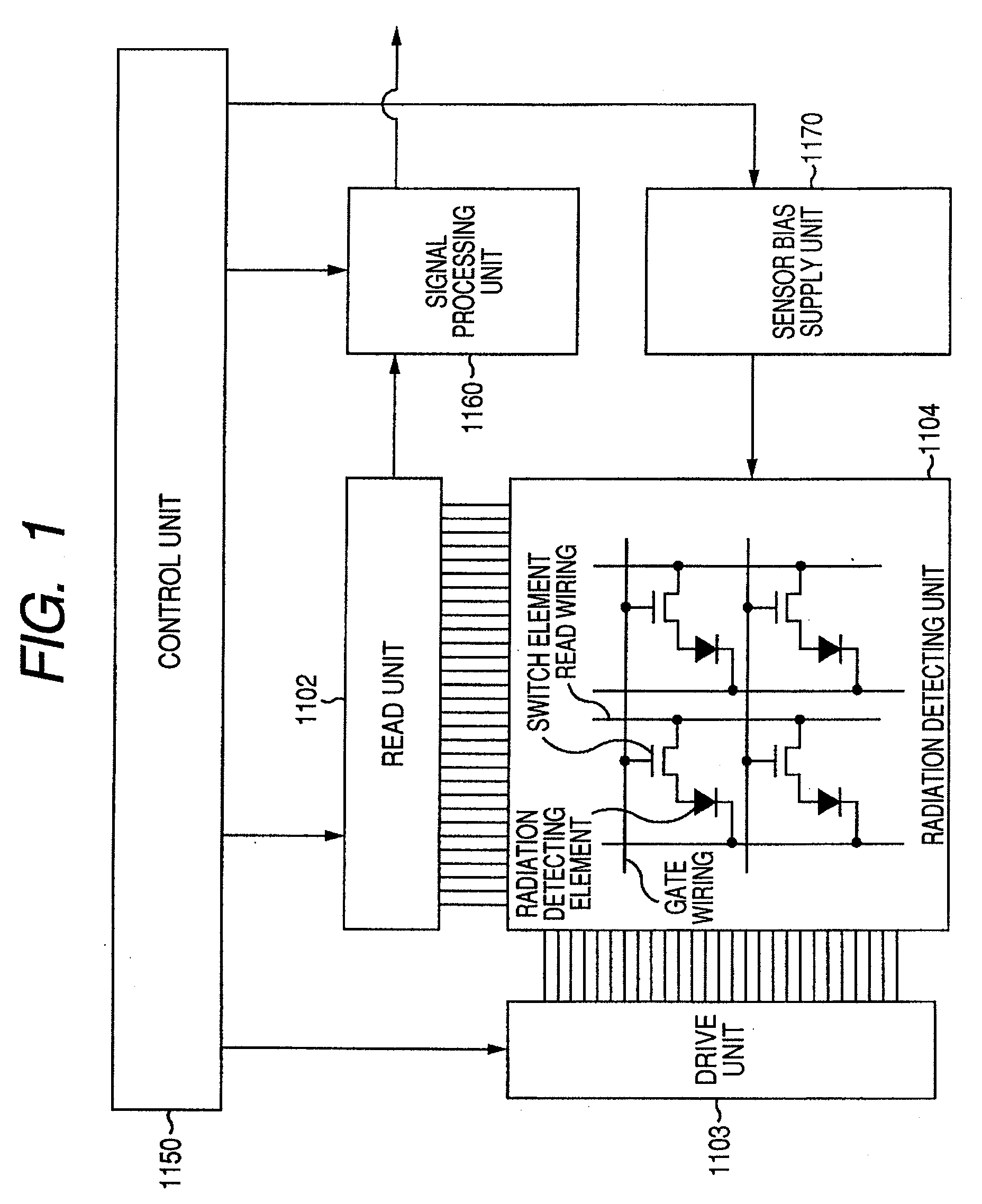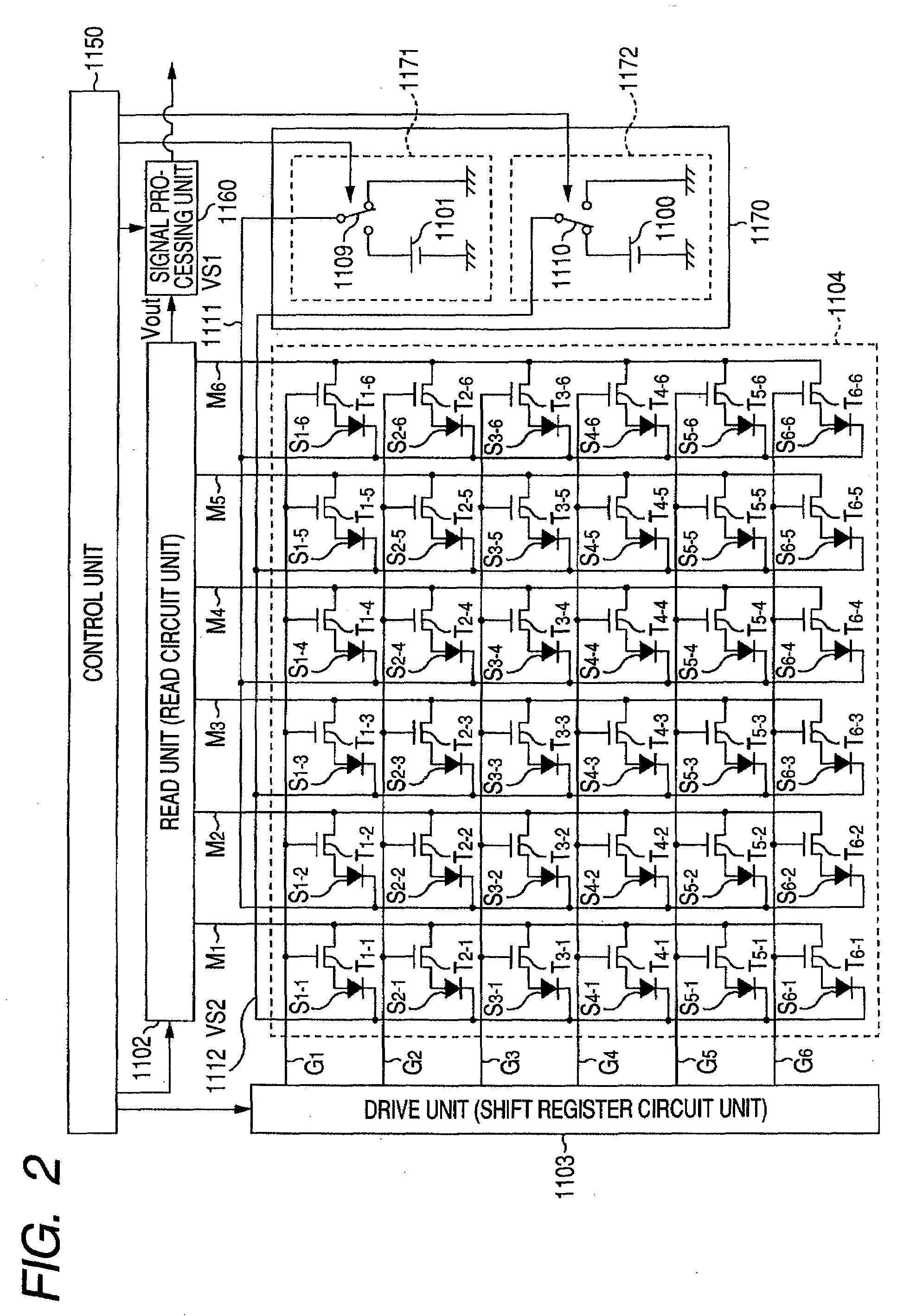Patents
Literature
Hiro is an intelligent assistant for R&D personnel, combined with Patent DNA, to facilitate innovative research.
3896 results about "State control" patented technology
Efficacy Topic
Property
Owner
Technical Advancement
Application Domain
Technology Topic
Technology Field Word
Patent Country/Region
Patent Type
Patent Status
Application Year
Inventor
Status control for electrically powered surgical tool systems
InactiveUS20130018400A1Accurate and reliable efficiencyOvercomes shortcomingDiagnosticsEndoscopic cutting instrumentsEngineeringEndoscopic surgery
The present invention relates to a method for determining a utilization level (UL; ULtot) indicating a degree of utilization of a re-usable cutting accessory (4) for endoscopic surgery, such as an arthroscopic shaver blade, removably connectable to a handpiece (2) comprising a motor (21) driving the cutting accessory (4) during surgical procedures. The method provides a reliable measure of the utilization level of the cutting accessory (4) by determining the utilization level (UL) of the cutting accessory (4) through calculation of at least one utilization factor (UF1, UF2) that is calculated based on a torque (40) measured when said cutting accessory (4) is driven by said motor (21).
Owner:MEDICAL VISION RES & DEV AB
Systems and methods for IMS user sessions with dynamic service selection
ActiveUS7856226B2Multiplex system selection arrangementsSpecial service provision for substationApplication serverSession control
Owner:AYLUS NETWORKS
Hybrid media gateway control function providing circuit-switched access to a packet-switched radio telecommunications network
InactiveUS20020110104A1Time-division multiplexWireless network protocolsTelecommunications networkControl signal
A hybrid Media Gateway Control Function (MGCF) implemented in a 3G wireless telecommunications network that provides access to multimedia services and IP networks for a mobile terminal operating in a circuit-switched (CS) mode. The hybrid MGCF includes a CS-specific signaling mechanism that exchanges CS-specific control signaling with a radio access network (RAN) serving the mobile terminal, and a SIP signaling mechanism that exchanges SIP control signaling with a Call State Control Function (CSCF) that accesses multimedia services for the mobile terminal. A converter in the hybrid MGCF converts the CS-specific control signaling into SIP control signaling, and sends the SIP signaling to the SIP signaling mechanism. A switching control function within the hybrid MGCF controls a Media Gateway (MGW) to route media payload from the RAN to destinations such as multimedia IP networks.
Owner:TELEFON AB LM ERICSSON (PUBL)
Wireless communications system with parallel computing artificial intelligence-based distributive call routing
The present invention is directed to devices and methods that provide a user of a decentralized asynchronous parallel-configured wireless communication system for voice, data and live digital video streaming communication with the ability to select various communication paths and calling bandwidths as needed. The system uses a novel Time-Shared Full Duplex (TSFD) protocol for communications. The TSFD protocol allows the transmission of live digital video signals from one wireless device to another wireless device. The system provides local communication as well as optional links to external networks, and does not require a synchronous centralized switching center. It further provides secure operation, emergency notification and a way to collect revenue from the system, and allows for control of the operational state of the internal network and optional remote control of the operational state control of systems external to the network.
Owner:WAHOO COMM CORP
Method and system for power management including device controller-based device use evaluation and power-state control
InactiveUS20050125702A1Lower latencyReduce power consumptionEnergy efficient ICTVolume/mass flow measurementOperational systemDevice Usage
A method and system for power management including device controller-based device use evaluation and power-state control provides improved performance in a power-managed processing system. Per-device usage information is measured and evaluated during process execution and is retrieved from the device controller upon a context switch, so that upon reactivation of the process, the previous usage evaluation state can be restored. The device controller can then provide for per-process control of attached device power management states without intervention by the processor and without losing the historical evaluation state when a process is switched out. The device controller can control power-saving states of connected devices in conformity with the usage evaluation without processor intervention and across multiple process execution slices. The device controller may be a memory controller and the controlled devices memory modules or banks within modules if individual banks can be power-managed. Local thresholds provide the decision-making mechanism for each controlled device. The thresholds may be history-based, fixed or adaptive and are generally set initially by the operating system and may be updated by the memory controller adaptively or using historical collected usage evaluation counts or alternatively by the operating system via a system processor.
Owner:IBM CORP
State control of remote hosts for management of distributed applications
Configuring a node. A method includes determining a current state of a target node. The current state of the target node refers to objects currently deployed or running in the remote target node. It includes at least one of an operating system, one or more applications, or configuration setting at the target node. The method further includes determining a desired state for the target node to change the current state. The method further includes accessing a dependency graph based on the version of an agent running on the target node. The dependency graph is supplied to a state machine. The state machine is particular to the target node. The state machine using the current state of the target node, the desired state and the dependency graph, performs operations to drive the target node toward its goal.
Owner:MICROSOFT TECH LICENSING LLC
Stereoscopic 3-d viewing system with portable electro-optical viewing glasses and shutter-state control signal transmitter having multiple modes of operation for stereoscopic viewing of 3-d images displayed in different stereoscopic image formats
InactiveUS6456432B1Improve battery lifeExtend battery lifeInput/output for user-computer interactionTelevision system detailsControl signalMultiple modes
The present invention relates to a system and method of viewing pairs of perspective images of 3-D objects (i.e. stereoscopic image pairs) displayed from a CRT display surface in a time-multiplexed or field-sequential manner, and more particularly to a universal method of generating control signals for synchronously changing the optical state of liquid crystal (LC) shutter panels through which the time-multiplexed perspective. images can be sequentially viewed in a substantially flicker-free manner by the left and right eyes of a human viewer, independent of whether the images are displayed on NTSC, PAL, VGA or SVGA styled CRT display devices.
Owner:REVEO
Dynamic protection against failure of a head-end node of one or more TE-LSPs
ActiveUS20070165515A1Preserving scalabilityReduce needError preventionTransmission systemsTraffic capacityLabel switching
A technique dynamically protects against failure of a head-end node of one or more primary Traffic Engineering Label Switched Paths (TE-LSPs) in a computer network. According to the novel technique, a neighboring upstream node (“protecting node”) of the head-end node learns of the primary TE-LSPs (and their respective state control blocks) extending from the head-end node to one or more address prefixes. The protecting node establishes a repair TE-LSP for each of the primary TE-LSPs to a corresponding downstream neighboring node of the head-end node (a “next-next-hop”). In response to detecting a failure of the head-end node, the protecting node locally reroutes traffic destined for the address prefixes to an appropriate repair TE-LSP. Due to the failure of the head-end node, the protecting node then refreshes the states of the primary TE-LSPs using replicated state control blocks accordingly, until the repair TE-LSPs are no longer needed.
Owner:CISCO TECH INC
Method and system for remotely supplying power through an automated power adapter to a data processing system
A method and system for supplying external electrical power to charge a battery within a data processing system by utilizing a automated remotely located power adapter is disclosed. The automated remotely located power adapter includes a state control logic circuit for determining when to supply external electrical power to charge the battery and an auto-close detection circuit for automatically shutting on and off the external electrical power in response to the state control logic. The automated remotely located power adapter is connectable between the external power supply and the data processing system for supplying external electrical power to charge the battery within the data processing system and automatically shuts off the external electrical power when the data processing system indicates that the battery is fully charged.
Owner:LENOVO (SINGAPORE) PTE LTD
Terminal state control system
InactiveUS20050070283A1More communicationEasy to distinguishUnauthorised/fraudulent call preventionEavesdropping prevention circuitsControl systemLocation area
When a terminal enters a cell of a personal-use base station (NBTS) arranged in a certain location area, the terminal receives a location area identifier having a number that is different from an identifier of the location area, and transmits a location updating request with the reception of the location area identifier as a trigger. On receiving the location updating request, a VLR or an NRNC having a registration table, in which the ID of the personal-use base station and the ID of a terminal allowed to use the personal-use base station are registered, judges whether the terminal issued the location updating request is the terminal allowed to use the personal-use base station by referring to the registration table. If the terminal issued the location updating request corresponds to the terminal allowed to use the personal-use base station, the terminal is placed under a status where it is capable of performing communication in the cell, and if not, the terminal is placed under a status where it is incapable of performing communication in the cell.
Owner:FUJITSU LTD
Projection exposure method and apparatus
InactiveUS6404482B1Photomechanical exposure apparatusMicrolithography exposure apparatusOptical axisFourier transform on finite groups
In projection exposure of isolated pattern such as a contact hole, in order to increase the depth of focus a coherence reducing member is disposed on a Fourier transform plane in an image-forming optical path between a mask and a sensitized base, so that coherence is reduced between image-forming beams respectively passing through a plurality of different, concentric regions around the optical axis of the projection optical system on the Fourier transform plane. The coherence reducing member may be a polarization state control member for making a difference in polarization state, a member for making a difference in optical path length, or space filters with different shapes.
Owner:NIKON CORP
System and method for providing end-to-end quality of service (QoS) across multiple internet protocol (IP) networks
A system and method of ensuring a requested Quality of Service (QoS) for a media flow that is transported through multiple transport networks. An interface is established between a Call State Control Function (P-CSCF) and a Bandwidth Broker (BB) for the passing of a session description and Binding Information from the P-CSCF to the BB. The interface uses the Common Open Policy Service (COPS) protocol and the Bandwidth Broker (BB) protocol. The Binding Information may be the source IP address plus Real Time Protocol (RTP) port and the destination IP address plus RTP port. The Binding Information is also passed back toward the Originating BB (BB-O) from a Serving BB (BB-S) in the terminating (serving) network through BBs in adjacent networks using the BB protocol.
Owner:TELEFON AB LM ERICSSON (PUBL)
Recording medium, reproduction device, recording method, program, and reproduction method
ActiveUS20060188223A1Reduce bandwidth requirementsLow bandwidthTelevision system detailsElectronic editing digitised analogue information signalsComputer hardwareGraphics
On a BD-ROM, there is recorded is a digital stream into which video and audio streams are multiplexed. The video stream is composed of a plurality of pictures that together represent video. The graphics stream includes a PES packet storing state control information (ICS) and PES packets containing graphics data (ODSs). The graphics data constructs an interactive display. The state control information defines the control so as to change the states of buttons presented on the interactive display according to the reproduction proceeding and user operations. The ICS is attached with a PTS showing the display timing of a picture to be synchronized with the interactive display. The ODS is attached with a PTS showing the timing for decoding the graphics data. The timing shown in the ODS is prior to the display timing.
Owner:PANASONIC CORP
Method and apparatus for transportation of data over a managed wireless network using unique communication protocol
InactiveUS6587441B1Multiplex system selection arrangementsError prevention/detection by using return channelWireless controlWireless mesh network
A wireless, redundant, secure, real-time, network for a proprietary interactive data transfer system having a remote terminal and a host data center, such as an automated teller banking system, is disclosed. Controllers for the remote terminal and the host data center receive the proprietary language messages and packetize and encrypt the messages for sending over the best wireless carrier among the plurality of wireless carriers the controllers are connected to. The wireless control protocol monitors the communications to provide for selection of the most reliable communication carrier for any part of a transmission. Each network segment of the signal path has at least one state-controlled gate which reports the status of that signal path. Real time transmission and acknowledgment of securely packetized messages on wireless communications carriers via an object oriented coding control application provides for reliable datagram transfer independent of the reliability of any one signal path.
Owner:MAYFAIR WIRELESS
Image display device
InactiveUS20050007316A1Increase manufacturing costReduce yieldStatic indicating devicesElectroluminescent light sourcesManufacturing cost reductionEngineering
Disclosed herewith an image display device capable of displaying high quality images and preferred for reducing the manufacturing cost. The image display device is provided with illuminating state controlling state for controlling the illuminating state or non-illuminating state and constant voltage supply for supplying a constant voltage to each pixel through a signal line when the illuminating state is selected for the pixel.
Owner:HITACHI DISPLAYS
Projection exposure method and apparatus
InactiveUS6310679B1Photomechanical exposure apparatusMicrolithography exposure apparatusOptical axisFourier transform on finite groups
In projection exposure of isolated pattern such as a contact hole, in order to increase the depth of focus a coherence reducing member is disposed on a Fourier transform plane in an image-forming optical path between a mask and a sensitized base, so that coherence is reduced between image-forming beams respectively passing through a plurality of different, concentric regions around the optical axis of the projection optical system on the Fourier transform plane. The coherence reducing member may be a polarization state control member for making a difference in polarization state, a member for making a difference in optical path length, or space filters with different shapes.
Owner:NIKON CORP
Telephony services in mobile IP networks
ActiveUS7623447B1Easy to set upError preventionFrequency-division multiplex detailsUser equipmentMobile IP
An emergency telephone call is supported and routed to a Public Safety Answering Point (PSAP) in an IP based packet switched wireless communications network. An activate PDP context request is sent from a user equipment to the network. A parameter in the activate PDP context request indicates that the PDP context will be used to transfer an emergency call. An activate PDP context accept message is returned from the support node to the user equipment. The activate PDP context accept message acknowledges the activate PDP context request message and provides the address of a call state control function. A call setup request transferred to the call state control function includes the Service Area Identity (SAI). The call state control function selects a PSAP based, at least in part, on the SAI included in the call setup request and forwards the emergency call to the selected PSAP.
Owner:GOOGLE TECH HLDG LLC
Common charging identifier for communication networks
ActiveUS20020127995A1Good flexibilityMetering/charging/biilling arrangementsAssess restrictionTelecommunicationsState control
In a first embodiment of the invention, when an Activate PDP Context Request message is forwarded to a Service GPRS Support Node (SGSN), the SGSN creates a Create PDP Context Request message and forwards it to a Gateway GPRS Support Node (GGSN). In response to the Create PDP Context Request forwarded by the SGSN, the GGSN creates a Create PDP Context Response message. When a PDP context is created by the GGSN, the GGSN associates a Globally Unique Charging Identification (GCI) with the PDP context. Then, the Create PDP Context Response including the GCI is forwarded to the SGSN. The GCI is sent from the SGSN to the UE and from the UE to the CSCF. In a second embodiment of the invention, the GCI is sent from the SGSN or the GGSN directly to the Call State Control Function (CSCF). Sending the GCI can be performed either autonomously or based on a request from the CSCF. In either embodiment, the CSCF can send the GCI to a second network which performs processing, such as billing, from data collected from call detail records associated with the GCI.
Owner:NOKIA TECHNOLOGLES OY
System and method for enabling combinational services in wireless networks by using a service delivery platform
InactiveUS20070197227A1Interconnection arrangementsConnection managementApplication serverRadio access network
Under one aspect, a method of providing combinational services to a user endpoint includes providing a radio access network in communication with the user endpoint; providing a circuit-switched (CS) network in communication with the radio access network, the CS network comprising at least one mobile switching center (MSC) capable of providing a voice service to the user endpoint via the radio access network; providing an IP multimedia subsystem (IMS) core in communication with the radio access network, the IMS core comprising at least one call state control function (CSCF); providing one or more application servers (AS) in communication with the IMS core, the one or more AS capable of providing a corresponding one or more data services to the user endpoint via the CSCF and radio access network; providing a serving node (SN) in communication with the CS network and the IMS core; configuring logic in the MSC to send a first pre-defined message to the SN in response to a trigger detection point (TDP) that is triggered by the user endpoint requesting a voice service or a first entity requesting a voice service with the user endpoint; configuring logic in the CSCF to send a second pre-defined message to the SN in response to a service point trigger (SPT) that is triggered by the user endpoint requesting a data service or by a second entity requesting a data service with the user endpoint; and configuring logic in the SN to receive and respond to at least one of the first and second pre-defined messages by at least one of sending instructions to the MSC to provide a voice service to the user endpoint and sending instructions to the AS to provide a data service to the user endpoint.
Owner:AYLUS NETWORKS
Method for performing inter-system handovers in a mobile communication system
InactiveUS20060258358A1Avoid introducingEasy to mergeConnection managementData switching by path configurationCommunications systemRadio networks
The invention relates to a method for performing inter-system handovers in a communication system comprising at least a mobile station, a call state control function, a first and a second call control node, a first and a second media gateway and a radio network node. The handover is achieved by way of connecting a call control node to a call state control function. The call control node allocates a media gateway for the session established. The session media bearers are routed via the media gateway. The call control node acts as an anchor node for the handover. As the mobile station moves to a new cell a media bearer is established to the media gateway from the mobile station via the new cell.
Owner:RPX CORP
Multi-Mode Dimmer Interfacing Including Attach State Control
A system and method includes a controller that is configured to coordinate (i) a low impedance path for a dimmer current, (ii) attaching a dimmer to a power converter system at the leading edge of a phase-cut, rectified input voltage, (iii), control of switch mode power conversion, and (iv) an inactive state to, for example, reduce the dimmer current while allowing a dimmer to function normally from cycle to cycle of an alternating current (AC) supply voltage. In at least one embodiment, the dimmer functions normally when the dimmer conducts at a correct phase angle indicated by a dimmer input setting and avoids prematurely resetting while conducting. In at least one embodiment, by coordinating functions (i), (ii), (iii), and (iv) the controller controls a power converter system that is compatible with a triac-based dimmer.
Owner:SIGNIFY HLDG BV
Storage system
InactiveUS20070204023A1Solve problemsEnergy efficient ICTDigital data processing detailsNetwork connectionEngineering
A plurality of storage nodes are connected via a network to build a storage system. Each of the storage nodes includes a storage device. A condition holding unit holds a state condition indicating an inactive state and an active state of the storage device. A state control unit controls a state of the storage device between the inactive state and the active state based on the state condition held by the condition holding unit.
Owner:FUJITSU LTD
Storage device for monitoring the status of host devices and dynamically controlling priorities of the host devices based on the status
ActiveUS7240234B2Easy to handleSuppress failureInput/output to record carriersMemory systemsFailoverProcessing priority
Owner:GOOGLE LLC
Methods and processes relating to electricity power generation and distribution networks
According to an aspect of the invention a method is provided comprising: providing a model for a predetermined location within an electrical power system having therein distributed resources (DR), the model based on known system conditions, the model indicative of first sensed characteristics of the electrical power system at the predetermined location; sensing at the predetermined location characteristics of the electrical power system corresponding to at least some of the first sensed characteristics; determining a status of the electrical power system network indicative of an islanding event in dependence upon sensing and other than in dependence upon other sensed data sensed remotely from the predetermined location; and, controlling a distributed resource in dependence upon the status
Owner:MCGILL UNIV
System and method for establishing a conference call
ActiveUS7151753B2Multiplex system selection arrangementsSpecial service provision for substationTelecommunications networkTeleconference
A system and method for establishing a conference call in an Internet Protocol (IP) telecommunications network between a conference owner and a plurality of other conference participants. The IP network includes a conference server and at least one Call State Control Function (CSCF). The CSCF includes a Presence and Instant Messaging (PIM) server that notifies the conference server when participants are present and available. A first user is registered with the conference server as the conference owner, and the owner identifies the conference participants and provides criteria for initiating the conference. The conference server identifies each participant's serving CSCF, and sends a request to A each CSCF to notify the conference server when served participants are present and available. When the predefined number of participants are present and available, the conference server initiates the conference call.
Owner:TELEFON AB LM ERICSSON (PUBL)
Vehicle control system
ActiveUS20040167702A1Improve securityReduce stepsVehicle fittingsDigital data processing detailsDriver/operatorControl system
In a vehicle control system performing collision avoiding control when a collision with a preceding vehicle cannot be avoided by normal running condition control, driving safety is improved by prompting a driver to intervene in the vehicle's control in a reliable manner. When a set switch is turned on in the "cancel" state, the transition to the "in-control, inter-vehicle distance control" sub-state occurs and an inter-vehicle distance control is performed. If a collision with a preceding vehicle cannot be avoided by the inter-vehicle distance control (if the collision alarm flag XA=1), transition to the "in-control, collision alarm" sub-state occurs and a collision alarm is generated. If the acceleration required for avoiding collision is further increased (if the collision avoiding control flag XC=1), the state transits to the "in-control, collision avoiding control" sub-state, and a collision avoiding control is performed.
Owner:DENSO CORP
Voltage amplifier and driving device of display device using the voltage amplifier
InactiveUS8314764B2Negative-feedback-circuit arrangementsCathode-ray tube indicatorsAudio power amplifierDisplay device
An amplifying circuit of a display device including a plurality of pixels includes an input unit, a bias unit, and an output unit. The input unit is coupled between a first power source for supplying a first voltage and a second power source for supplying a second voltage, receives a first input signal and a second input signal, and is controlled by the first and second input signals. The bias unit receives a bias voltage for operating the input unit, and includes a first node and a second node controllable by the input unit. The output unit applies an output voltage to a pixel by using a first output transistor turned on / off by a signal applied to the first node and a second output transistor turned on / off by a signal applied to the second node, and the first output transistor is a different type to the second output transistor. In this instance, the input unit includes a first input transistor having a first terminal coupled to a first power source and being turned on / off by a first input signal and a second input transistor of the same type as the first input transistor, having a first terminal coupled to the first power source, and being turned on / off by a second input signal. The bias unit includes a first transistor controllable by the on / off state of the first input transistor and a second transistor controllable by the on / off state of the second input transistor.
Owner:MC TECH CO LTD
Communication system for controlling data processing according to a state of a communication terminal device
InactiveUS6122682AInstruments for road network navigationArrangements for variable traffic instructionsGraphicsCommunications system
Owner:TOYOTA JIDOSHA KK
Radiation imaging apparatus and radiation imaging system
InactiveUS20070210258A1More time consumingReduce yieldTelevision system detailsSolid-state devicesRadiation imagingElectric signal
A radiation imaging apparatus comprises a read unit reading the electric signal in the radiation detecting elements in a radiation detecting unit comprises the radiation detecting elements converting incident radiation into electric signals arranged two-dimensionally, a control unit controlling the radiation detecting unit with such that a first radiation detecting element group is made senseless state and a second radiation detecting element group is made sensible state, and a signal processing unit performing a subtraction processing such that the electric signal in the radiation detecting elements made senseless state read by the read unit is subtracted from the electric signal in the radiation detecting elements made sensible state read by the read unit according to the state control by the control unit, to reduce conspicuous line noise in an image by a relatively simple configuration.
Owner:CANON KK
Recording medium, reproduction apparatus, recording method, program, and reproduction method
ActiveUS20060045481A1Prevents response debasementInhibitory responseTelevision system detailsRecord information storageInteractive graphicsMultiplexing
A BD-ROM has recorded therein an AV Clip generated by multiplexing a video stream and an interactive graphics stream. The video stream representing a motion picture made of a plurality of pictures, and the interactive graphics stream representing an interactive display to be overlayed on the motion picture, where the interactive graphics stream includes state control information (ICS) stored in a packet and a graphics data sequence (ODS), and the packet includes a time stamp that indicates a time at which the initial display is performed, the time being obtained by adding a predetermined duration to a decode ending time (PTS) of graphics data positioned midway through the graphics data sequence (S-ODSsfirst, S-ODSslast).
Owner:PANASONIC CORP
Features
- R&D
- Intellectual Property
- Life Sciences
- Materials
- Tech Scout
Why Patsnap Eureka
- Unparalleled Data Quality
- Higher Quality Content
- 60% Fewer Hallucinations
Social media
Patsnap Eureka Blog
Learn More Browse by: Latest US Patents, China's latest patents, Technical Efficacy Thesaurus, Application Domain, Technology Topic, Popular Technical Reports.
© 2025 PatSnap. All rights reserved.Legal|Privacy policy|Modern Slavery Act Transparency Statement|Sitemap|About US| Contact US: help@patsnap.com
